The Most Influential AI Leaders Worldwide in 2025
Artificial intelligence (AI) is transforming every facet of modern life—from healthcare and finance to art, education, industrial production, and global security. Behind this revolution are individuals whose groundbreaking research, visionary leadership of collaborative teams, and bold innovations are shaping the future of technology to benefit human lives. Here we spotlight the 100 most influential people in AI development worldwide. Their work is redefining possibilities in all areas of society and human life.

BRETT ADCOCK, CEO, FIGURE
In 2022, Brett Adcock founded Figure, which developed a general-purpose robot that looks and moves like a human: Figure 01.
In January 2024, Figure partnered with BMW to integrate their robots into the BMW auto plant and raised $675 million from investors Open AI, Microsoft, Nvidia, Jeff Bezos and Intel’s venture fund, Cathie Wood’s Ark Invest, Align Ventures, and Parkway Venture Capital. Figure is now valued at $2.6 billion.
Figure 01 robots are designed for use in manufacturing, shipping and logistics, warehousing, and retail. Figure 01 is aimed at being able to perform everyday tasks autonomously after it develops more robust AI systems.
In February 2024, Figure announced its partnership with Open AI to develop next-generation AI models for humanoid robots.
The Figure 02 robot, launched in August 2024, can perform 80%–90% of manual human tasks. Adcock predicts a future when everyone owns a humanoid robot.
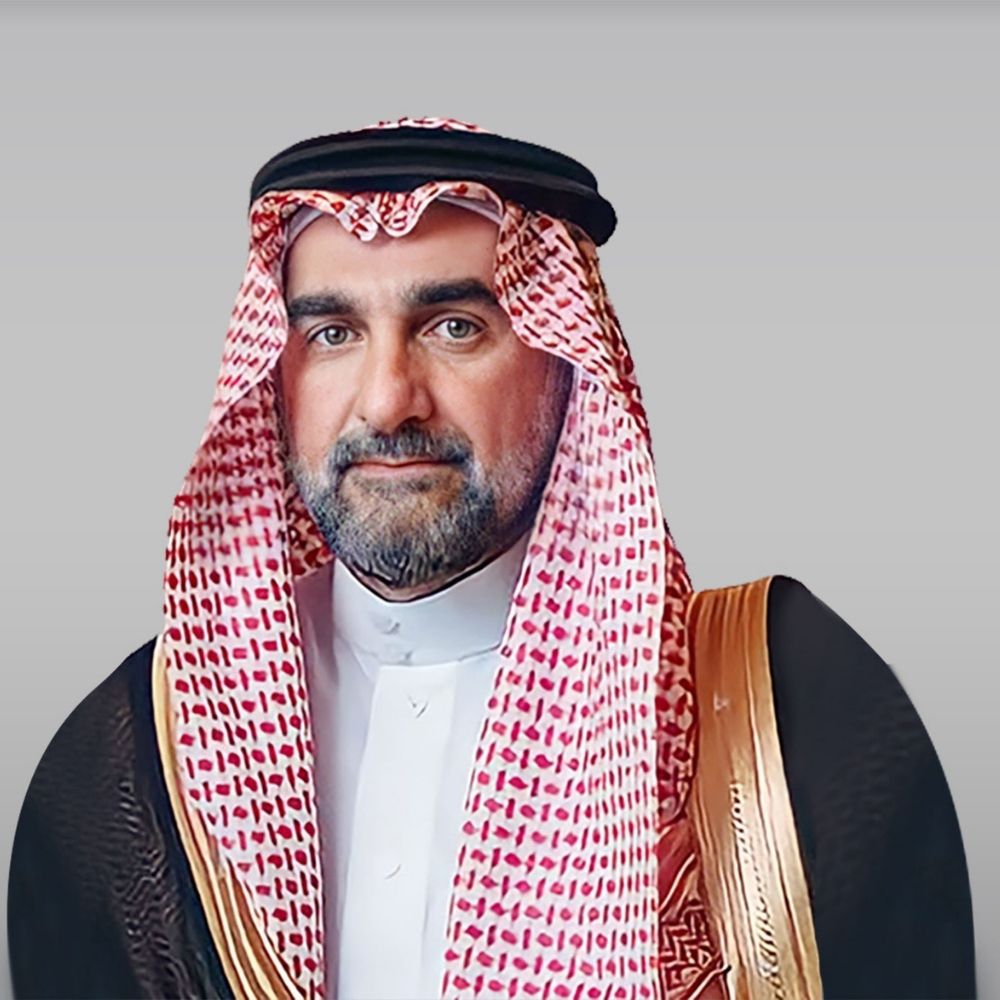
YASIR AL-RUMAYYAN, GOVERNOR, SAUDI ARABIA’S PUBLIC INVESTMENT FUND
Yasir bin Othman Al-Rumayyan is the governor of Saudi Arabia’s Public Investment Fund (PIF), one of the world’s largest sovereign wealth funds with assets exceeding $700 billion.
Under his leadership, PIF has invested heavily in artificial intelligence, robotics, and smart city initiatives, including the ambitious NEOM project—a planned $500 billion futuristic city powered by AI and automation.
Al-Rumayyan also serves as chairman of Saudi Aramco and has helped position Saudi Arabia as a key player in global tech investment. His strategic direction emphasizes long-term innovation and economic diversification, with AI seen as a pillar of the kingdom’s Vision 2030 plan.
Through partnerships with global tech firms and local R&D efforts, Al-Rumayyan is reshaping Saudi Arabia’s role in the AI-driven economy.
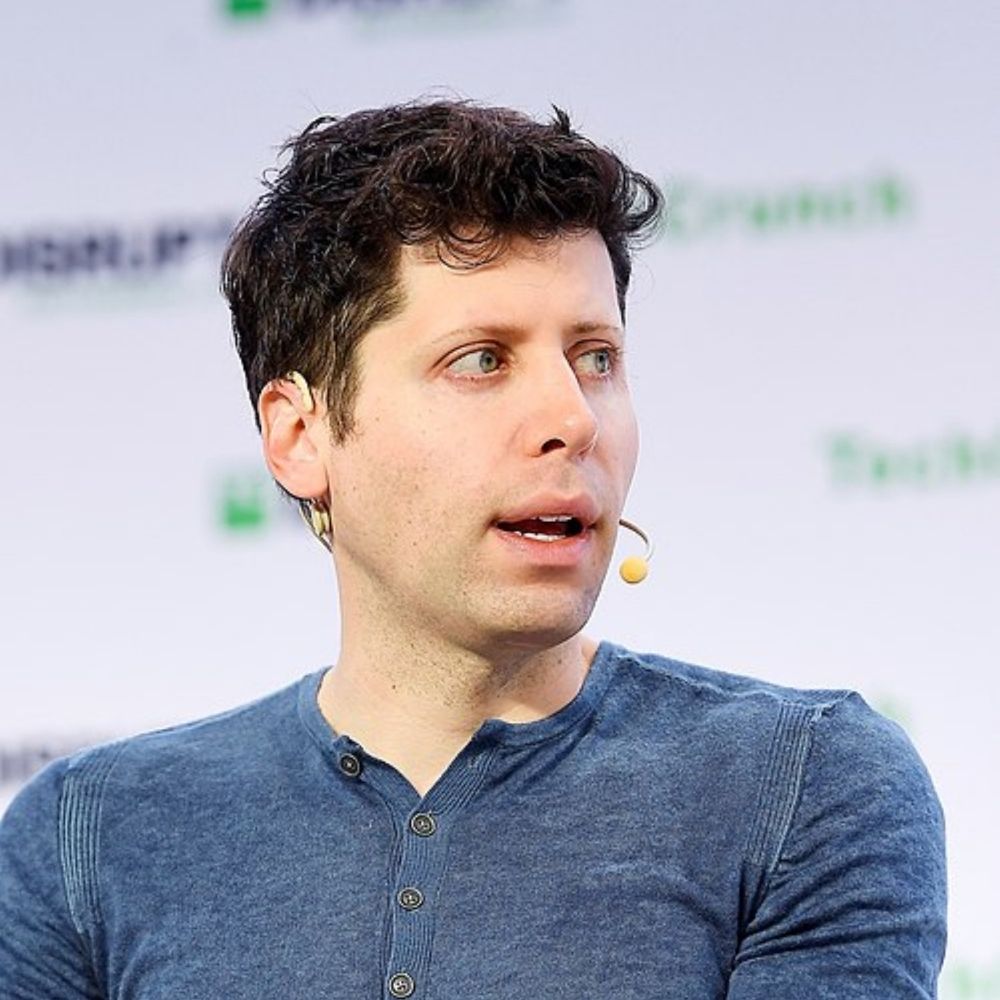
SAM ALTMAN, COFOUNDER & CEO, OPENAI
One of the leading figures of the AI boom, Sam Altman dropped out of Stanford University after two years and founded Loopt, a mobile social networking service.
In 2011, he joined Y Combinator and was its president from 2014 to 2019. In December 2015, he cofounded OpenAI alongside Elon Musk, Jessica Livingston, Peter Thiel, Microsoft, Amazon Web Services, Infosys, and YC Research, with the goal of promoting and developing friendly AI for the benefit of humanity.
In 2017, Altman received an honorary Doctor of Engineering degree from the University of Waterloo in Canada for supporting companies through its Velocity entrepreneurship program.
In 2024, Xfund awarded him the annual Experiment Cup at an event at Harvard University.
In 2023, he was named one of the 100 most influential people in the world and CEO of the Year by Time magazine in 2023 and was on its lists of the 100 most influential people in AI in 2023 and in 2024.
Business week listed Altman as one of the “Best Young Entrepreneurs in Technology” in 2008, and by Forbes magazine as the top investor under 30 in 2015.

DARIO AMODEI, CEO, ANTHROPIC
Dario Amodei is the cofounder and CEO of Anthropic, an AI safety company developing frontier models like Claude.
Formerly the VP of research at OpenAI, Amodei led teams that built GPT-2 and GPT-3 and launched foundational work on reinforcement learning from human feedback (RLHF).
At Anthropic, he emphasizes constitutional AI—a new training technique aimed at aligning models with human values through transparent reasoning processes.
Amodei has a Ph.D. in physics from Princeton and a reputation for building both strong technical teams and frameworks for scalable oversight.
He is a central figure in the safety-focused AI movement, advocating for rigorous evaluation, interpretability, and public-private collaboration in shaping AI’s future.

REFIK ANADOL, AI ARTIST
Refik Anadol is a media artist and pioneer in the use of artificial intelligence to create immersive digital installations. His work transforms data—from weather patterns to brainwaves—into stunning visual art exhibited in museums, architectural spaces, and public arenas around the world.
Anadol’s projects include collaborations with Microsoft, MoMA, and NASA, using generative adversarial networks (GANs) and custom AI models to blur the boundaries between reality, memory, and machine perception.
Through his studio, he pushes the limits of machine creativity and challenges how we define authorship, experience, and emotion in the age of AI.
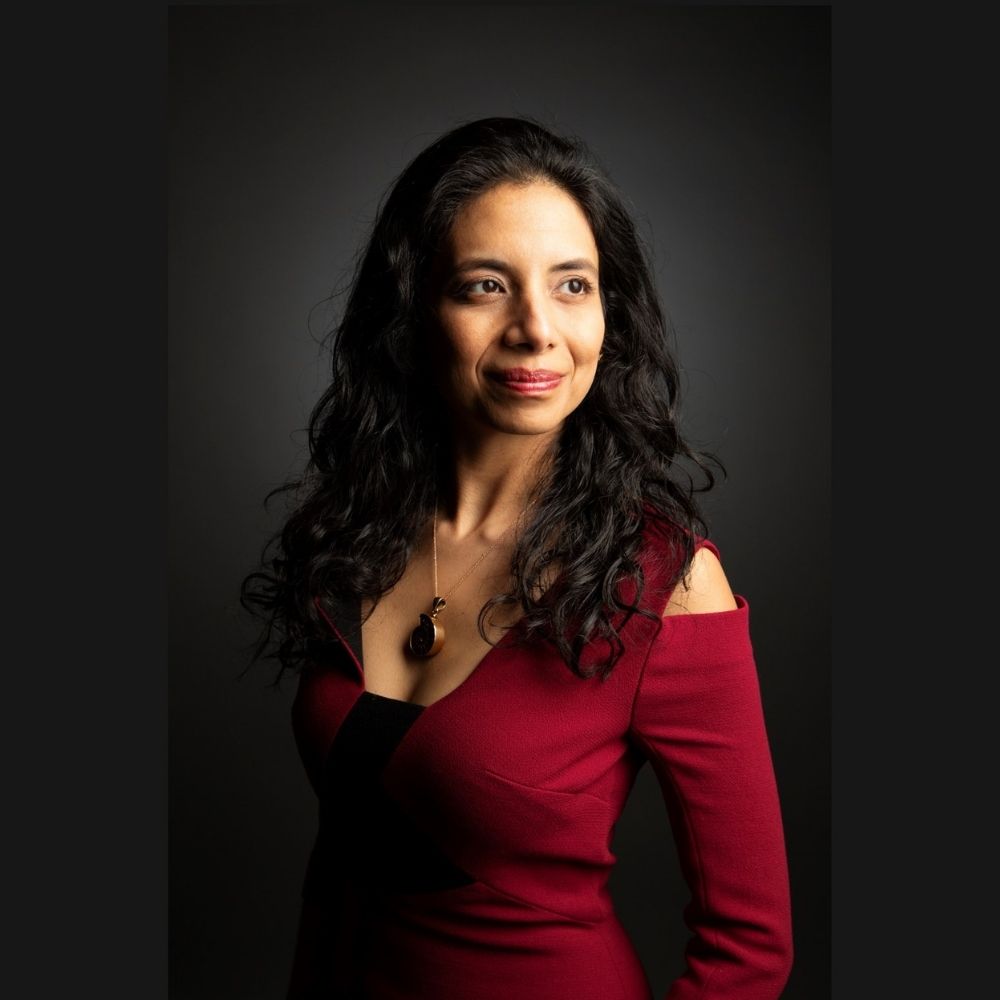
ANIMA ANANDKUMAR, PROFESSOR, CALTECH / DIRECTOR OF ML RESEARCH, NVIDIA
Dr. Anima Anandkumar is the Bren Professor of Computing at Caltech and Director of Machine Learning Research at NVIDIA, where she advances theory and application of large-scale AI systems.
Her research spans tensor algebra, reinforcement learning, and distributed optimization. At NVIDIA, Anandkumar leads efforts on foundational models, simulation, and responsible AI.
She’s a strong advocate for diversity in STEM and has spoken widely on the societal impacts of AI, from surveillance risks to algorithmic bias.
Anandkumar is a fellow of the ACM and IEEE and is considered one of the foremost technical voices shaping AI’s next chapter.
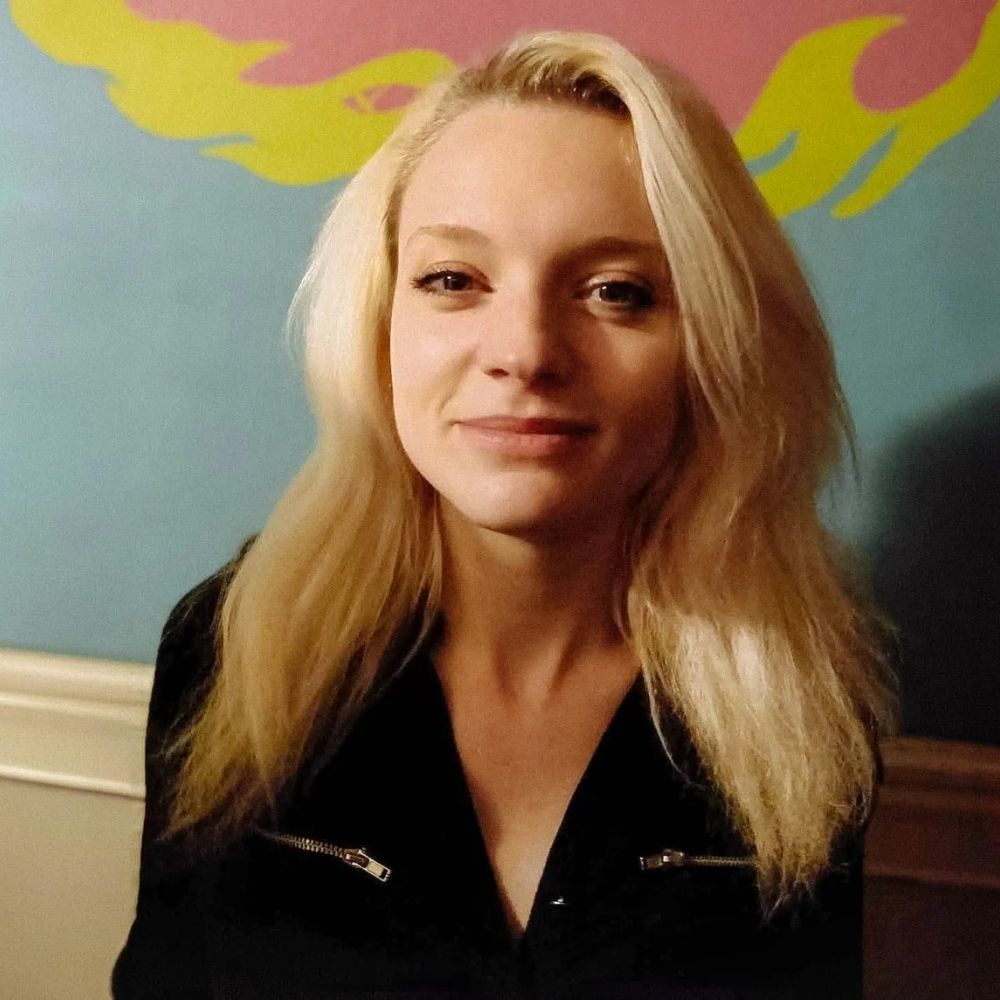
AMANDA ASKELL, MEMBER OF TECHNICAL STAFF, ANTHROPIC
Dr. Amanda Askell is a member of Anthropic’s technical staff and focuses on AI safety, policy, and ethics. With a Ph.D. in philosophy from Rutgers University, Askell’s research examines normative frameworks for assessing model behavior, reinforcement learning from human feedback, and the foundations of moral decision-making in AI.
She co-leads efforts to formalize alignment benchmarks and to evaluate large language models against robust safety criteria. Prior to Anthropic, Askell worked on AI policy at OpenAI and consulted for leading government and nonprofit organizations.
She frequently publishes interdisciplinary work that brings philosophical rigor to practical safety challenges. Askell is a leading voice advocating transparent, community-driven approaches to mitigate risks as AI systems grow in capability.
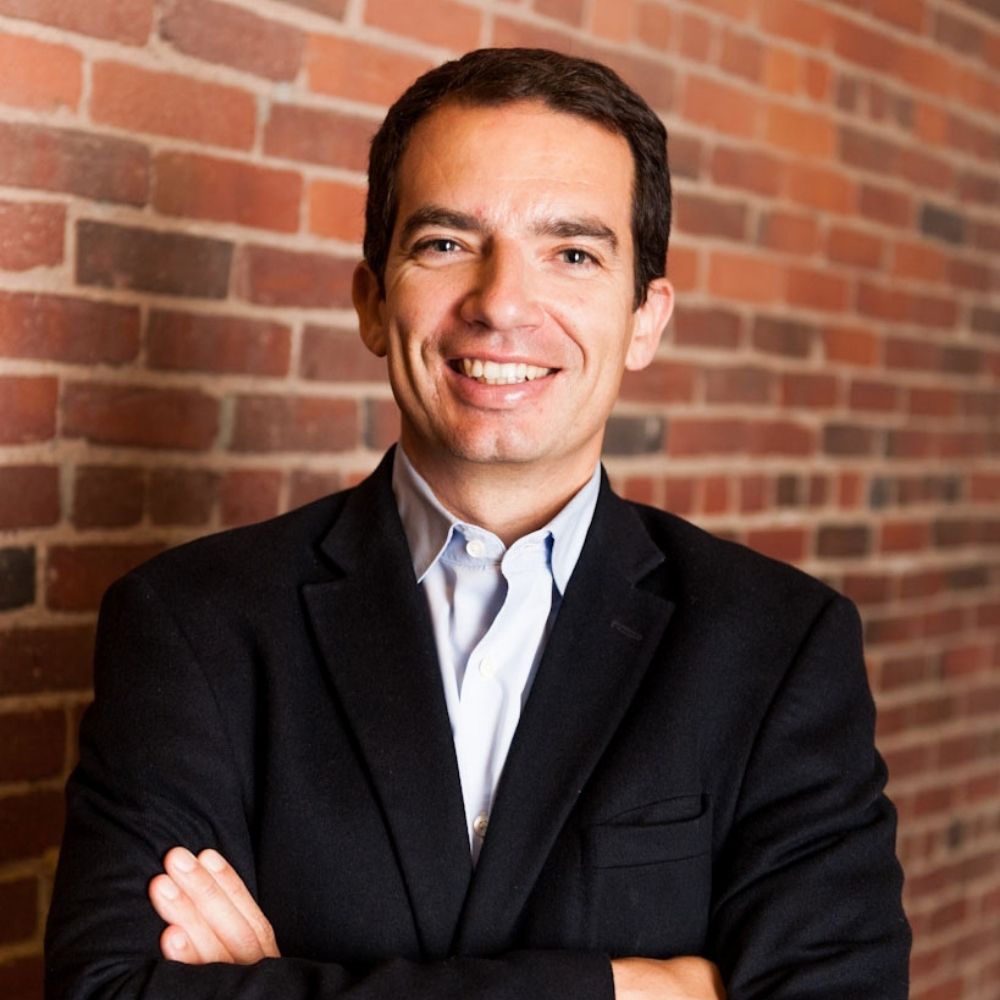
STÉPHANE BANCEL, FOUNDING CEO, MODERNA
French business executive Stéphane Bancel is the CEO of American pharmaceutical and biotechnology company Moderna, known for its COVID-19 vaccine. He is a partner at Flagship Pioneering and has served on the boards of Indigo Agriculture, Boston’s Museum of Science, and Qiagen.
As of May 2023, his net worth was estimated at $4.1 billion, owning about 8% of Moderna. Bancel was a sales director at Eli Lilly and Company, eventually becoming head of operations for Belgium. In 2007, he became CEO of French diagnostics company BioMérieux and was credited with improving the company’s margins.
In 2011, Bancel joined Moderna as the CEO. Stat magazine reported that he led a highly secretive culture with little outside review of its science or research.
Bancel studied engineering at CentraleSupélec (formerly the École Centrale Paris) and biological engineering at the University of Minnesota, earning master’s degrees at both institutions. He went on to earn an MBA from Harvard Business School.

BETH BARNES, FOUNDER & CEO, MODEL EVALUATION AND THREAT RESEARCH (METR)
Beth Barnes is the founder, CEO, and head of research at METR, an independent lab specializing in model evaluation, threat modeling, and adversarial testing for generative AI systems. With a background in security engineering and applied cryptography, Barnes previously led testing teams at major tech firms, uncovering vulnerabilities in deployed models.
She established METR to offer standardized, rigorous stress-testing services, covering everything from prompt injection and data poisoning to bias audits and robustness assessments. Under her leadership, METR collaborates with academia, industry, and government to define evaluation benchmarks that anticipate emerging risks.
Barnes is a frequent speaker at security and AI conferences, advocating for proactive evaluations and transparent reporting to ensure AI systems are safe before they’re scaled.
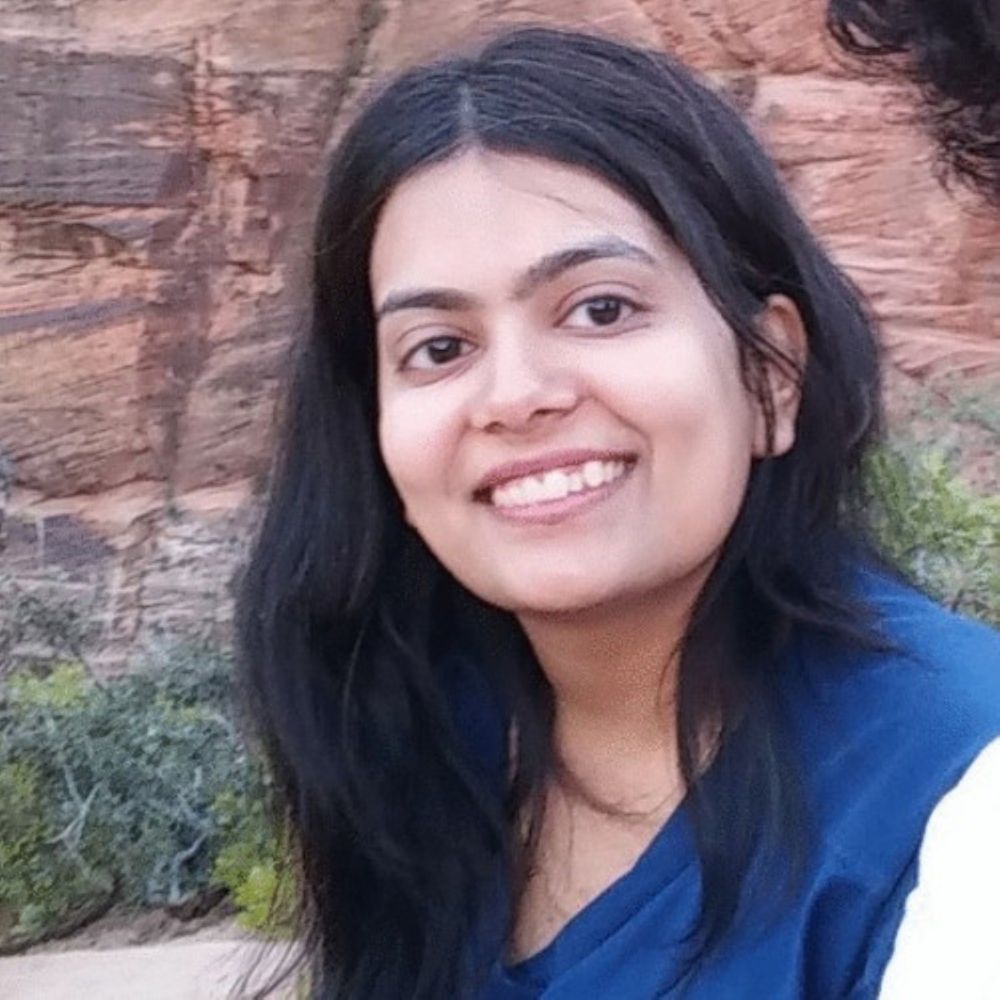
SOUMYA BATRA, BUILDING SOMETHING NEW AT META
Soumya Batra is co-author of Llama 3 and Llama 2, Meta’s artificial intelligence, and has 11 years of experience in natural language processing. Her journey spans from her master’s degree at Carnegie Mellon to industry roles at Microsoft and Meta.
She has worked across classical machine learning and large language models, focusing on conversational AI, multi modal AI, data efficiency, evaluation, and safety. She has contributed to products like virtual assistants, Reality Labs, and the Llama AI models.
Batra is currently an independent researcher, exploring sustainable and energy-efficient AI models in India. She also serves as an advisor to an EdTech start-up (stealth) and founder of Tech for the Good-India Initiative, which builds tech products for societal improvements in India.
In 2024, she was listed as a H2O Top 100 AI thought leader.
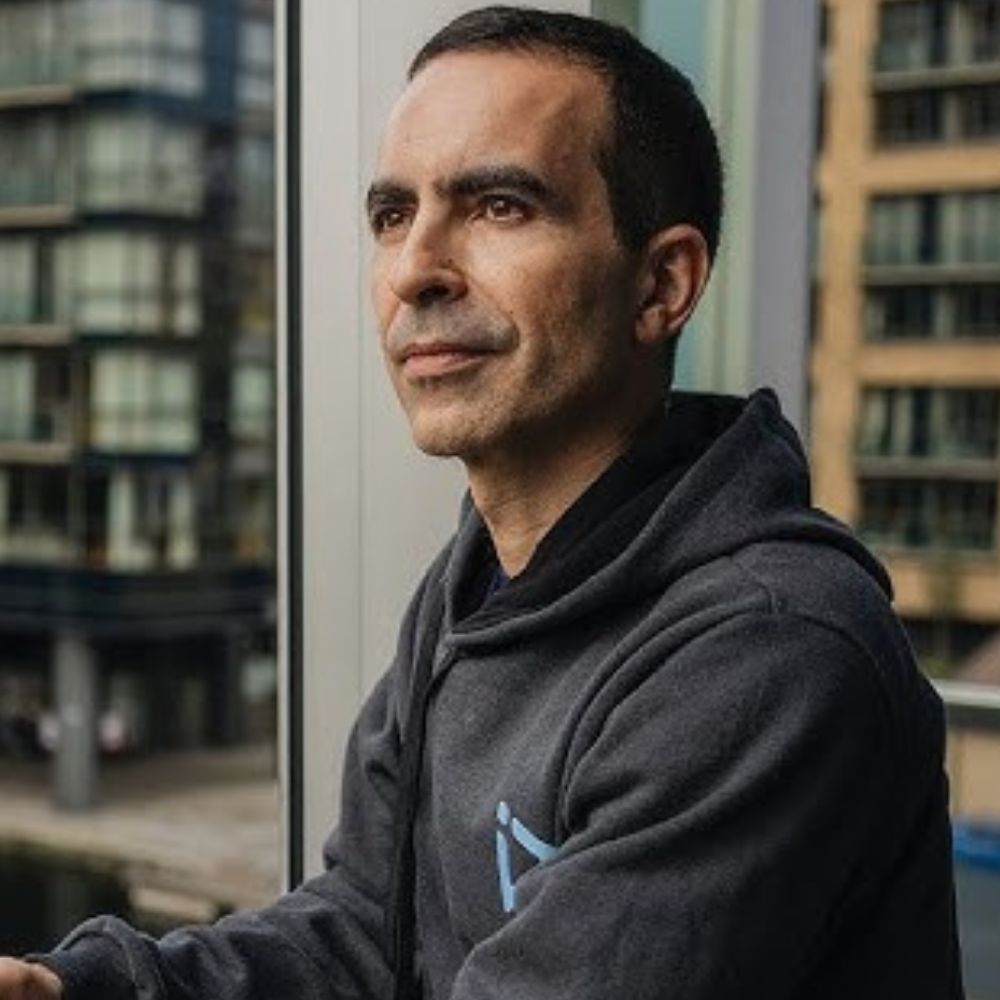
KARIM BEGUIR, CEO, INSTADEEP
Karim Beguir is the cofounder and CEO of InstaDeep, an AI company specializing in decision-making systems for logistics, biotech, and autonomous operations. With offices across Africa, Europe, and the Middle East, InstaDeep was acquired by BioNTech in 2023 to accelerate drug discovery using reinforcement learning.
Beguir, a Tunisian-French entrepreneur, is known for championing AI talent in emerging markets and scaling real-world applications in complex environments. He has partnered with Google DeepMind, Nvidia, and the African Union, pushing for a more inclusive and applied AI ecosystem.
His work proves that innovation can thrive far beyond Silicon Valley.
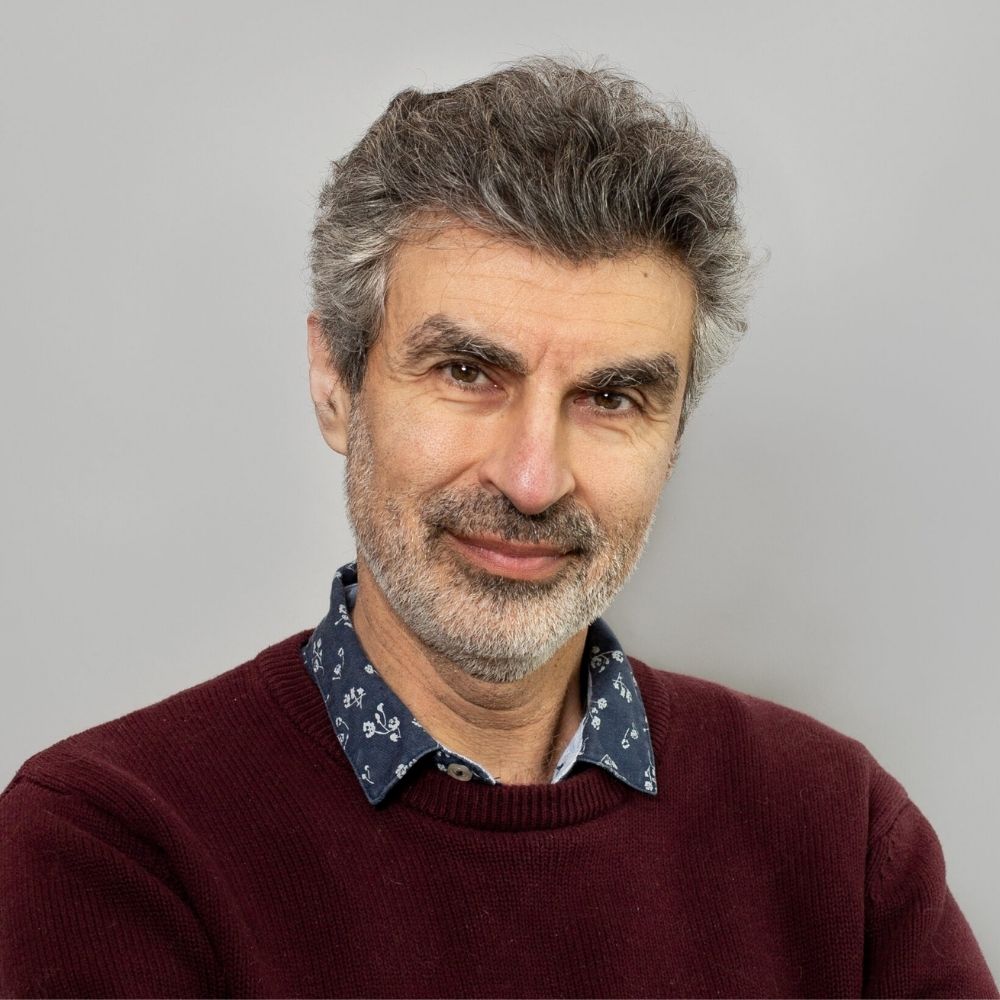
YOSHUA BENGIO, FOUNDER AND SCIENTIFIC DIRECTOR, MILA – QUEBEC AI INSTITUTE
Yoshua Bengio is a professor at the Université de Montréal, founder and scientific director of Mila, and recipient of the 2018 Turing Award for pioneering deep learning.
His research on neural networks, sequence models, and unsupervised learning laid the groundwork for today’s breakthroughs in computer vision, speech recognition, and language understanding.
At Mila, Bengio leads multidisciplinary teams advancing both theoretical foundations and practical applications of AI, with a strong emphasis on ethical considerations and societal impact.
He cofounded the Montréal Declaration on Responsible AI, promoting human-centric principles for development and governance.
Bengio continues to shape global AI policy and education, mentoring the next generation of researchers committed to building safe, transparent, and beneficial artificial intelligence.
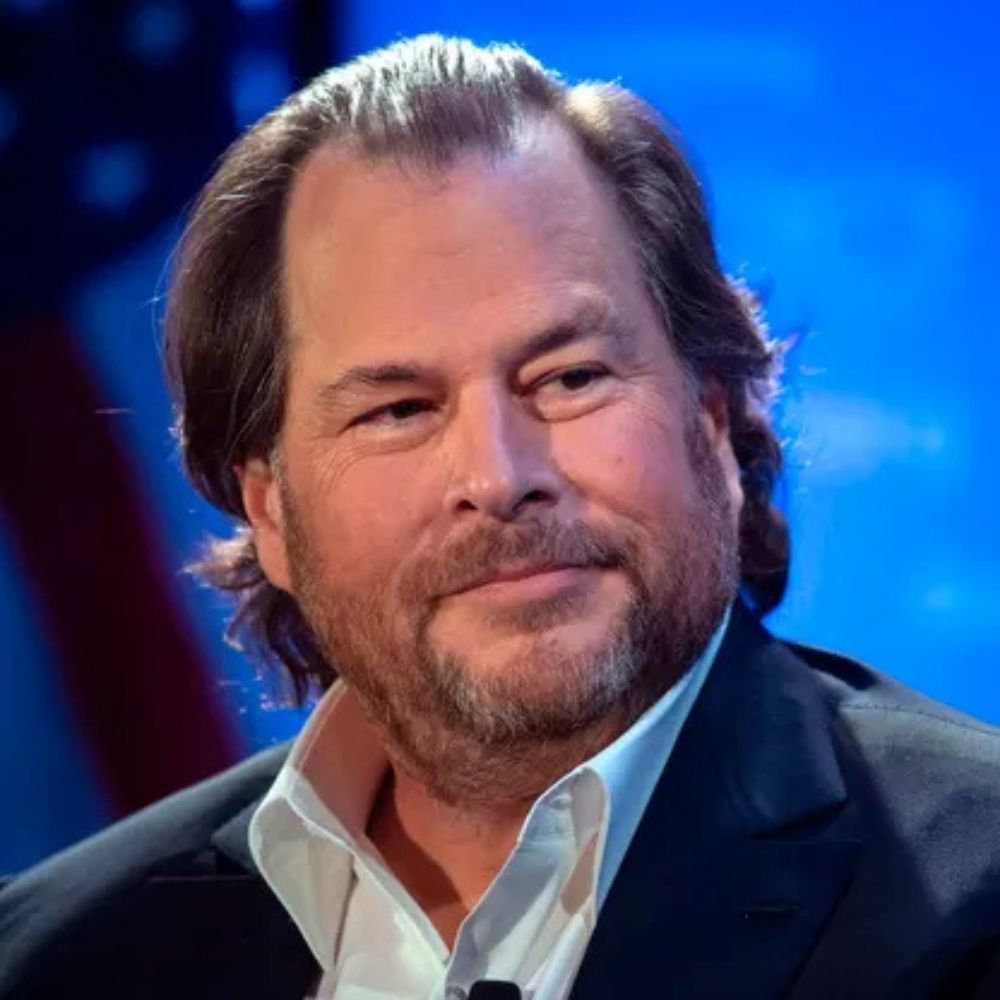
MARC BENIOFF, CO FOUNDER, CHAIRMAN & CEO, SALESFORCE
Marc Benioff is co founder and CEO of Salesforce and owns Time magazine. He published Time’s AI 100, a list of the most influential people, in 2023 and 2024. Benioff left Oracle to start Salesforce in 1999. As of 2024, Salesforce is one of the biggest employers in San Francisco.
Marc and his wife, Lynne, bought Time magazine in 2018 and started Time Ventures to fund multiple companies, including Commonwealth Fusion Systems. Benioff was named one of the “Best CEOs in the World” by Barron’s, and received The Economist’s Innovation Award. Fortune voted him “Businessperson of the Year” and one of the “World’s 50 Greatest Leaders.”
He was on The Chronicle of Philanthropy’s Top 50 list for the 10th time in 2024. He founded Salesforce Foundation and is a leader in corporate philanthropy.
Benioff has co-written four books, including Trailblazer: The Power of Business as the Greatest Platform for Change.
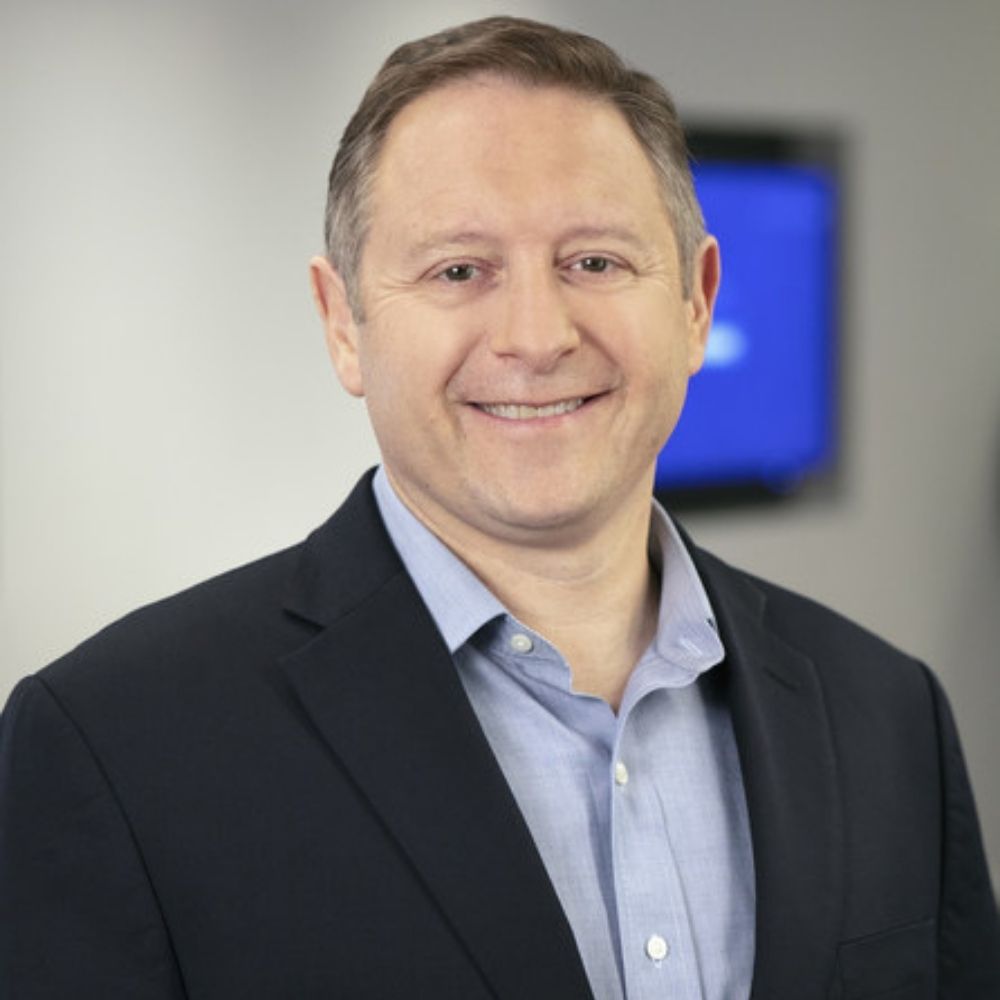
JASON BIRNBAUM,
CHIEF INNOVATION OFFICER, UNITED AIRLINES
Chief Innovation Officer Jason Birnbaum leads efforts to integrate artificial intelligence and digital tools into United Airlines’ operations and customer experience. With a background in product management and technology transformation, Birnbaum has overseen AI-powered applications that improve baggage tracking, predictive maintenance, and personalized customer communication.
Under his leadership, United Airlines has launched industry-first innovations such as ConnectionSaver, an AI tool that helps passengers make tight connections. Birnbaum’s work reflects a commitment to using technology not just for efficiency but also to reimagine how people experience travel.
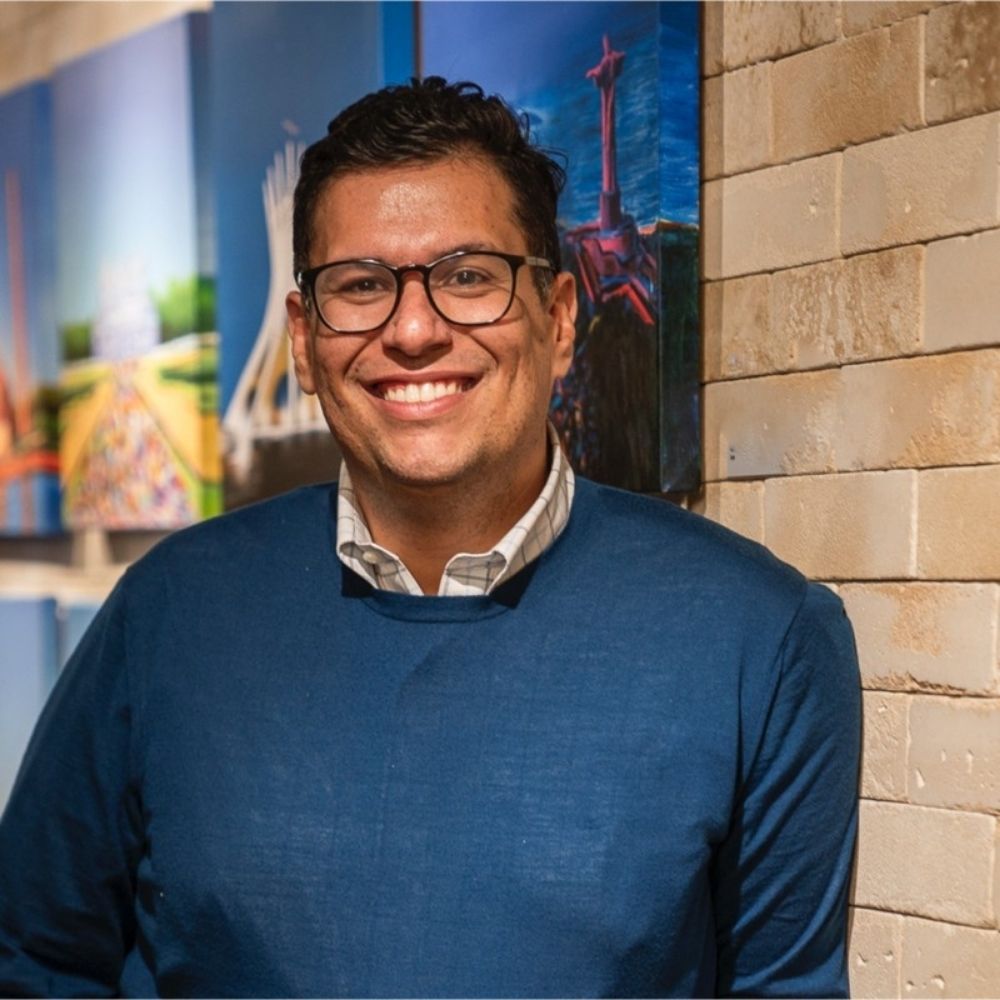
RAFAEL CAVALCANTI,
AI THOUGHT LEADER
Rafael Cavalcanti is a recognized leader in data science and artificial intelligence, named one of the Top 100 Innovators in Data and Analytics in 2023. With a background in systems engineering and enterprise AI, he focuses on scalable, explainable, and business-aligned solutions.
Cavalcanti has led AI adoption strategies across global enterprises, championing responsible data practices and cross-functional collaboration. A frequent speaker at international conferences, he advocates for AI that delivers tangible value while upholding transparency and ethical standards.
His work bridges emerging AI research with practical applications in industries such as finance, supply chain, and public policy.

FRANÇOIS CHOLLET,
SOFTWARE ENGINEER, GOOGLE
François Chollet is a software engineer at Google and the creator of Keras, one of the most widely adopted deep learning libraries. He is also the author of Deep Learning with Python, a bestselling textbook that has educated a generation of machine learning practitioners.
Chollet is known for championing accessible and interpretable AI tools. His research focuses on model generalization, abstraction, and reasoning. His “Abstraction and Reasoning Corpus” became an influential benchmark for evaluating general intelligence in machine learning.
A vocal critic of hype-driven narratives, Chollet advocates for grounded, rigorous discourse on AI’s capabilities and limitations. His work continues to shape both academic research and real-world ML applications.
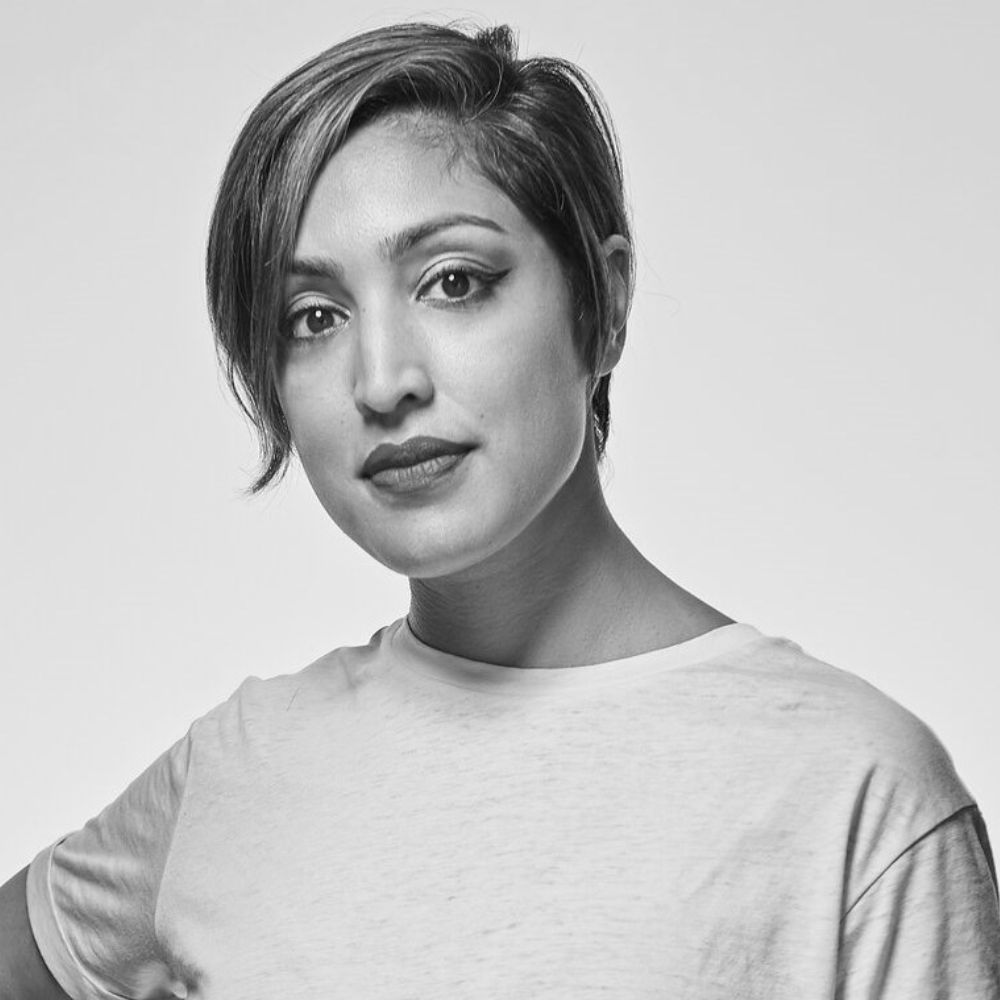
RUMMAN CHOWDHURY,
AI HUMANE INTELLIGENCE, INVESTOR, TIME 100 AI, EX-TWITTER, AND ACCENTURE
Dr. Rumman Chowdhury is a pioneer in the field of applied algorithmic ethics, creating cutting-edge socio technical solutions for ethical, explainable, and transparent AI. She is a research affiliate at the Minderoo Center for Democracy and Technology at Cambridge University and a visiting researcher at the NYU Tandon School of Engineering.
Previously, she was Director of Twitter’s META team, where she led a group of applied researchers and engineers to identify and mitigate algorithmic harm on the platform. Before that, she was CEO and founder of Parity, an enterprise algorithmic audit platform. Earlier in her career, she served as Global Lead for Responsible AI at Accenture Applied Intelligence, where she developed the Fairness Tool—an industry-first algorithmic tool to detect and reduce bias in AI systems.
Chowdhury has been named by Forbes as one of the five people shaping the future of AI. Her work continues to influence the ethical development of artificial intelligence across sectors.

PIOTR DABKOWSKI,
COFOUNDER AND CTO, ELEVENLABS
Piotr Dabkowski is the cofounder and chief technology officer of ElevenLabs, a leading AI voice synthesis company known for its ultra-realistic and multilingual voice models. Previously a machine learning engineer at Google, Dabkowski’s technical expertise spans generative modeling, language processing, and speech technologies.
At ElevenLabs, he helped pioneer tools that allow anyone to create lifelike voiceovers in dozens of languages—fueling innovation in entertainment, accessibility, and content creation. Dabkowski’s work addresses key challenges in prosody, intonation, and emotion in text-to-speech generation.
As AI audio becomes more prevalent in gaming, film, and news, Dabkowski is shaping the future of how machines—and people—find their voices.

CLÉMENT DELANGUE,
COFOUNDER & CEO, HUGGING FACE
Clément Delangue is the cofounder and CEO of Hugging Face, the company behind the world’s most popular open-source platform for machine learning models.
Under Delangue’s leadership, Hugging Face has championed transparency and collaboration in AI development, providing public access to thousands of pre-trained models and datasets. The company has partnered with leading research labs, governments, and enterprises to advance ethical and reproducible AI.
Delangue is one of the most vocal advocates for open science in AI, believing that the future of machine learning should be built collectively—with inclusivity, responsibility, and global participation at its core.
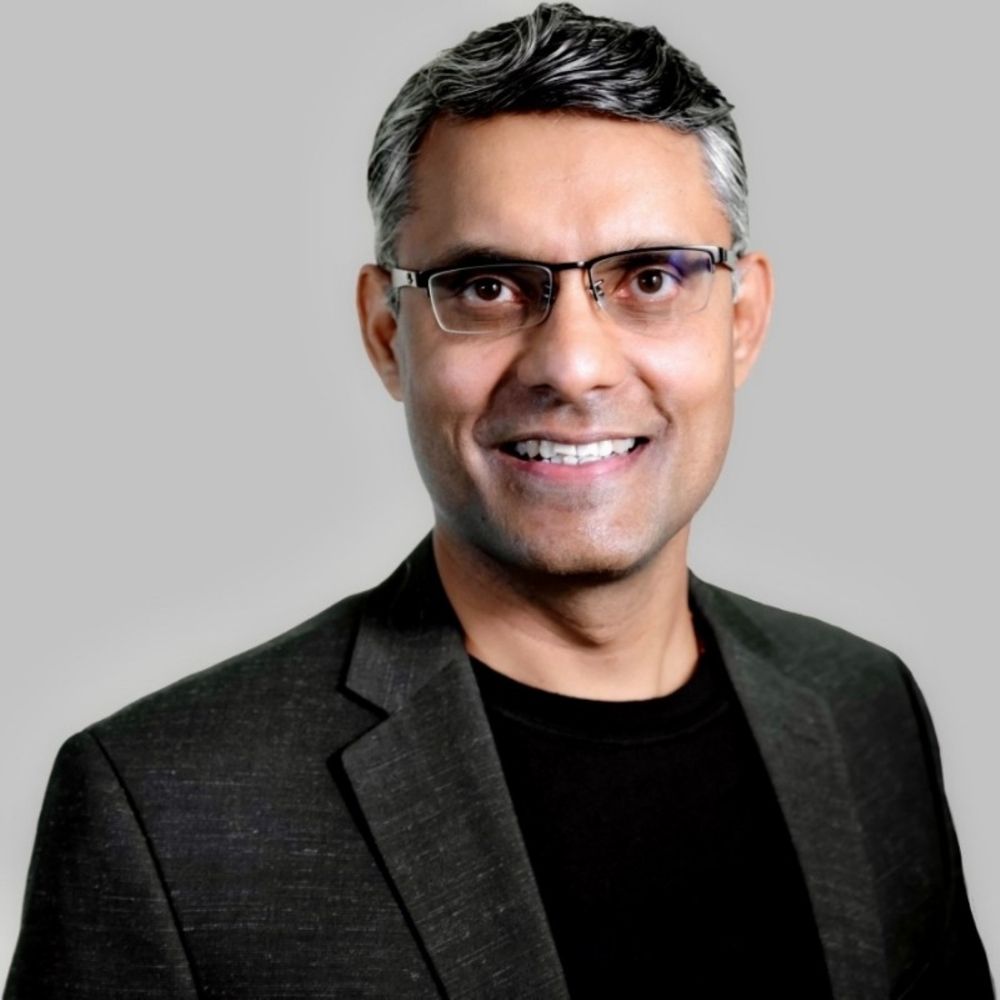
SASTRY DURVASULA,
CHIEF OPERATING, INFORMATION & DIGITAL OFFICER, TIAA
Sastry Durvasula is the chief operating, information, and digital officer at TIAA. He oversees the four connected pillars of the company globally: technology, digital and client experience, operations, and shared services.
He is responsible for leading TIAA’s operating strategies and enterprise-wide capabilities to power business growth, scale innovation and client impact, drive business operational excellence, and accelerate transformation.
His responsibilities also include enterprise AI, data and analytics, Client Tech Labs, and strategic partnerships across retirement, wealth management, and asset management businesses.
Durvasula serves on the board of TIAA India and acts as a strategic advisor to TIAA Ventures. The executive sponsor of Achieve, TIAA’s Business Resource Group advancing women, he launched Achieve in AI.
He previously served on the board of global nonprofit Girls in Tech and championed industry-wide initiatives focused on women in tech, including ReWRITE.
Prior to TIAA, Durvasula served as the global chief technology and digital officer and partner at McKinsey & Company and held executive and global technology leadership roles at Marsh and American Express.
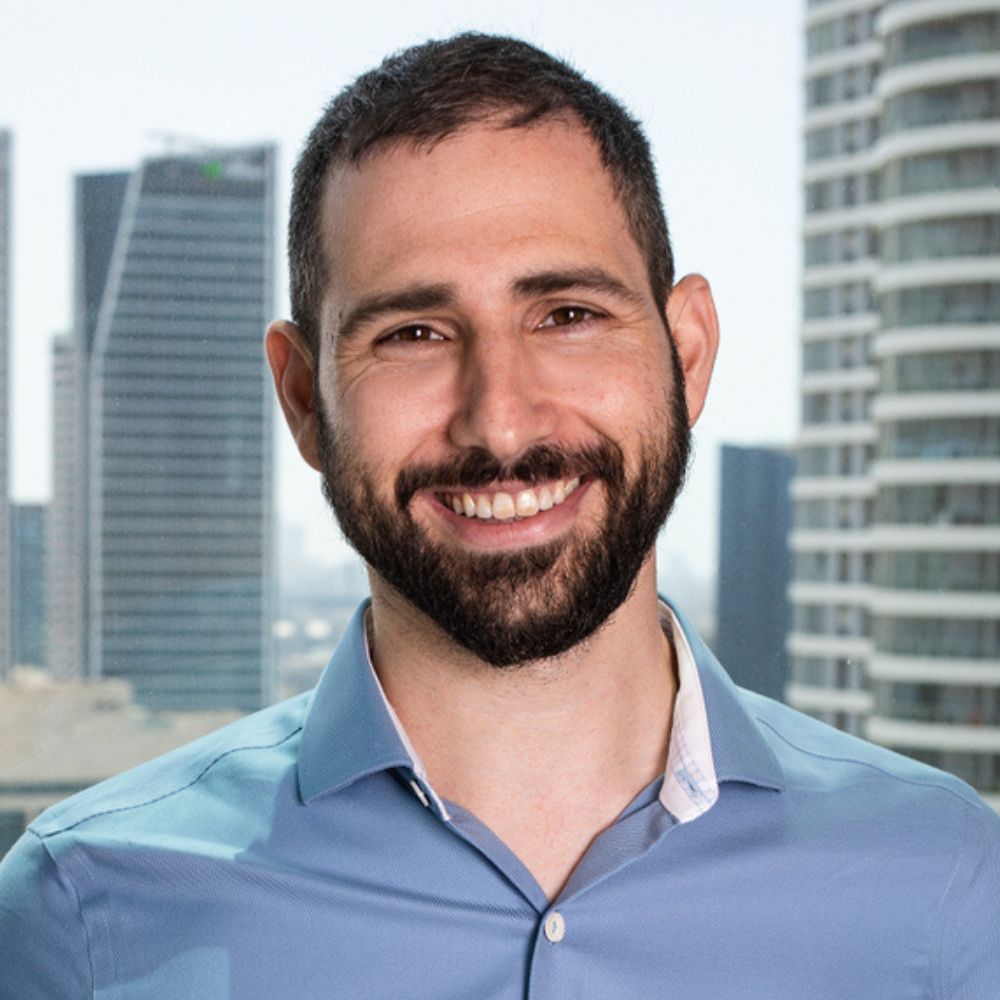
ZACK DVEY-AHARON,
COFOUNDER, AEYE HEALTH
Zack Dvey-Aharon founded AEYE Health, an AI-powered screening system which reduces diagnosis of diabetic retinopathy to a minute, via a handheld camera and a single image of each retina, without the need for a physician.
The AEYE-DS system received FDA approval in April 2023 and is currently in use in hundreds of locations across the United States. Its low cost and portability could make this screening accessible to millions of people worldwide who need it.
AEYE Health collaborated with partners to expand the technology’s availability and make it payable by patients’ insurance.
Screening for diabetic retinopathy is only the start of what AEYE Health hopes to achieve. AEYE Health is working on using AI to screen for a wider range of conditions, including cardiovascular disease, glaucoma, and hypertension.
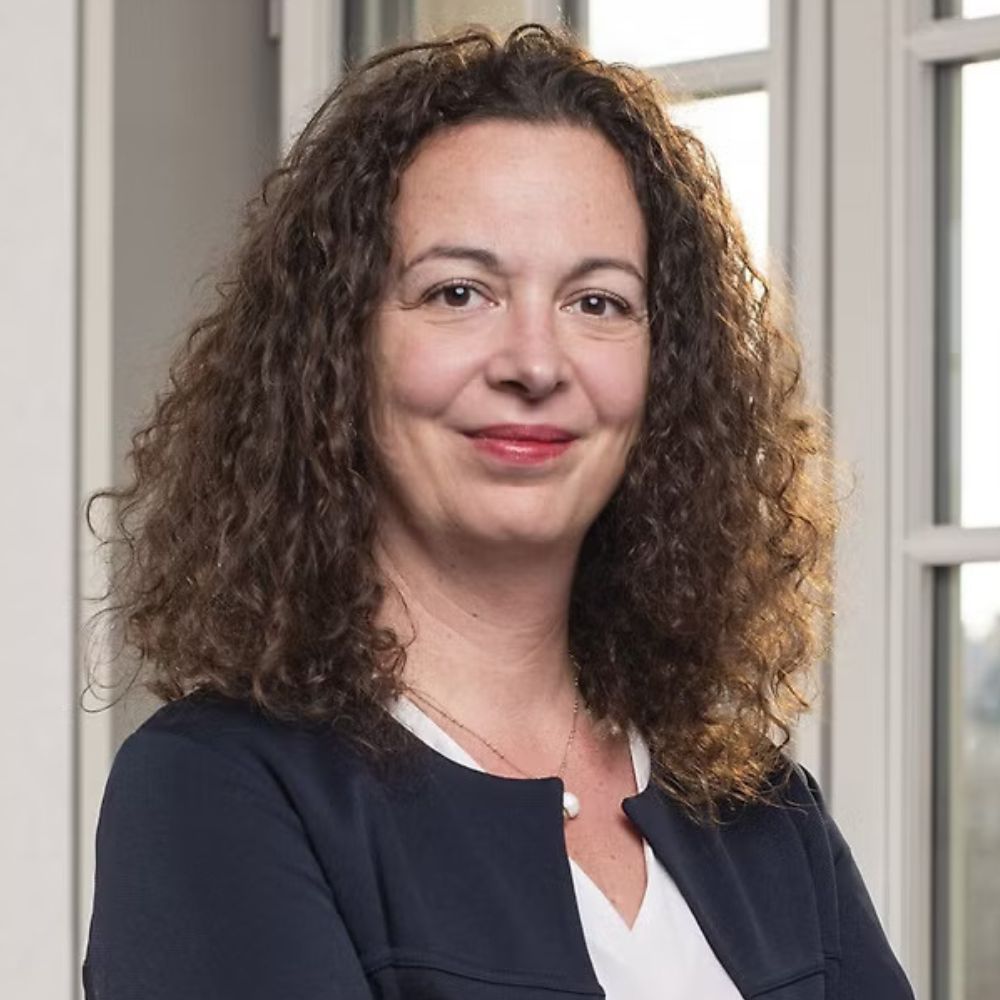
NOÉMIE ELLEZAM,
HEAD OF AI, SOCIÉTÉ GÉNÉRALE
Noémie Ellezam is the head of artificial intelligence at Société Générale, one of Europe’s largest financial institutions. She leads AI integration across business units, driving innovation in areas such as fraud detection, risk modeling, and customer personalization.
With a background in engineering and applied data science, Ellezam also oversees the bank’s AI ethics and governance frameworks. She advocates for explainable, fair AI in finance and has played a key role in shaping internal policies that align with the European Union’s AI regulations.
Her leadership bridges cutting-edge technology and responsible financial services.
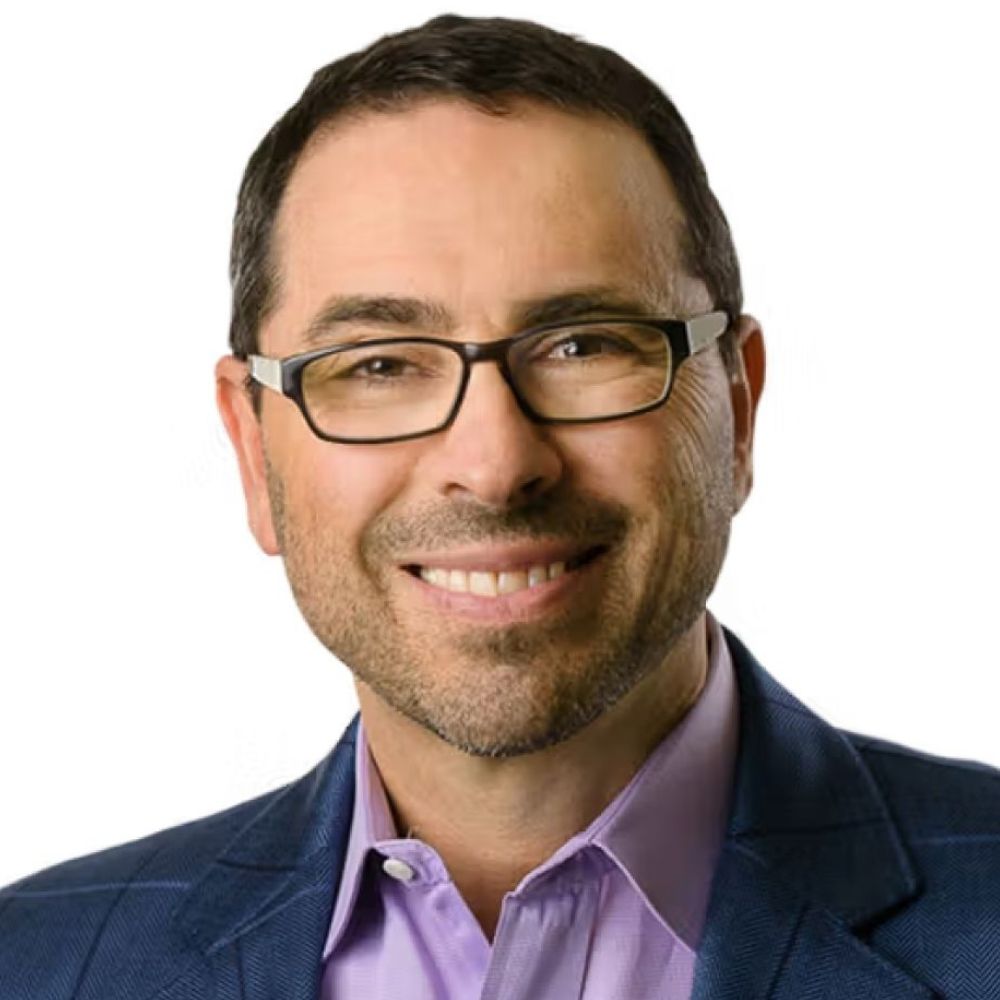
ANDREW FELDMAN,
CEO AND FOUNDER, CEREBRAS SYSTEMS
Andrew Feldman is the founder and CEO of Cerebras Systems Inc., a company known for developing the world’s largest AI chip—the Wafer Scale Engine. Prior to Cerebras, Feldman cofounded SeaMicro, which was acquired by AMD for $334 million in 2012.
At Cerebras, he leads a team focused on radically increasing AI model training speed and efficiency through hardware innovation. The company’s chip technology enables training of models like GPT and BERT orders of magnitude faster than traditional GPUs.
Feldman’s work is instrumental in scaling up large AI models, solving bottlenecks in computation, and advancing deep learning research. He is widely recognized as a pioneer in specialized hardware systems tailored for artificial intelligence.
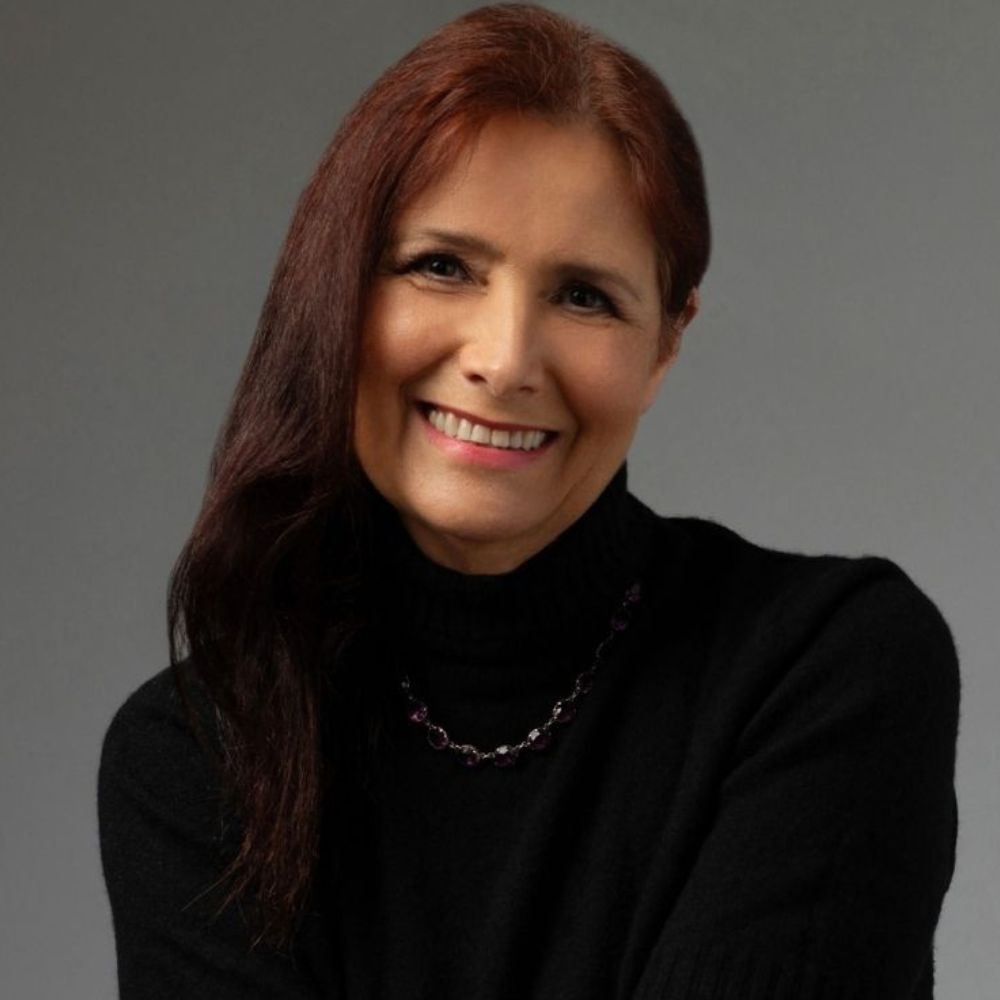
KAY FIRTH-BUTTERFIELD,
CEO, GOOD TECH ADVISORY LLC
Kay Firth-Butterfield is a globally recognized expert in AI ethics, governance, and human rights. Formerly the head of AI and machine learning at the World Economic Forum, she now leads policy initiatives at the Responsible AI Institute and advises governments and tech companies on ethical deployment.
With a background in law and international relations, Firth-Butterfield has worked on frameworks for trustworthy AI, particularly in healthcare, justice, and education. She is a member of global AI advisory boards, including UNESCO and the Organisation for Economic Co-operation and Development.
Her work champions inclusive, rights-based approaches to AI development and has helped shape how ethical standards are defined and enforced.

NAT FRIEDMAN,
INVESTOR AND ENTREPRENEUR
Nathaniel Dourif Friedman is an entrepreneur and investor known for bridging open-source software and commercial AI innovation. He served as CEO of GitHub after its acquisition by Microsoft, leading the platform’s growth and integration of AI tools like Copilot, and is the former chairman of the GNOME Foundation.
A longtime supporter of open AI research, Friedman now invests in frontier AI start-ups through his venture capital firm, backing companies like Perplexity and Replit. He is also the co-creator of AI grant platform Arc.
Friedman’s approach combines developer empowerment with a belief in open access and decentralized innovation. He remains an influential figure in the startup ecosystem, championing founders building foundational tools for the AI era.
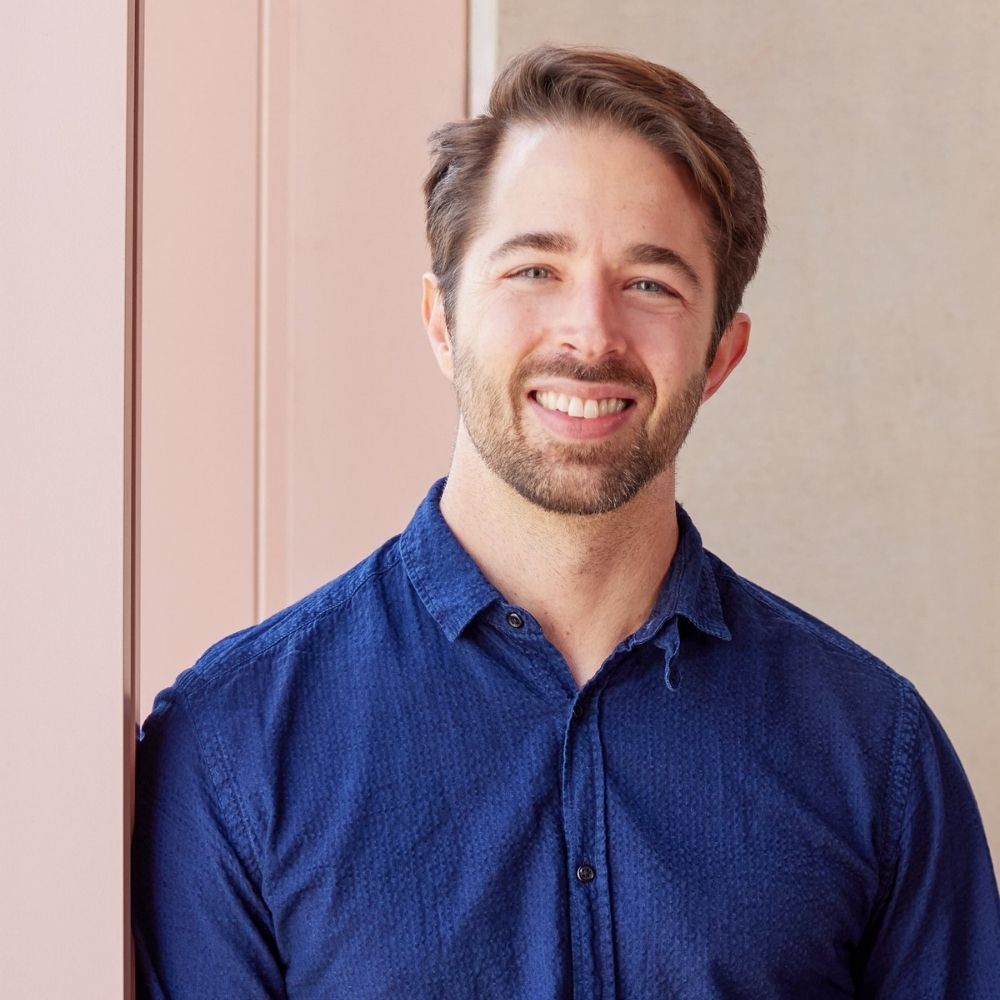
IASON GABRIEL,
RESEARCH SCIENTIST, GOOGLE DEEPMIND
Iason Gabriel is a research scientist whose work bridges technical AI research and ethical and societal considerations. With a background in philosophy and cognitive science, Gabriel explores how autonomous systems can respect human norms and promote fairness.
He has coauthored influential papers on value alignment, multi-agent cooperation, and the governance of AI technologies. At Deep Mind, Gabriel contributes to projects on robust decision-making and evaluation frameworks that assess the societal impacts of large-scale models.
He often collaborates with interdisciplinary teams, integrating insights from social sciences into algorithm design. Gabriel’s scholarship, published in top journals and conferences, shapes policy conversations around trustworthy AI and the responsible deployment of advanced systems.
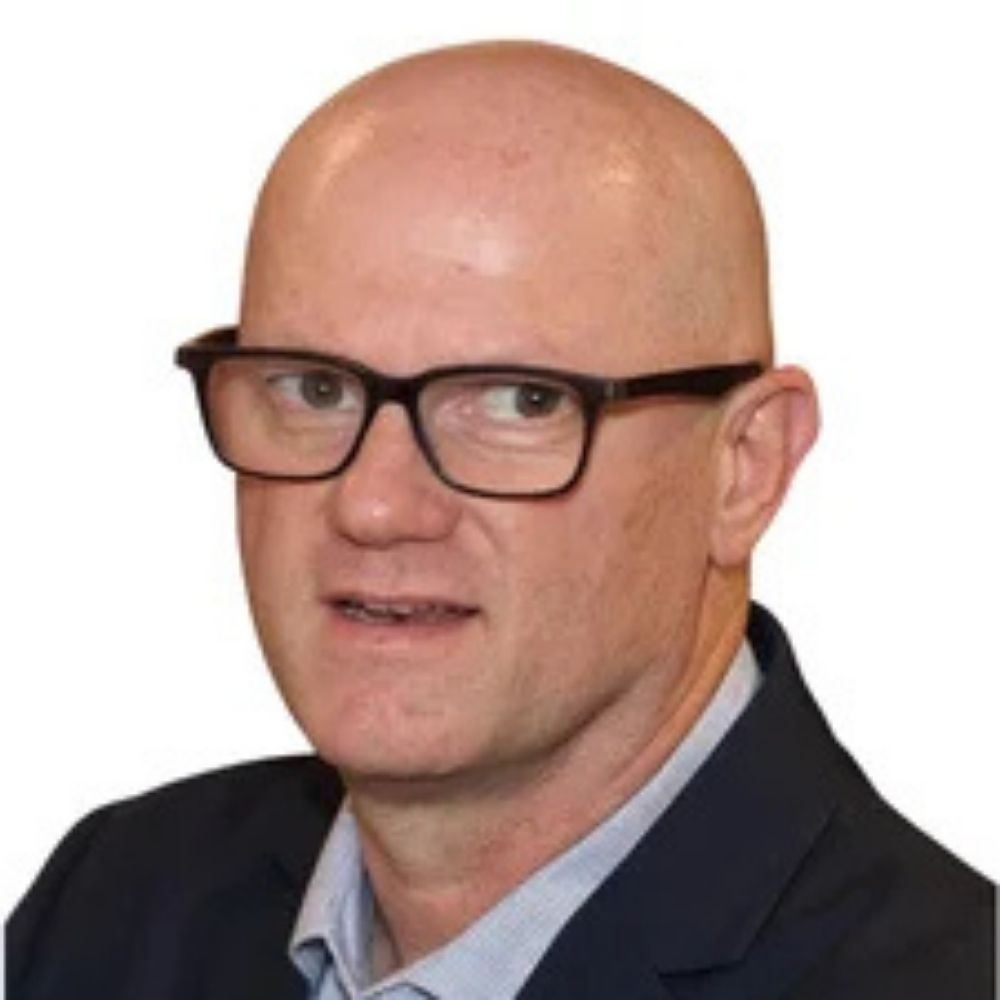
KFIR GODRICH,
CHIEF INNOVATION OFFICER, BLACKROCK
Chief Innovation Officer Kfir Godrich of BlackRock leads the global investment giant’s technology-forward strategy, including AI and data science initiatives. With a background in software engineering and data architecture, Godrich oversees the integration of machine learning into portfolio management, risk analytics, and operational efficiency.
He plays a key role in the development of Black Rock’s Aladdin® platform, one of the most sophisticated financial analytics systems in the world. Godrich is a thought leader in AI adoption in the financial sector, promoting responsible AI practices that maintain human oversight while maximizing insight, automation, and scale.
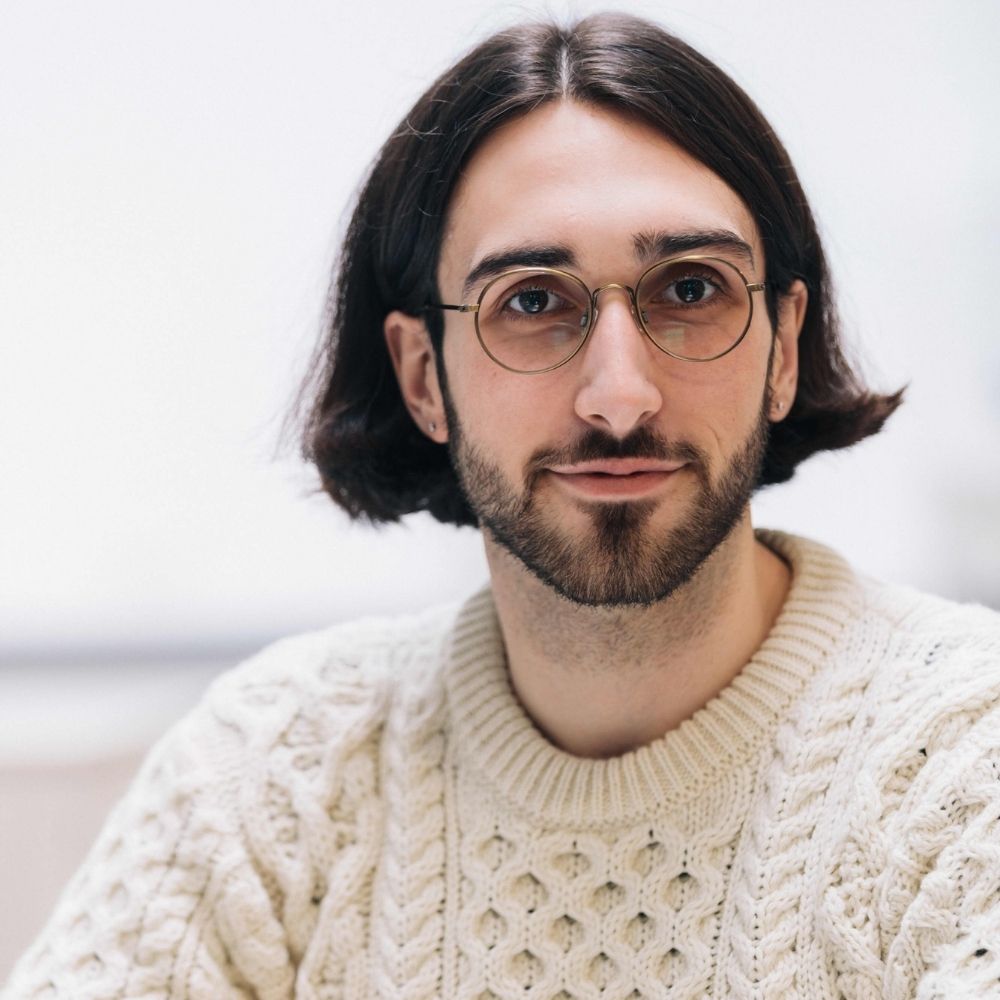
AIDAN GOMEZ,
CEO, COHERE
Aidan Gomez is the co founder and CEO of Cohere, a leading provider of large language models and enterprise AI solutions. Formerly a researcher at Google Brain, Gomez co-authored the seminal paper “Attention is All You Need,” which introduced the transformer architecture—now the foundation for virtually all generative AI systems.
At Cohere, he champions open access to foundational models, helping organizations build custom AI solutions securely and efficiently. Gomez is a vocal advocate for privacy-respecting, decentralized AI infrastructure and continues to influence the conversation around safe and scalable LLM deployment in commercial settings.

KATJA GRACE,
COFOUNDER & LEAD RESEARCHER, AI IMPACTS
Katja Grace is the cofounder and lead researcher at AI Impacts, a think tank dedicated to understanding the global effects of AI progress. With an academic background in philosophy and economics from Carnegie Mellon University, Grace investigates timelines to transformative AI, the impact of automation on labor markets, and the broader social consequences of rapid technological change.
Her influential reports on AI forecasting and “overnight” capability shifts inform policymakers, researchers, and philanthropic funders. Grace also collaborates with the Future of Humanity Institute, producing data-driven analyses that help shape debates around AI regulation and preparedness.
Through AI Impacts, she champions open data practices, making research publicly accessible to support informed, collaborative approaches to governance and risk mitigation in the face of accelerating AI development.
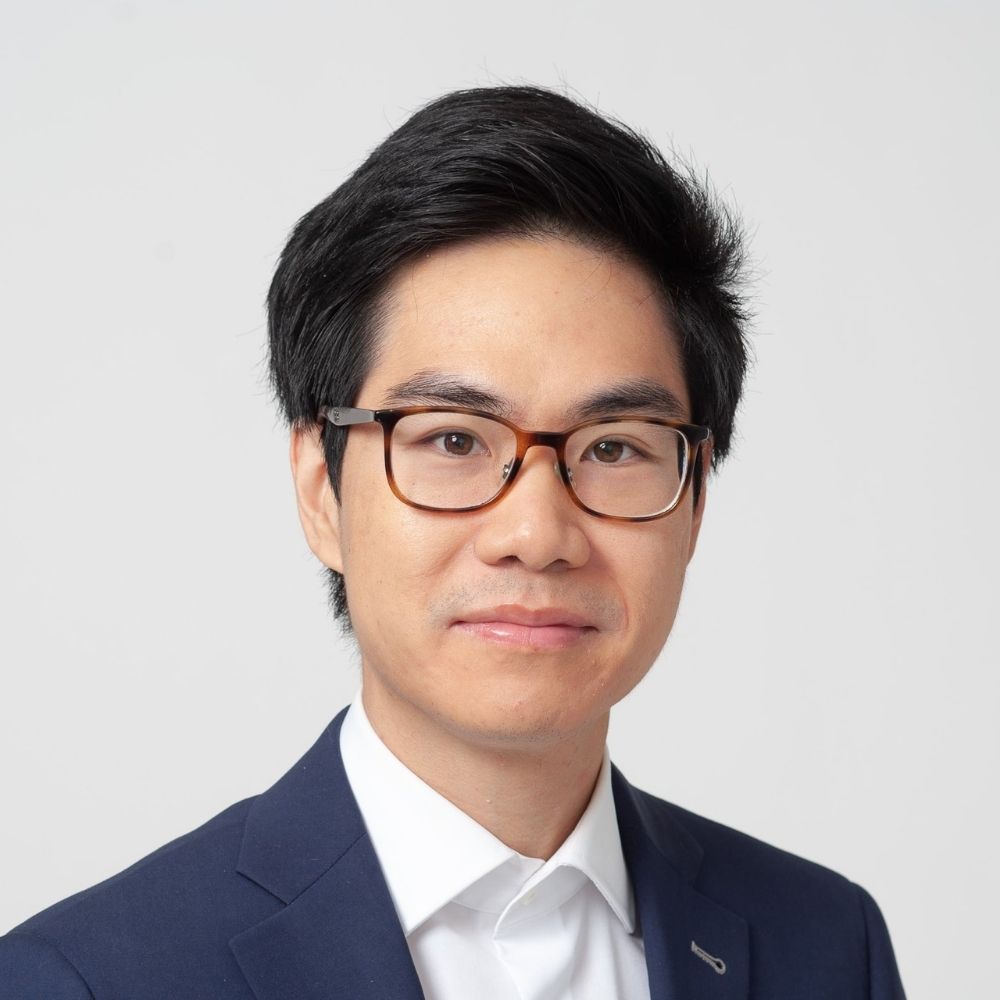
ALBERT GU,
ASSISTANT PROFESSOR OF MACHINE LEARNING,
CARNEGIE MELLON SCHOOL OF COMPUTER SCIENCE &
CO FOUNDER, CARTESIA
Albert Gu is an assistant professor in Carnegie Mellon University’s Machine Learning Department and co founder of Cartesia, a startup developing AI agents for research automation. His academic work spans Bayesian inference, reinforcement learning, and AI safety, with notable publications on scalable uncertainty estimation and provably safe exploration.
At CMU, Gu teaches graduate courses on probabilistic modeling and leads a lab focused on building trustworthy AI systems. Through Cartesia, he translates cutting-edge research into tools that help scientists design, execute, and analyze complex experiments with greater efficiency.
A recipient of early-career grants from the National Science Foundation, Gu is a strong advocate for uniting rigorous theoretical foundations with practical applications—working toward AI that is both powerful and reliably aligned with human objectives.
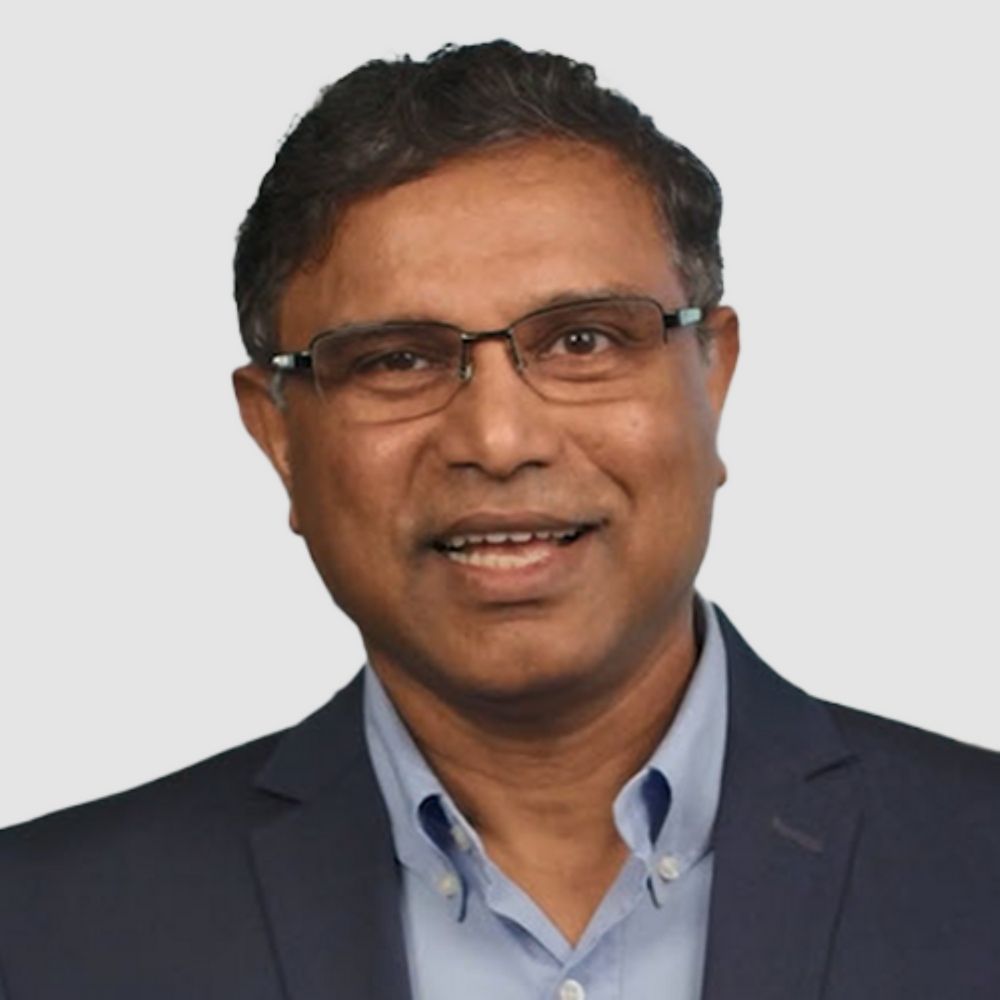
SAM HAMILTON,
SVP OF DATA AND AI, VISA
Sam Hamilton is a seasoned technology executive with extensive experience leading data and analytics initiatives across top-tier organizations. Since January 2015, he has served as senior vice president of data and AI at Visa, where he oversees the delivery of secure, scalable data services that fuel innovation in digital payments.
Hamilton’s prior leadership roles span PayPal, Shopping.com, Yahoo Inc., Selectica, IBM Informix, and Stanford Business Software. His responsibilities have included data platform development, technology strategy, and engineering management.
Throughout his career, Hamilton has consistently championed the use of data technologies to accelerate business growth and deepen analytical insight. He holds bachelor’s degrees in mathematics and computer science, as well as a master’s degree in computer applications. His innovations are reflected in several patents related to real-time digital and mobile intelligence, analytics, and document retrieval systems.
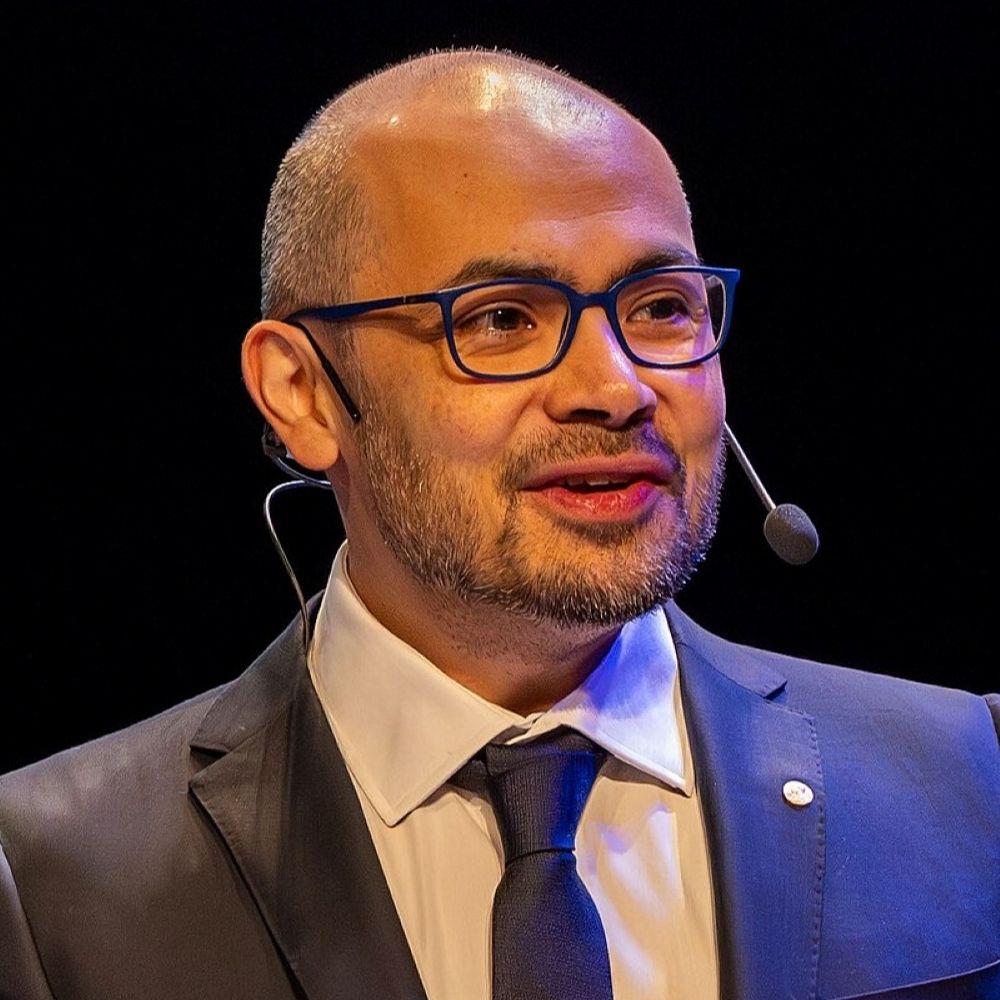
DEMIS HASSABIS,
CEO & COFOUNDER, GOOGLE DEEPMIND
British artificial intelligence researcher and entrepreneur,
Sir Demis Hassabis is the CEO and cofounder of Google DeepMind and Isomorphic Labs and a government AI adviser for the United Kingdom.
In 2024, Hassabis and John M. Jumper were jointly awarded the Nobel Prize in chemistry for their AI research contributions for protein structure prediction.
Hassabis is a Fellow of the Royal Society and has won many prestigious awards for his research work, including the Breakthrough Prize, the Canada Gairdner International Award, and the Lasker Award.
In 2017, he was appointed a Commander of the Order of the British Empire and listed in the Time 100 list of most influential people. In 2024, he was knighted for services to AI and again listed in the Time 100 in 2025, this time featured on one of the five covers of the printed version.
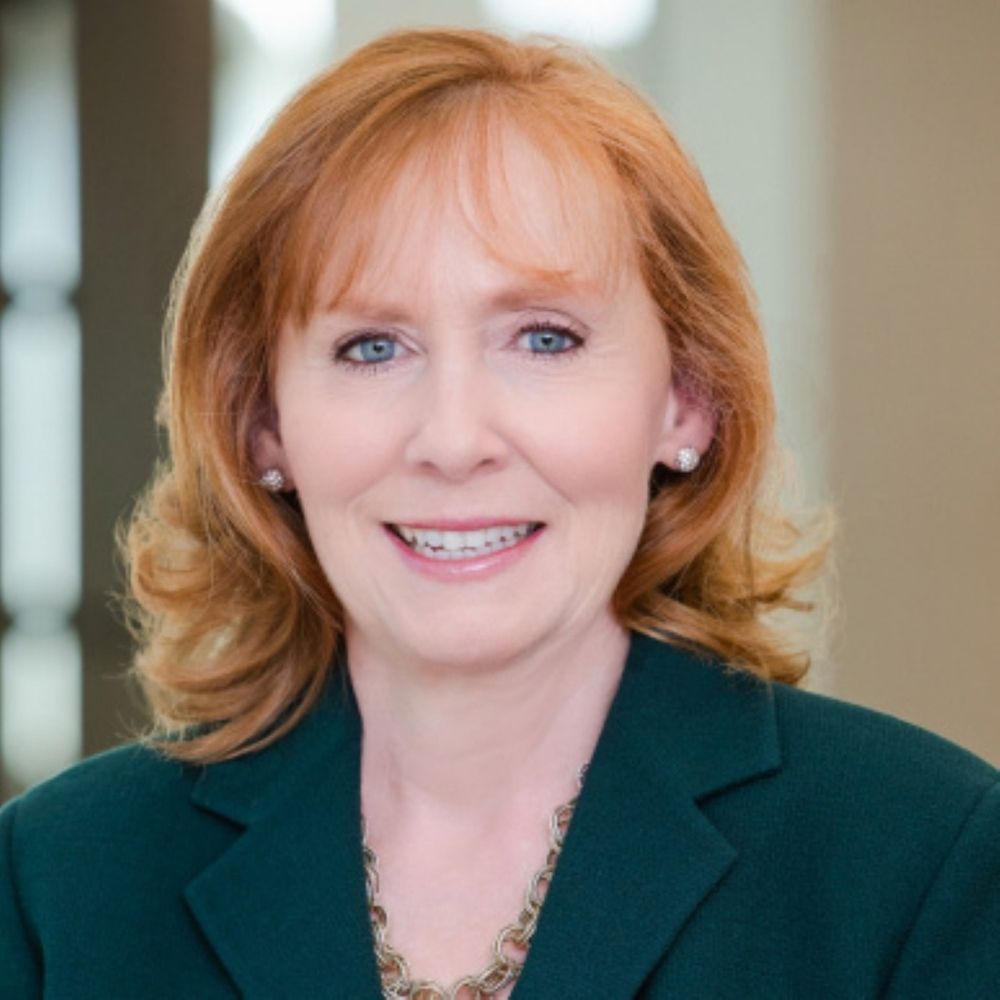
TERESA HEITSENRETHER,
CHIEF DATA AND ANALYTICS OFFICER, JPMORGAN CHASE & CO.
Teresa Heitsenrether is the chief data and analytics officer and operating committee member of JPMorgan Chase Co.
She is responsible for setting data and analytics strategy and governance standards as well as driving firm wide adoption of artificial intelligence to develop new products, enhance productivity, and improve risk.
Prior to her current role, Heitsenrether was the global head of Securities Services from 2015 to 2023.
With $30 trillion in client assets under custody, Securities Services is a leading provider of safekeeping, accounting, administration, middle office, collateral management, and data solutions to institutional investment managers, pension funds and governments.
Under her leadership, the business increased revenue by more than 22%, grew assets under custody by nearly $9 trillion, and more than doubled assets under administration.
Heitsenrether was named one of American Banker’s Most Powerful Women in Finance and to Barron’s list of the 100 Most Influential Women in U.S. Finance.
In 2023, she received Global Custodian’s Lifetime Achievement Award for her contributions to the industry.
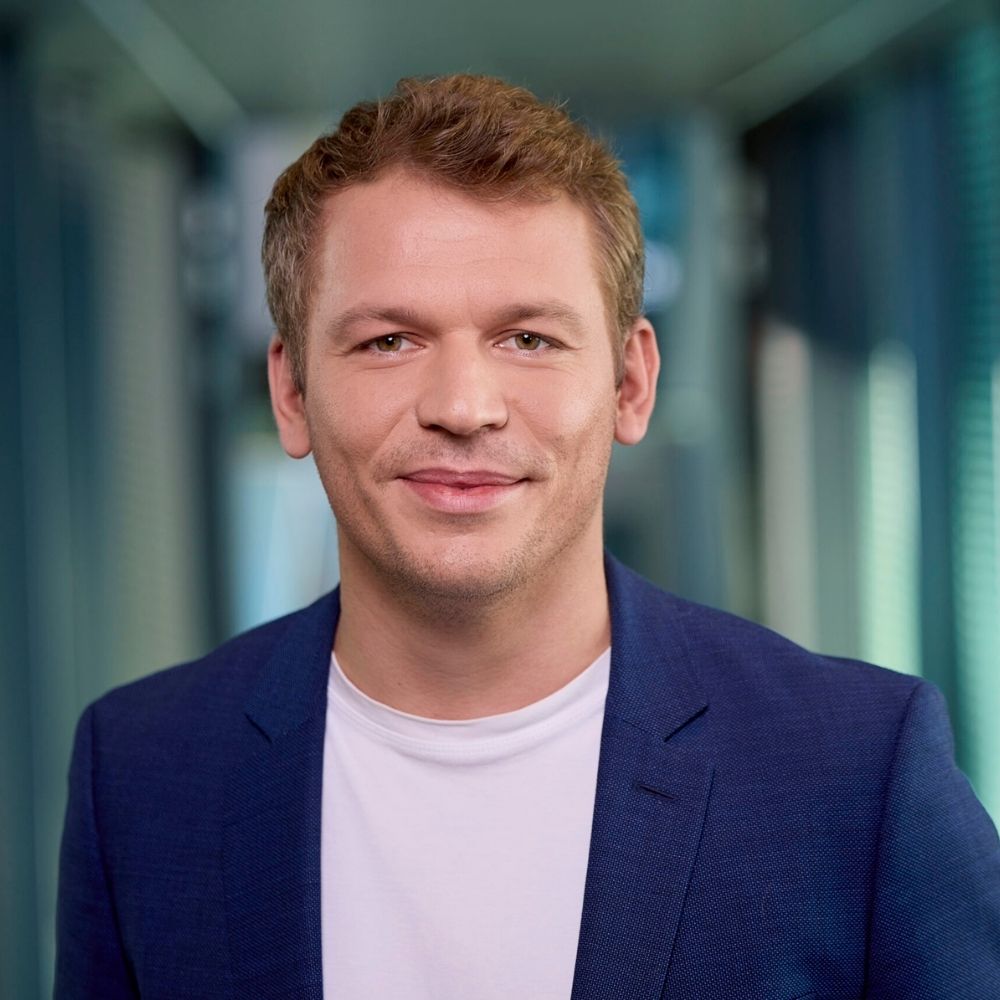
PHILIPP HERZIG, CHIEF AI OFFICER, SAP
Chief AI Officer Philipp Herzig at SAP leads the company’s global AI strategy and integration across enterprise software products. With a background in computer science and engineering, Herzig focuses on embedding AI into business processes from finance and supply chains to HR and customer experience.
He spearheads the development of SAP’s Business AI portfolio, ensuring that AI tools are not only scalable but trustworthy, compliant, and easy to use. Herzig advocates for “explainable enterprise AI,” ensuring transparency and accountability for decision-makers across industries relying on SAP’s technology.
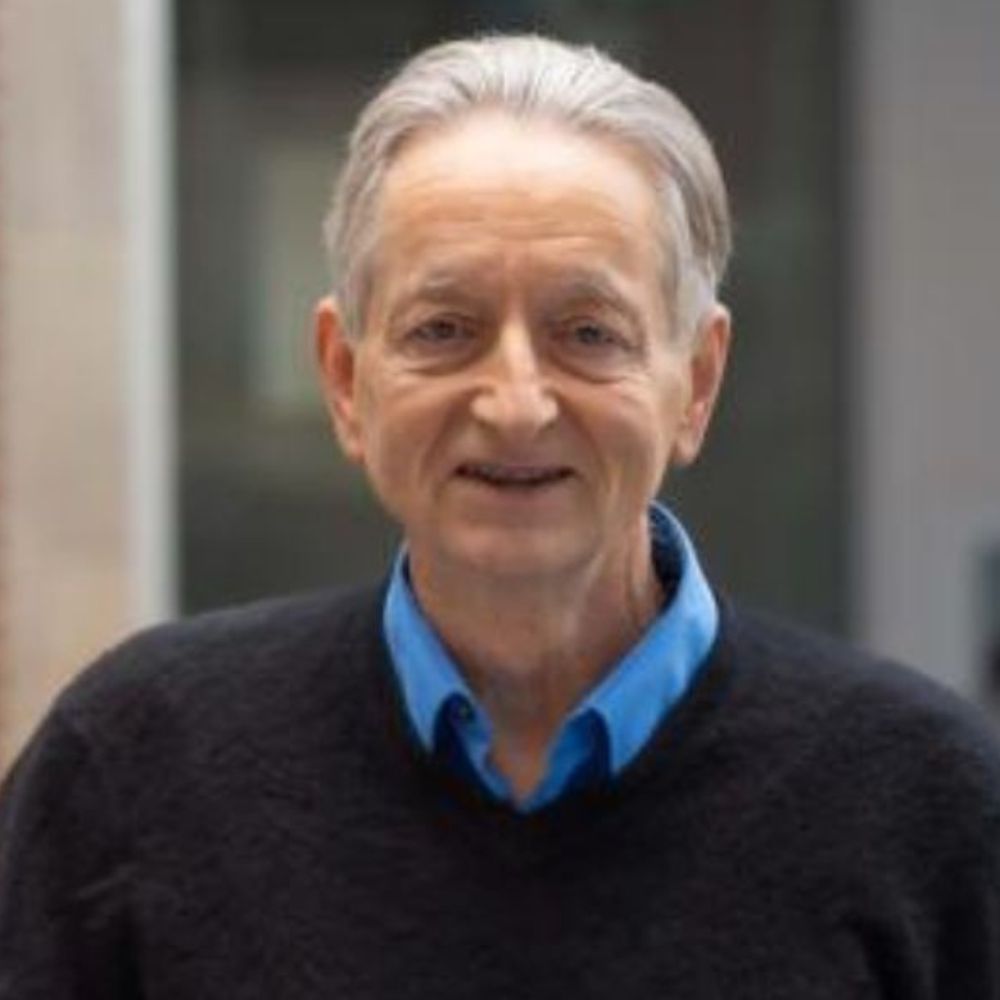
GEOFFREY HINTON,
PROFESSOR,
UNIVERSITY OF TORONTO
Geoffrey Hinton is a professor emeritus at the University of Toronto and a co-recipient of the 2018 Turing Award for his foundational contributions to deep learning. Often referred to as the “Godfather of AI,” Hinton’s pioneering work on neural networks, backpropagation, and representation learning laid the groundwork for modern AI systems.
He previously served as a vice president and engineering fellow at Google, where he worked on projects like capsule networks and large-scale image recognition. In recent years, Hinton has spoken publicly about the risks of unchecked AI development, calling for stronger research into safety, alignment, and societal impact.
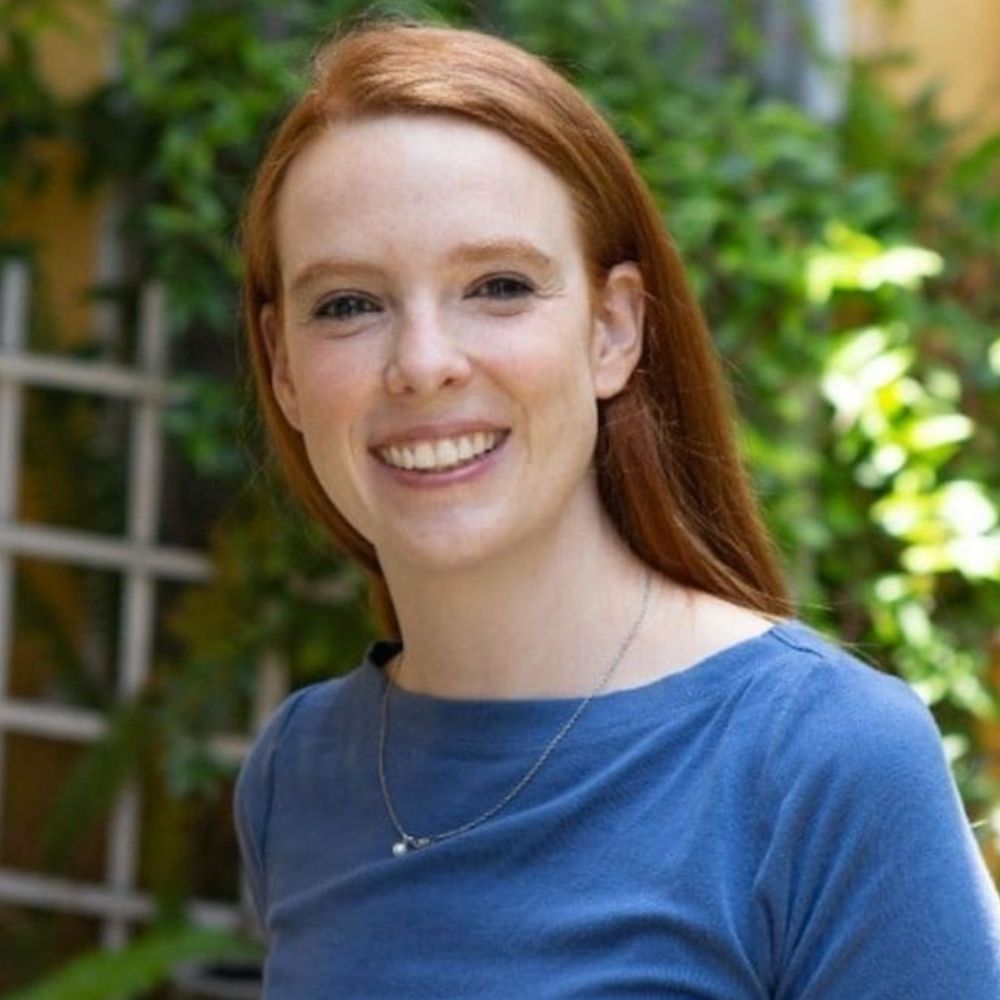
SARA HOOKER,
VP OF RESEARCH, COHERE
& HEAD OF COHERE FOR AI
Sara Hooker is the vice president of research at Cohere and the head of Cohere for AI, a nonprofit research lab committed to open, inclusive, and global machine learning advancement. A former researcher at Google Brain, Hooker is known for her work on model interpretability, pruning, and algorithmic equity.
Through Cohere for AI, she launched initiatives like Aya, a multilingual, open-source LLM effort developed by a global community of contributors. Hooker is also an advocate for building research infrastructure and mentorship pipelines for emerging economies, particularly in Africa and Latin America.
Her work combines technical rigor with a commitment to democratizing access to the tools and communities shaping the future of AI.
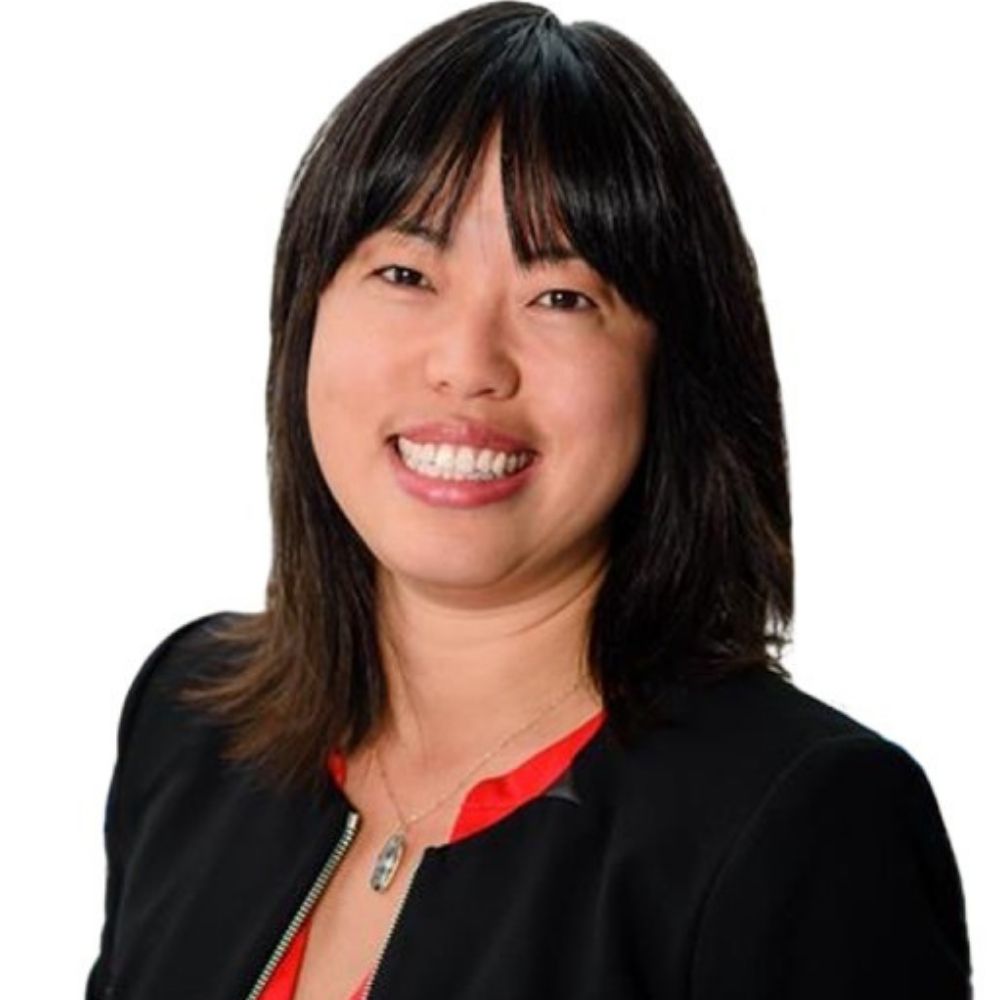
EMMY HUANG,
CO-CHAIR, AI AT ADOBE
Emmy Huang is the co-chair of AI at Adobe, where she leads strategy and product integration for Adobe’s generative AI tools, including Firefly and Sensei. With a background in product design and creative software, Huang advocates for building AI that enhances human creativity rather than replaces it. Her leadership ensures Adobe’s tools are inclusive, ethically trained, and user-first, supporting artists, designers, and marketers across industries. Huang is instrumental in Adobe’s responsible AI framework, championing transparency and consent in AI-generated media. Her work is helping redefine the role of AI in the creative economy.
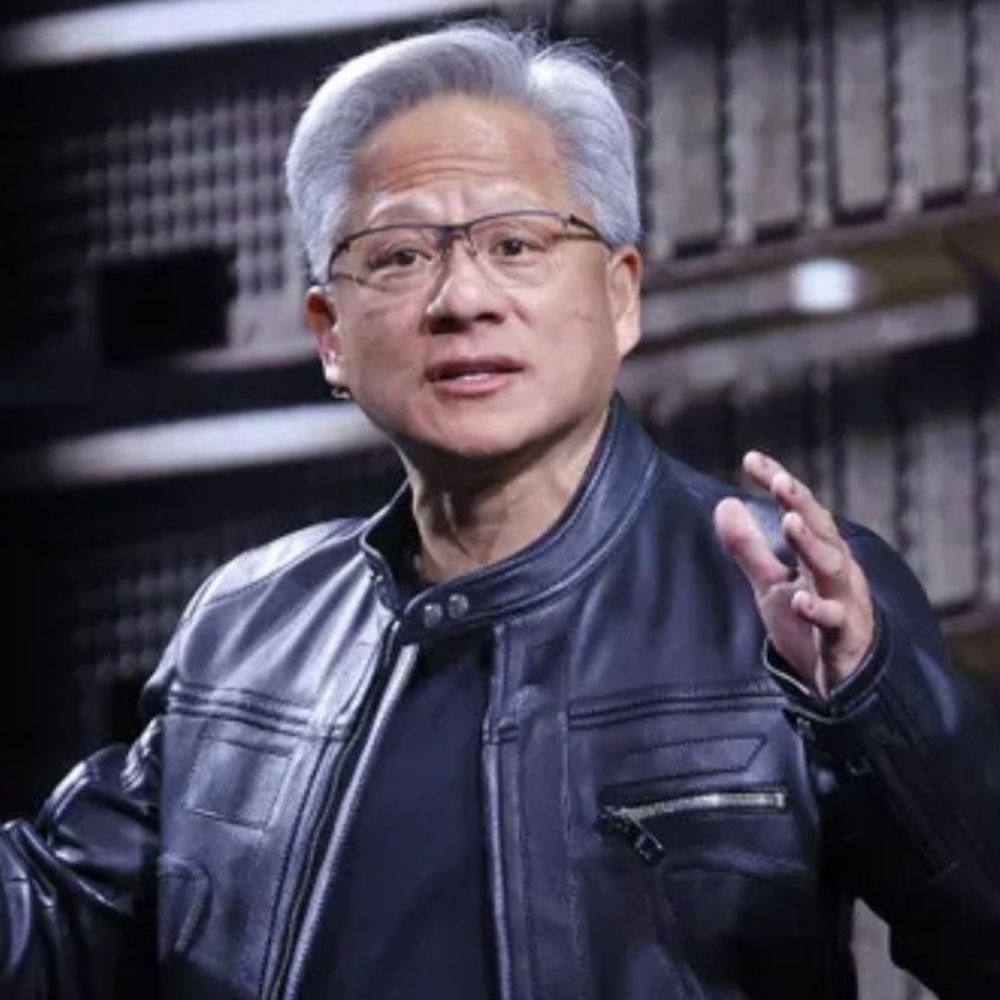
JENSEN HUANG,
COFOUNDER,
PRESIDENT & CEO, NVIDIA
Jensen Huang is the president, cofounder, and CEO of Nvidia, the world’s largest semiconductor company. As of May 2025, Forbes estimated Huang’s net worth at $117.5 billion, making him the 11th wealthiest person in the world. After graduating from Stanford University, he launched Nvidia in 1993 at the age of 30 and has remained its president and CEO, leading the company out of near-bankruptcy during the 1990s and overseeing its expansion into GPU production, high-performance computing, and artificial intelligence.
Under Huang, Nvidia experienced rapid growth during the AI boom and reached a market capitalization of $3 trillion, surpassing Microsoft, Amazon, and Meta. In June 2024, Nvidia overtook Microsoft as the “world’s most valuable company” with a market capitalization of $3.34 trillion. In 2021 and 2024, Time magazine named Huang as one of the most influential people in the world.
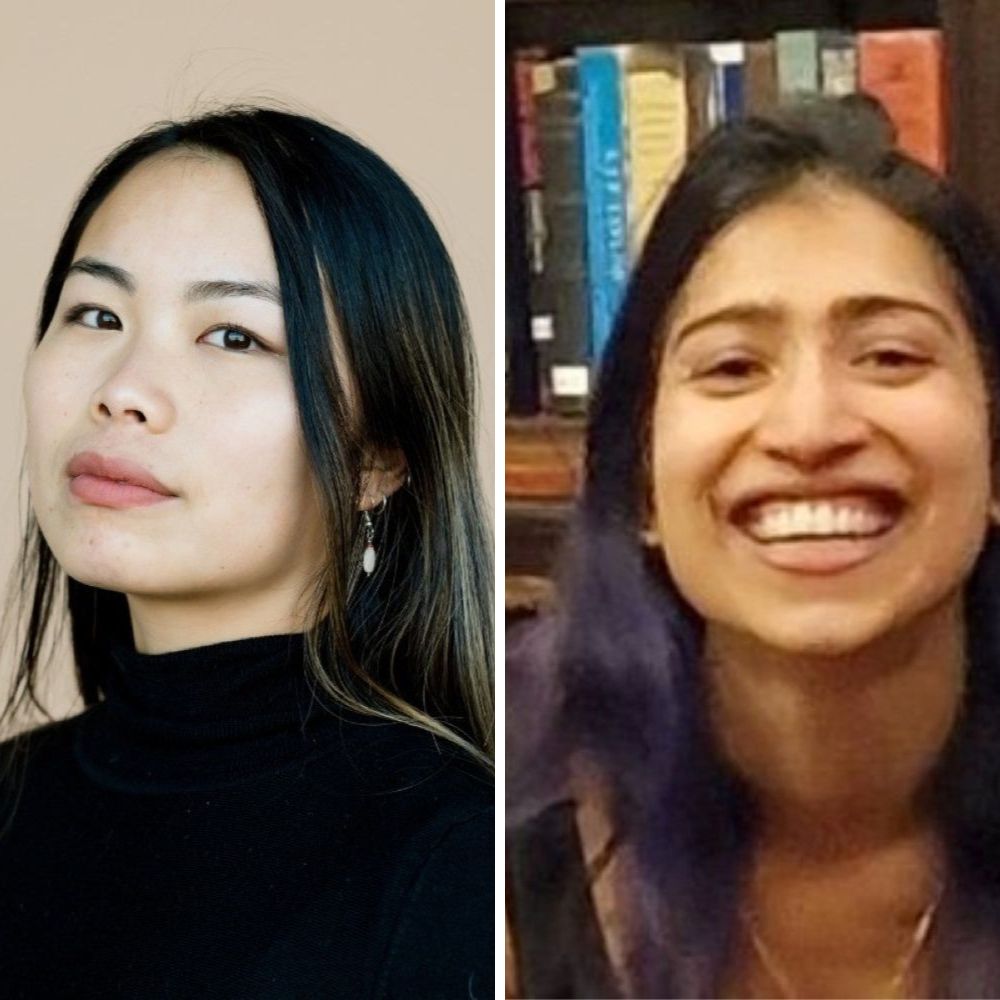
SAFFRON HUANG & DIVYA SIDDARTH,
COFOUNDERS,
COLLECTIVE INTELLIGENCE PROJECT
Saffron Huang and Divya Siddarth cofounded the Collective Intelligence Project to explore how AI can be used to enhance democratic governance, social coordination, and collective decision-making. Both have deep roots in tech policy and systems thinking: Huang with experience in AI safety and Siddarth formerly at Microsoft’s Office of the CTO. Their work examines how AI can support institutions like citizen assemblies, participatory budgeting, and online deliberation, using models to facilitate, not dominate, human discourse.
The duo are influential voices in the “plurality” movement, arguing that the next generation of AI should serve shared intelligence rather than centralizing power. Their vision is a future where AI strengthens democracy instead of eroding it.
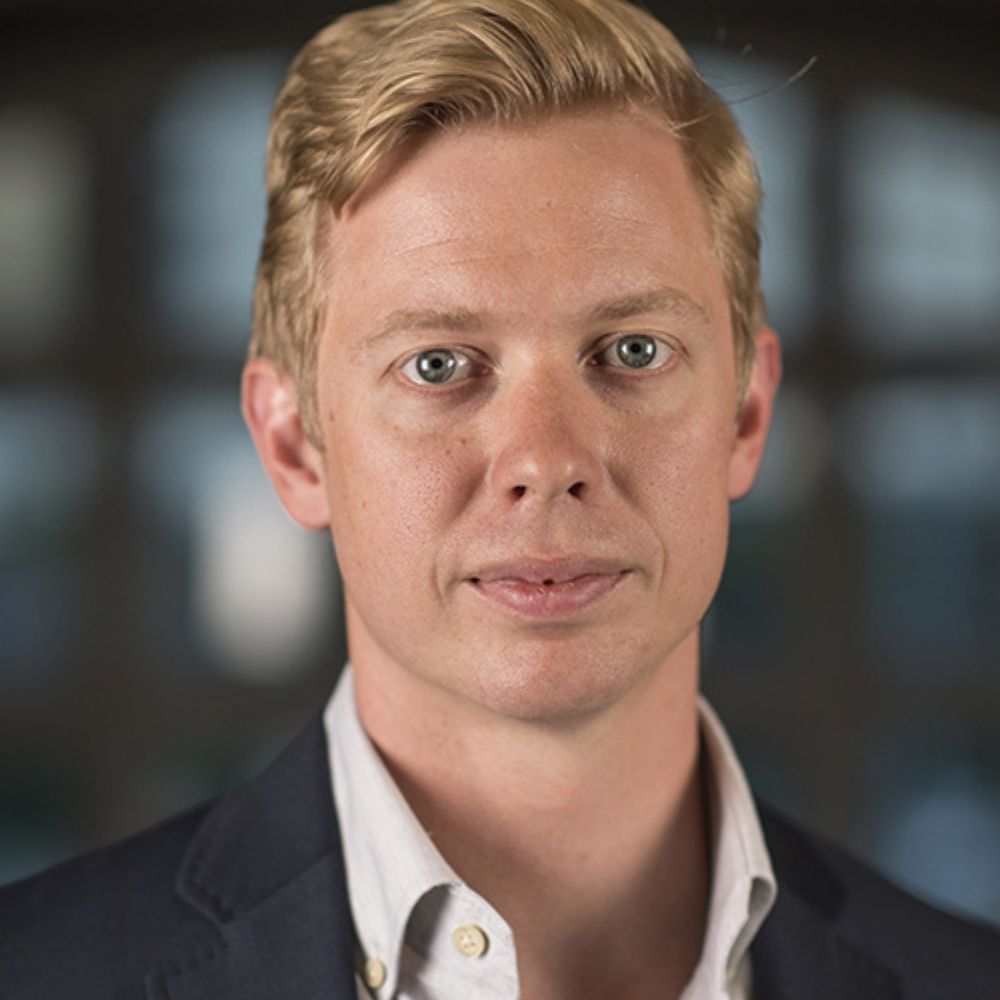
STEVE HUFFMAN,
COFOUNDER & CEO,
REDDIT
Steve Huffman is the cofounder and CEO of Reddit, one of the largest social platforms and data-rich communities on the internet. Under Huffman’s leadership, Reddit has become a central player in the AI ecosystem, both as a source of training data for large language models and as a forum for global AI discourse. Huffman has advocated for content licensing deals with AI companies, pushing for creator compensation and platform transparency. A vocal proponent of digital rights and open internet principles, Huffman navigates the balance between community freedom and technological advancement. His work sits at the intersection of AI, content governance, and digital public infrastructure.
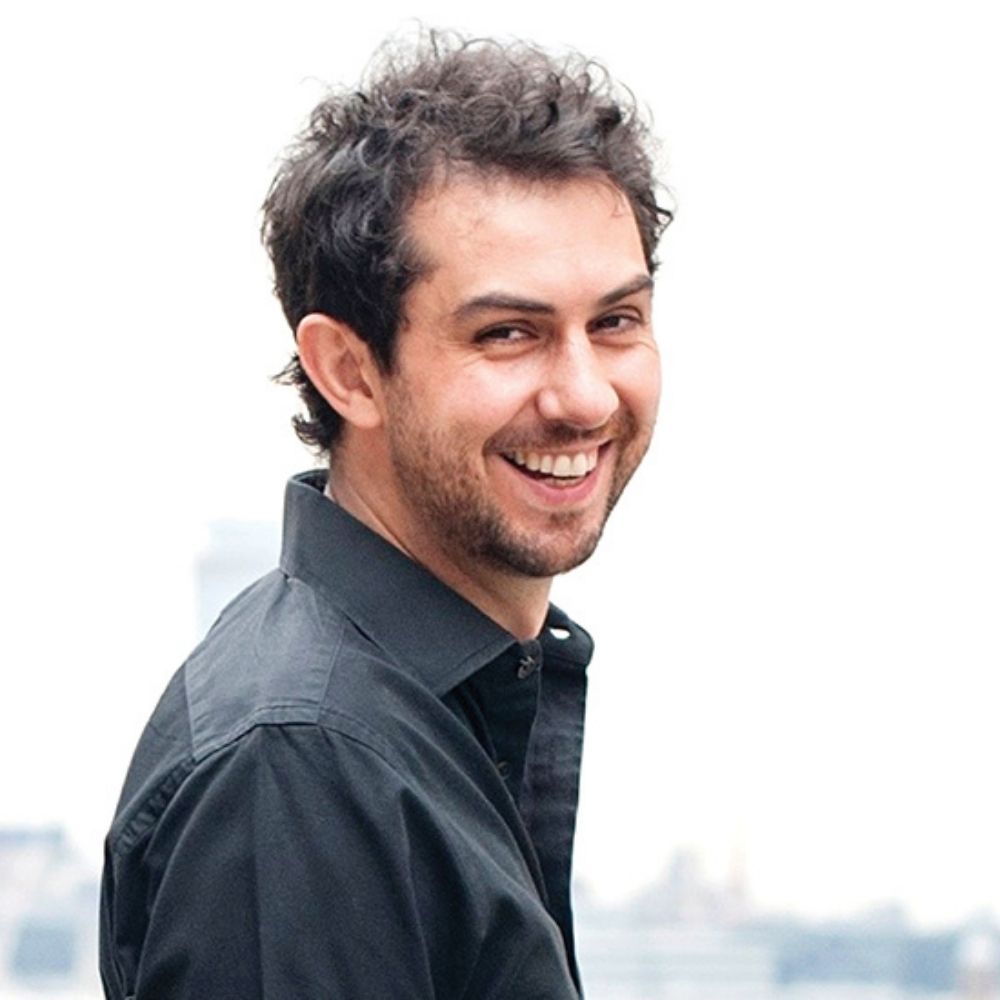
DANIEL HULME,
CHIEF AI OFFICER,
WPP
Chief AI Officer Daniel Hulme of WPP, the world’s largest marketing and advertising group, also serves as CEO of Satalia, an AI company acquired by WPP in 2021. Hulme specializes in decision optimization, organizational intelligence, and building AI systems that scale across global businesses. At WPP, he leads initiatives to embed AI into creative, media, and production workflows, transforming how global brands operate and engage audiences. A frequent speaker on AI ethics, Hulme advocates for transparency, human oversight, and designing organizations that harness collective intelligence. He also teaches at University College London and serves as an advisor to global AI policy initiatives.
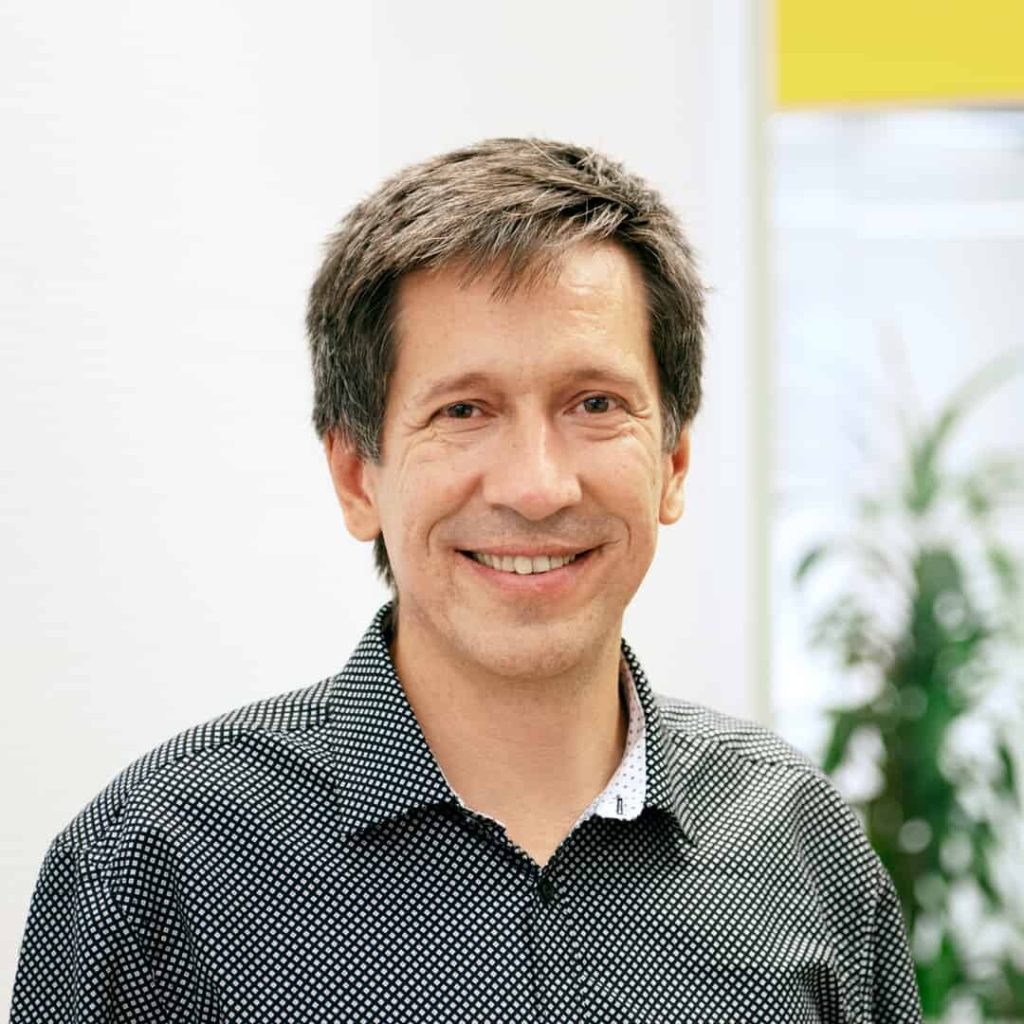
ALEX JAIMES,
CHIEF AI OFFICER,
DATAMINR
Dr. Alex Jaimes is the chief AI officer at Dataminr, a real-time information discovery company leveraging AI to detect emerging events from public data sources. With a Ph.D. from Columbia University and prior roles at Yahoo, Telefónica, and Digital Ocean, Jaimes has deep expertise in multimedia analysis, machine perception, and applied machine learning. At Dataminr, he oversees the development of AI models for event detection, natural language understanding, and misinformation filtering. Jaimes frequently contributes to discussions on ethical AI and the responsible use of public data, particularly in crisis response and news gathering.
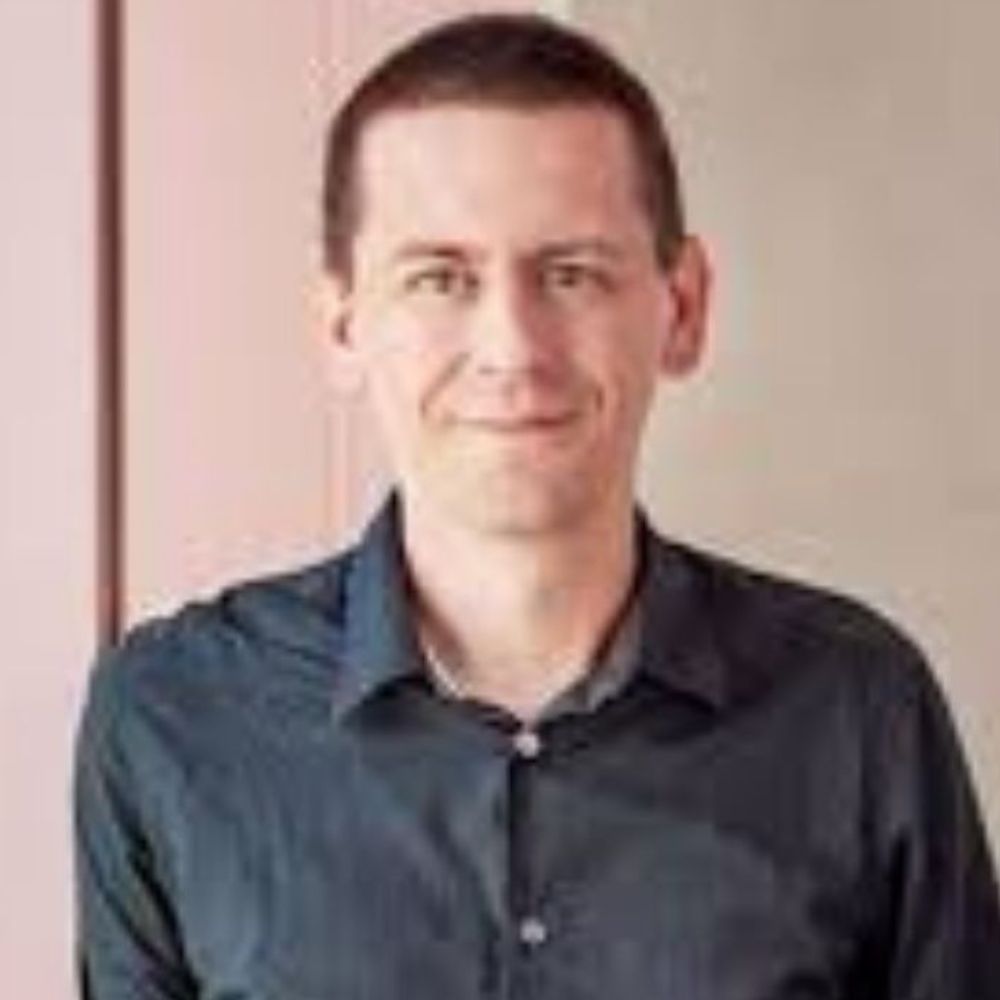
JOHN JUMPER,
DIRECTOR AND
ALPHA FOLD TEAM LEAD, GOOGLE DEEPMIND
Dr. John Jumper is a research scientist and team lead at Google DeepMind, best known for leading the development of AlphaFold, the AI system that solved the 50-year-old protein folding problem. His groundbreaking work has been hailed as one of the most significant achievements in artificial intelligence and biology, with AlphaFold correctly predicting protein structures at near-experimental accuracy. Jumper earned his Ph.D. in theoretical physics from the University of Chicago and later shifted to computational biology. Under his leadership, the AlphaFold team released predictions for nearly every known protein, accelerating drug discovery, structural biology, and disease research. Jumper’s work stands as a model of how AI can unlock fundamental scientific breakthroughs.
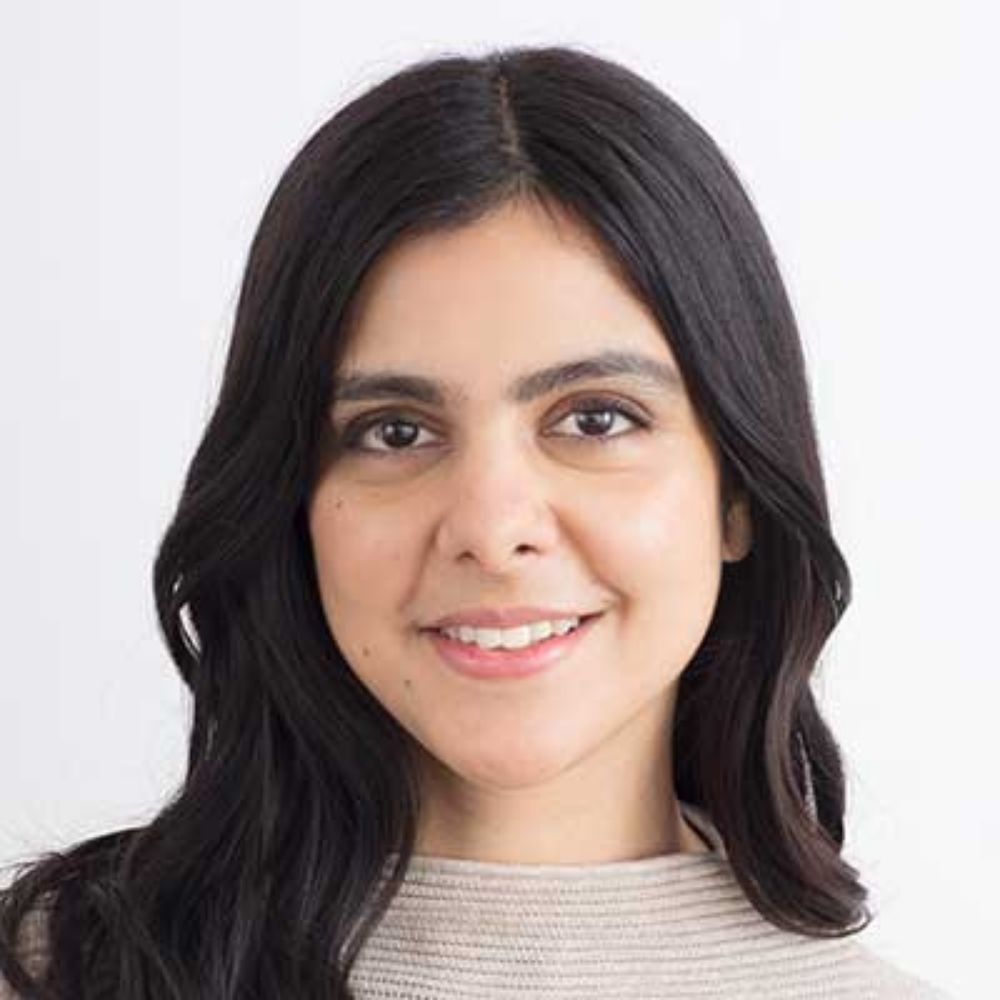
AMBA KAK,
CO-EXECUTIVE DIRECTOR, AI NOW INSTITUTE
Amba Kak is co-executive director of the AI Now Institute at New York University, where she drives research on the social implications of artificial intelligence. With a background in public policy and social justice, Kak focuses on how AI intersects with labor, surveillance, and equity. She oversees interdisciplinary initiatives that partner with community organizations, government agencies, and industry to study algorithmic bias, automated decision-making, and labor rights. Under her leadership, AI Now produces influential policy briefs and reports, advocating for stronger accountability mechanisms and regulatory frameworks. Kak is frequently called upon by lawmakers and civil society groups seeking expertise on the ethical governance of AI technologies, emphasizing participatory approaches that center marginalized voices.
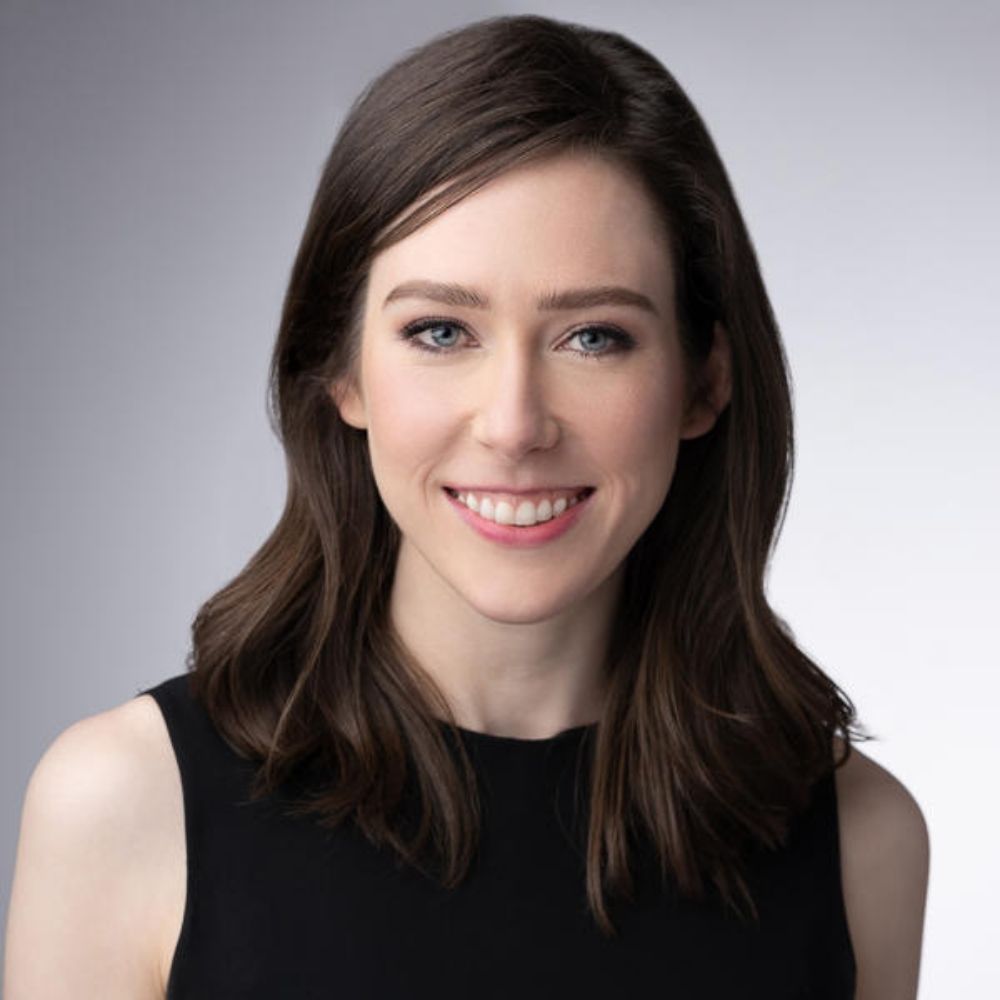
ELIZABETH KELLY,
DIRECTOR, UNITED STATES ARTIFICIAL INTELLIGENCE SAFETY INSTITUTE
Elizabeth Kelly is the inaugural director of the U.S. Artificial Intelligence Safety Institute (USAISI), a new federal entity under NIST tasked with establishing safety standards and testing protocols for advanced AI systems. Previously a special assistant to the president for economic policy, Kelly played a key role in crafting the Biden administration’s executive order on AI. At USAISI, she leads efforts to evaluate foundation models for bias, robustness, and societal risk, working closely with industry, academia, and global regulators. Kelly’s leadership emphasizes public interest and scientific rigor in AI governance. She is at the forefront of building the infrastructure needed to ensure AI systems are safe, fair, and accountable before deployment.
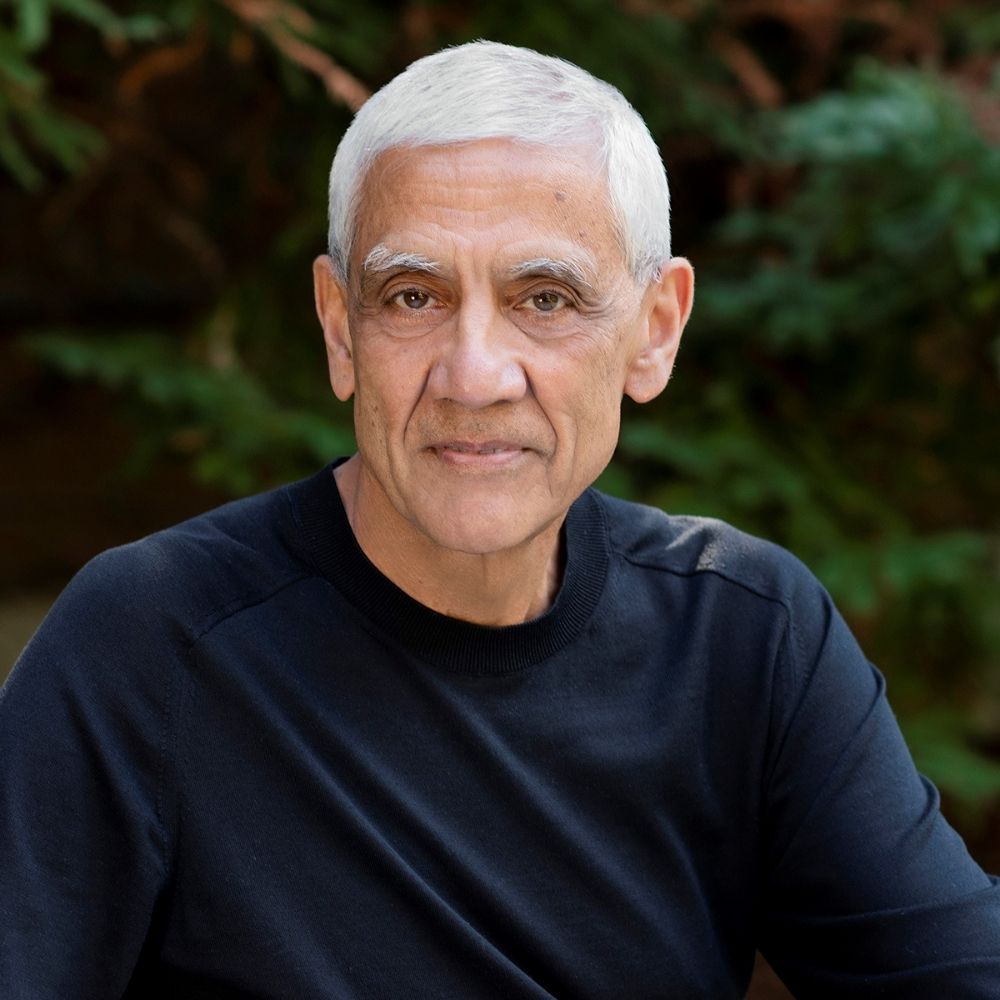
VINOD KHOSLA,
FOUNDER, KHOSLA VENTURES
Vinod Khosla is the founder of Khosla Ventures, one of Silicon Valley’s most active and influential venture capital firms with a growing portfolio in AI, healthcare technology, and climate solutions. A cofounder of Sun Microsystems, Khosla has backed early-stage disruptors like OpenAI, Ambience Healthcare, and Replit. Known for his bold bets on “black swan” technologies, he believes AI will have a larger impact on humanity than the internet. Khosla frequently speaks on the importance of regulatory frameworks, open research, and building AI systems that improve human lives at scale. His investments reflect a long-term vision of AI as a force multiplier for industries such as medicine, energy, and education.
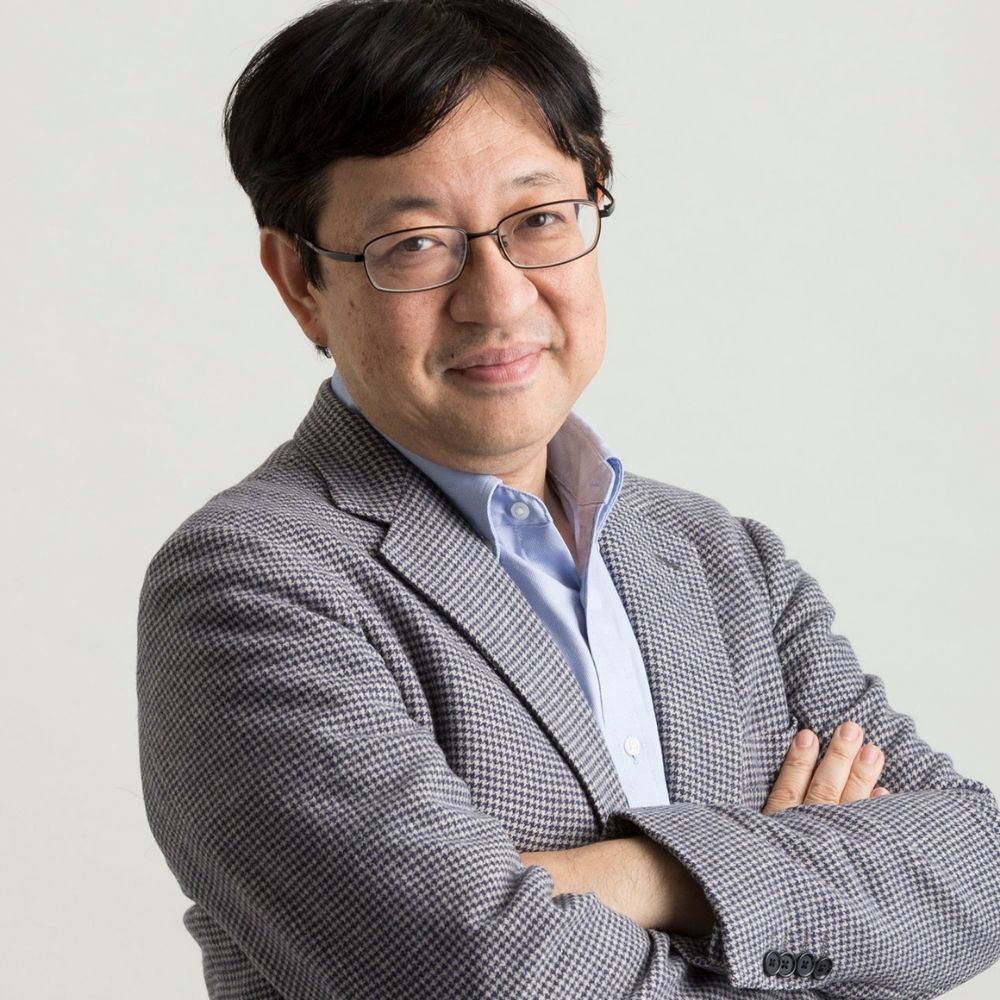
HIROAKI KITANO,
CHIEF TECHNOLOGY OFFICER, SONY AI
Dr. Hiroaki Kitano is CTO of Sony AI and CEO of Sony Computer Science Laboratories. A pioneer in systems biology and AI, Kitano has led research in robotics, cognitive modeling, and human-AI collaboration. At Sony AI, he spearheads efforts in gaming AI, synthetic biology, and next-generation creative tools. His work emphasizes open-ended intelligence and symbiotic human-machine systems. Kitano is also a proponent of “grand challenge” initiatives in science, seeking to apply AI to unsolved problems like the discovery of new materials and biological systems. He serves on the AI advisory boards of Japan and the United Nations, advancing global scientific cooperation.
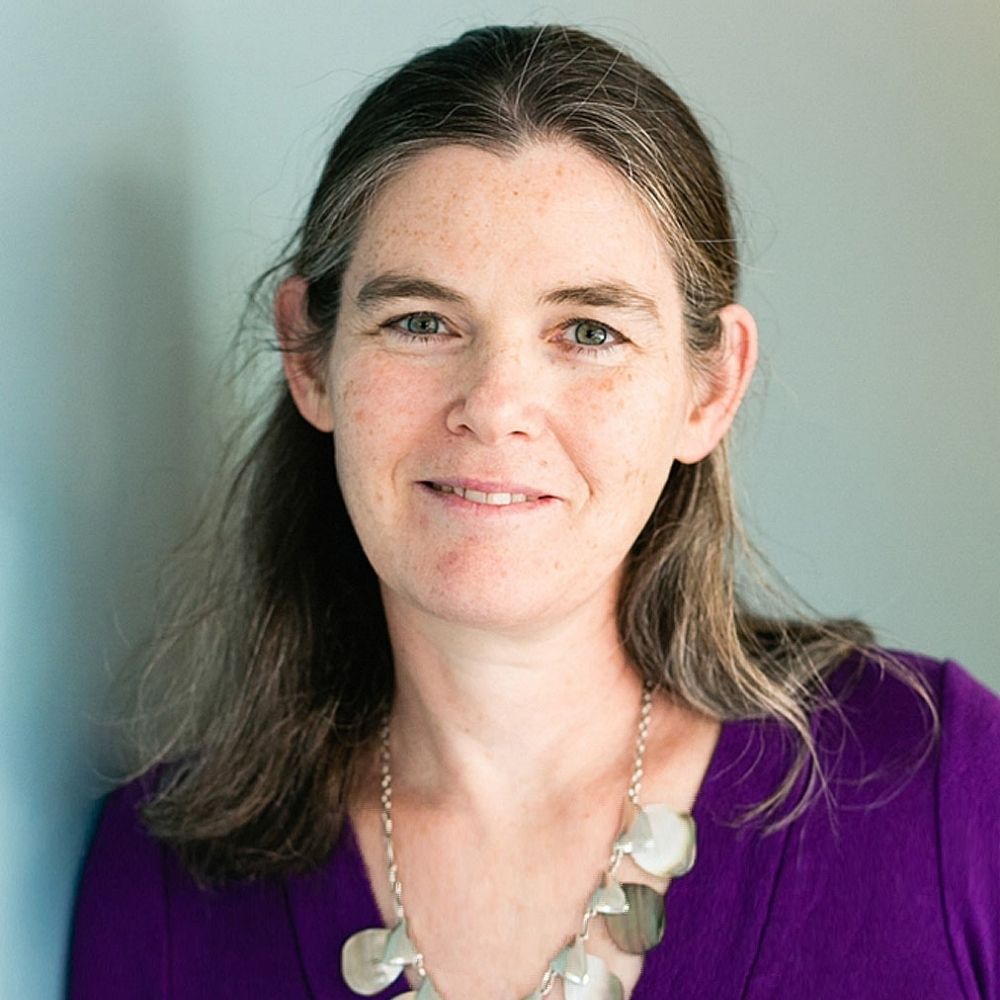
DAPHNE KOLLER,
FOUNDER AND CEO, INSITRO
Renowned computer scientist Daphne Koller is the founder and CEO of Insitro, a machine learning-driven drug discovery company. She was a professor at Stanford University for nearly two decades and cofounded the online education platform Coursera in 2012. At Insitro, Koller blends data science, biology, and automation to reimagine how new medicines are developed—faster, cheaper, and more effectively. Her numerous accolades include a MacArthur Fellowship and election to the National Academy of Engineering. With a strong academic foundation and entrepreneurial track record, Koller’s work is at the forefront of AI applications in life sciences. Her innovations continue to influence both AI research and biotech development globally.
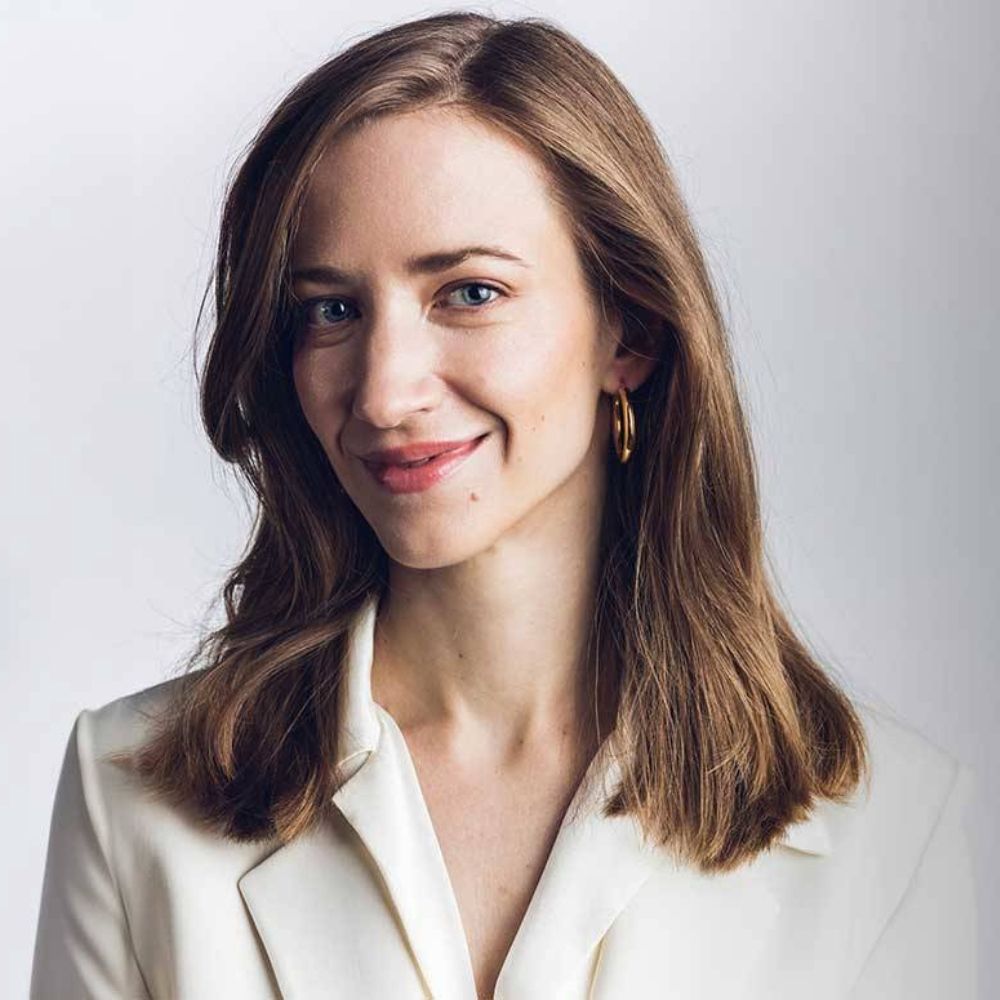
CASSIE KOZYRKOV,
FORMER CHIEF DECISION SCIENTIST, GOOGLE
Cassie Kozyrkov is Google’s first chief decision scientist and a global leader in data-informed decision-making. With a background in statistics, neuroscience, and data strategy, Kozyrkov trained over 20,000 Googlers in decision intelligence and built the company’s decision science practice from scratch. Known for her clear, engaging teaching style, she demystifies complex AI topics for business leaders, policymakers, and the public. Now a sought-after advisor and speaker, she helps organizations harness the power of AI while avoiding common pitfalls in human-machine decision dynamics. Kozyrkov is a leading advocate for combining technical excellence with psychological insight in AI deployment.
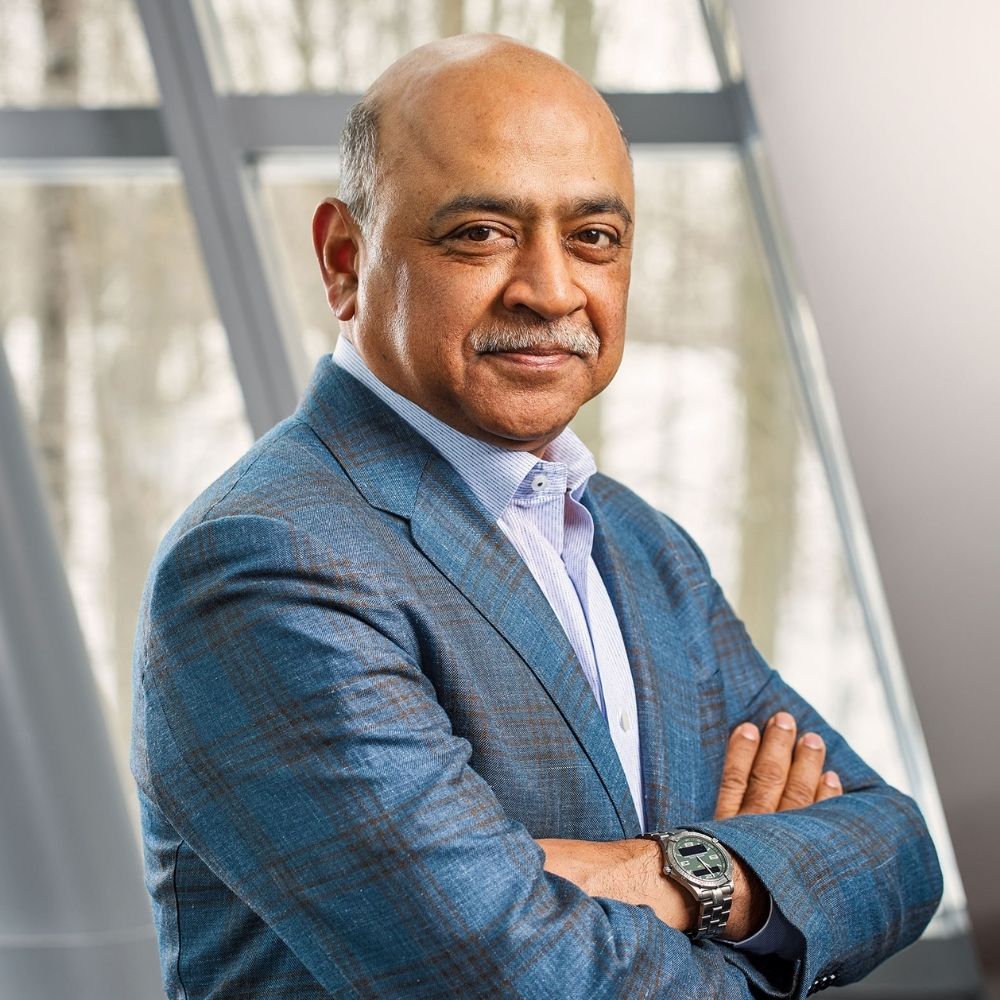
ARVIND KRISHNA,
CHAIRMAN & CEO, IBM
Arvind Krishna is the chairman and CEO of IBM, where he has redefined the company’s focus around hybrid cloud, quantum computing, and enterprise AI. With a Ph.D. in electrical engineering and over three decades at IBM, Krishna played a key role in acquiring Red Hat and expanding IBM’s AI-powered Watson platform. He is a leading voice on AI governance, workforce transformation, and public-private partnerships in AI safety. Under his leadership, IBM has invested in responsible AI tools for model transparency, bias detection, and regulatory compliance. Krishna envisions AI as a pillar of enterprise modernization and global competitiveness.
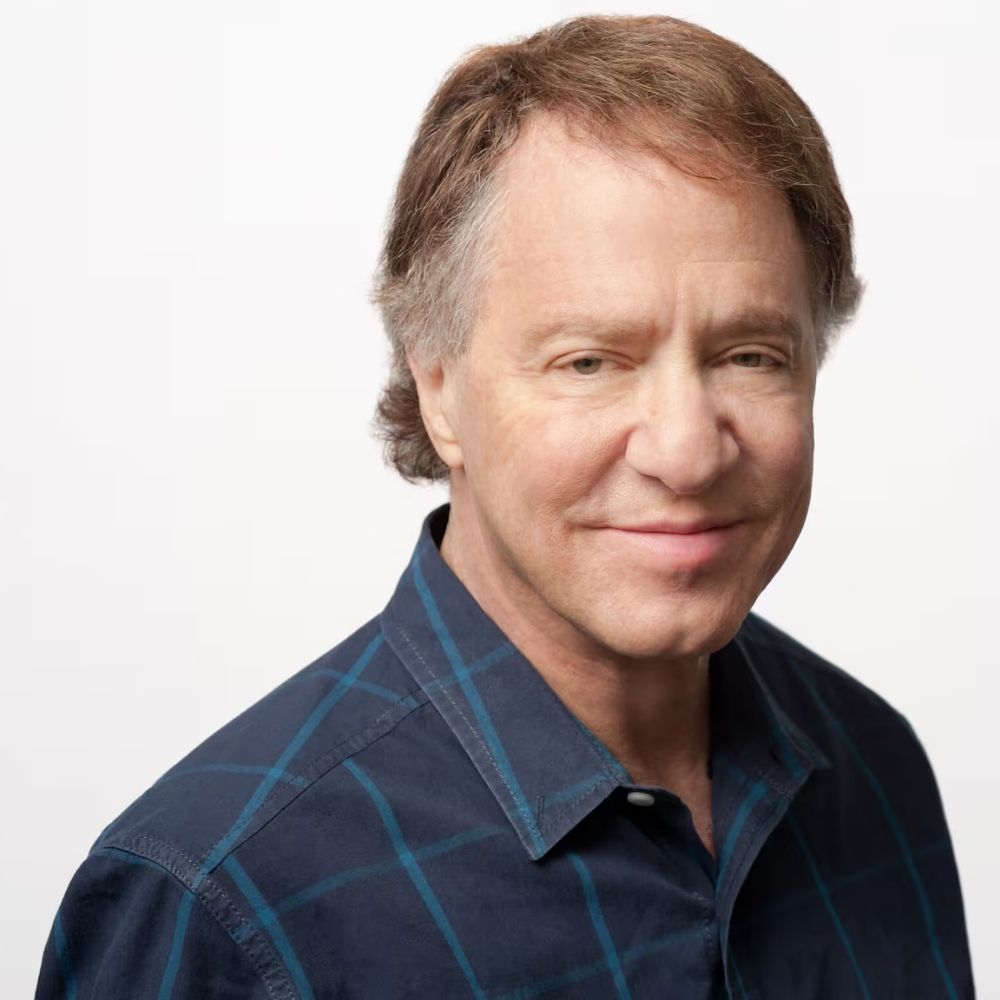
RAY KURZWEIL,
AUTHOR, PRINCIPAL RESEARCHER & AI VISIONARY, GOOGLE
A celebrated inventor, futurist, and author, Ray Kurzweil joined Google as a principal researcher in 2012. He pioneered early work in pattern recognition and natural language processing, inventing the first CCD flatbed scanner and the text-to-speech synthesizer. Kurzweil’s bestselling books, The Age of Spiritual Machines and The Singularity Is Near, outline his forecasts for exponential growth in computing and the advent of human-level AI. At Google, he leads projects on machine learning and language understanding, aiming to accelerate breakthroughs in search and information retrieval. A recipient of the National Medal of Technology, Kurzweil champions the vision of intelligence amplification, believing that human and artificial minds will merge to transform medicine, creativity, and daily life.
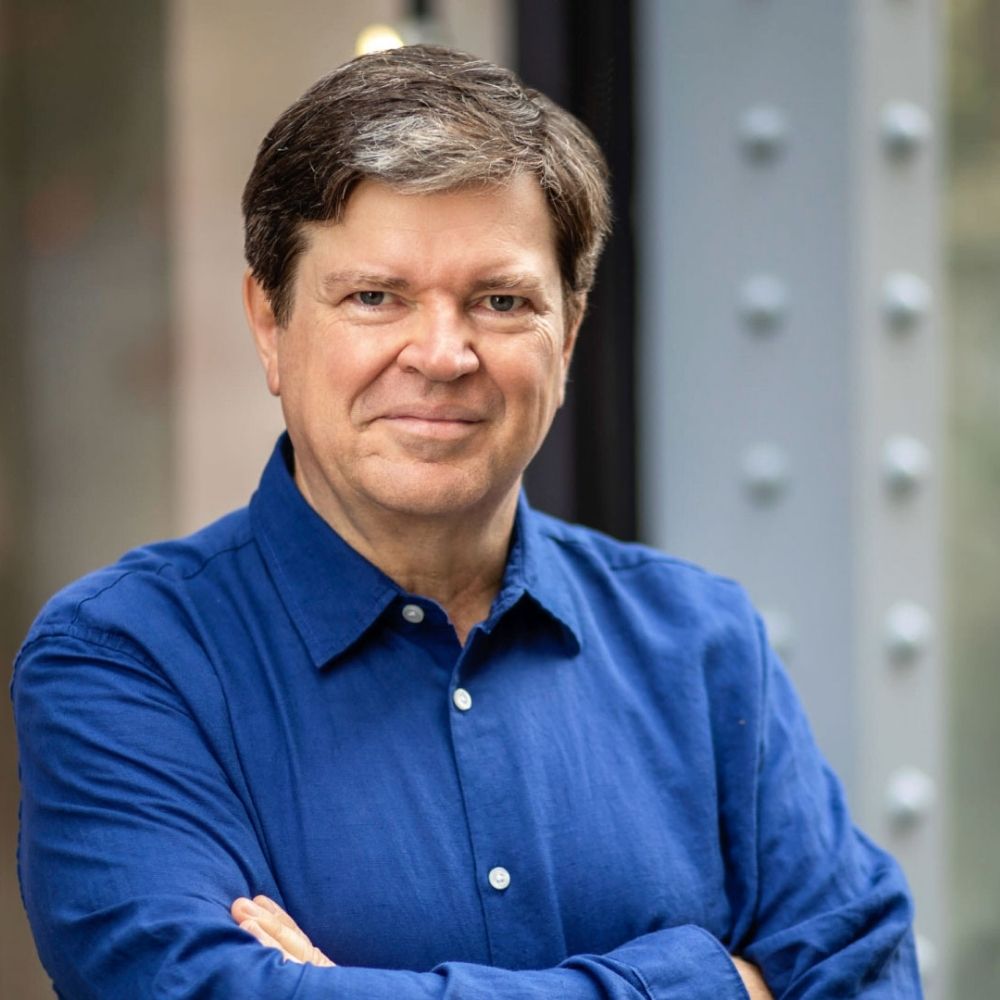
YANN LECUN,
CHIEF AI SCIENTIST, META
Dr. Yann LeCun is the chief AI scientist at Meta and a Turing Award winner credited with foundational contributions to deep learning. He co-invented convolutional neural networks (CNNs), enabling breakthroughs in image and speech recognition, and helped shape the modern architecture of deep learning systems. At Meta, LeCun leads Facebook AI Research (FAIR), where he explores self-supervised learning, world modeling, and embodied AI. A vocal advocate of open science, he has pushed for public access to models, data, and research tools. LeCun is also a professor at New York University and one of the most cited researchers in AI history. His work continues to set the direction for how machines perceive, reason, and learn.
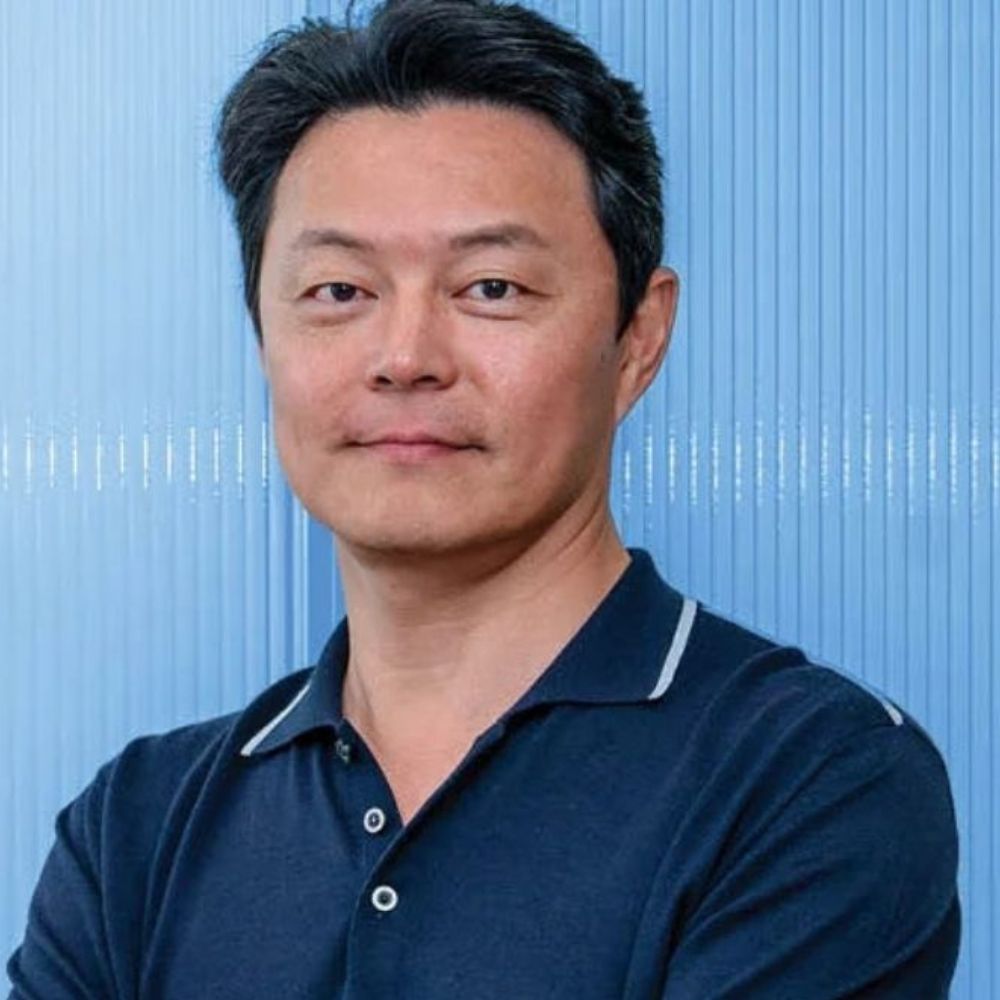
KYOGU LEE, CEO,
SUPERTONE
Kyogu Lee is the chief executive officer of Supertone, a South Korea-based company specializing in hyper-realistic voice synthesis powered by AI. With a background in audio signal processing and cognitive science, Lee has positioned Supertone at the forefront of AI voice cloning for entertainment, gaming, and media localization.
The company gained international recognition after recreating the voices of legendary K-pop artists and creating synthetic narrators for film and advertising. Lee advocates for ethical use of voice AI, emphasizing consent, transparency, and rights management. His work highlights the creative possibilities of generative audio technologies, while raising important questions about identity, legacy, and digital authenticity.
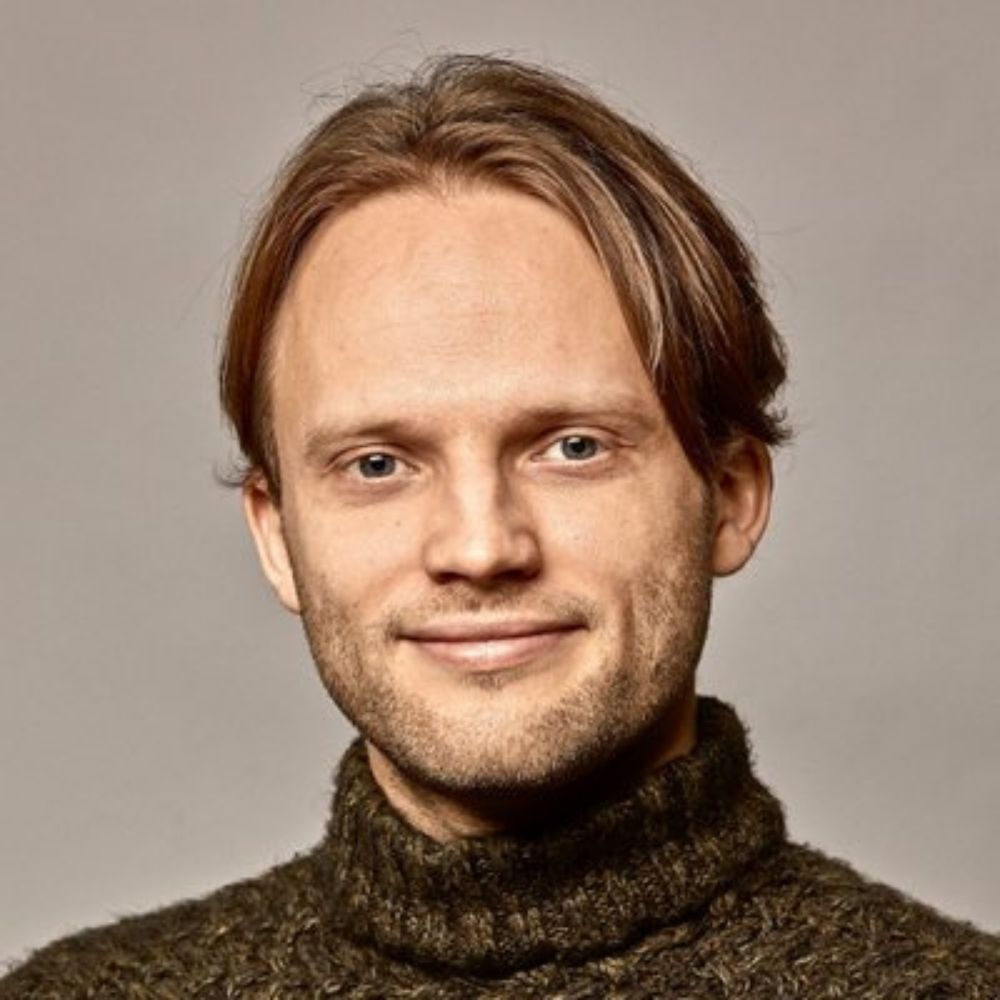
JAN LEIKE,
ALIGNMENT SCIENCE CO-LEAD,
ANTHROPIC
Jan Leike co-leads Alignment Science at Anthropic, guiding core research into making advanced AI systems safe and beneficial. With a Ph.D. from the University of Freiburg under the supervision of Marcus Hutter, Leike contributed to the theoretical foundations of reinforcement learning and universal intelligence.
At DeepMind, he helped launch the Alignment Research Center and worked on interpretability, reward modeling, and scalable oversight. At Anthropic, Leike’s team develops methods for auditing model motivations, detecting misalignment, and constructing training processes that incentivize cooperative behaviors.
His papers on corrigibility and interpretability have influenced both academic and industrial safety agendas. Leike also co-authored key policy proposals on AI governance, emphasizing the need for rigorous evaluation before deployment of frontier models.
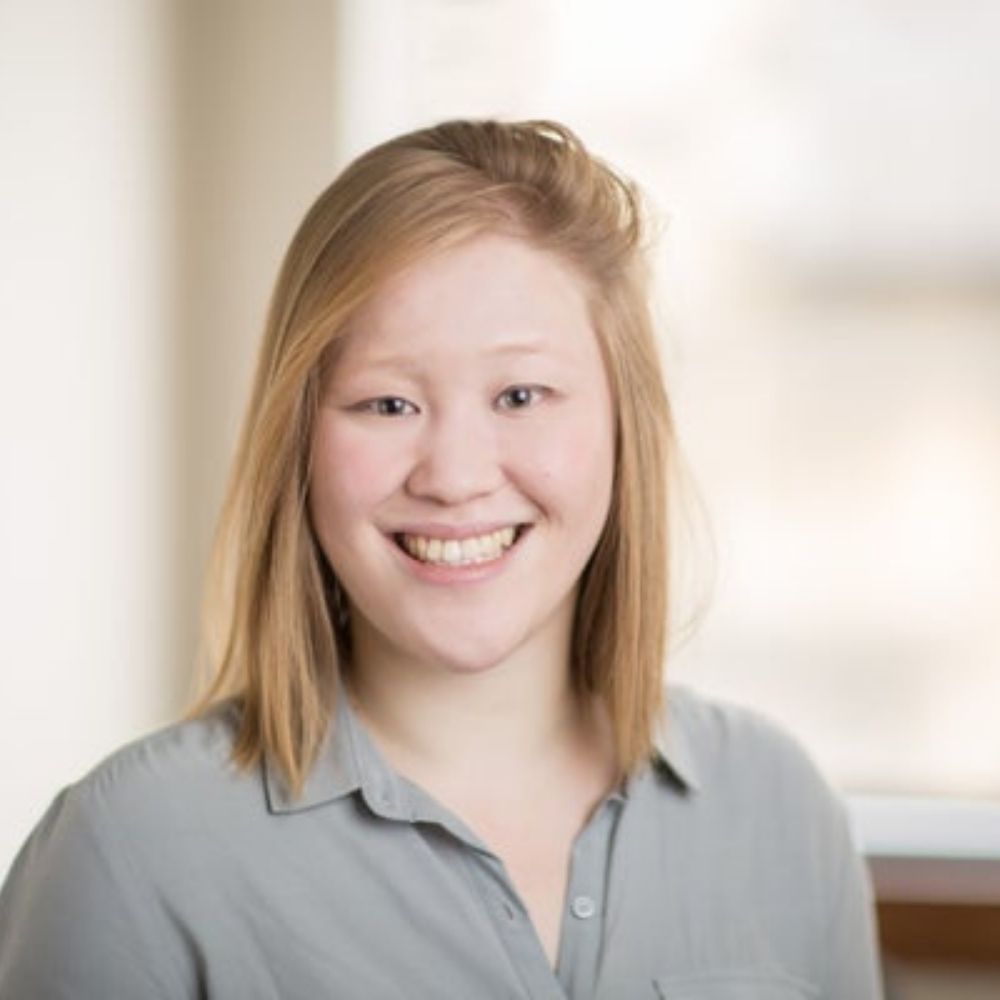
JADE LEUNG,
CHIEF TECHNOLOGY OFFICER,
AI SAFETY INSTITUTE
Jade Leung is the chief technology officer of the United Kingdom’s AI Safety Institute, created by the British government to evaluate risks and alignment challenges of frontier AI systems. Previously the head of governance at OpenAI and a research fellow at Oxford’s Centre for the Governance of AI, Leung has worked extensively on global coordination for advanced AI safety.
At the AI Safety Institute, she oversees development of evaluation benchmarks and red-teaming protocols to test cutting-edge models for misuse and emergent behaviors. Leung’s work is grounded in systems thinking and international cooperation, playing a pivotal role in shaping policy, infrastructure, and technical standards for global AI risk management.
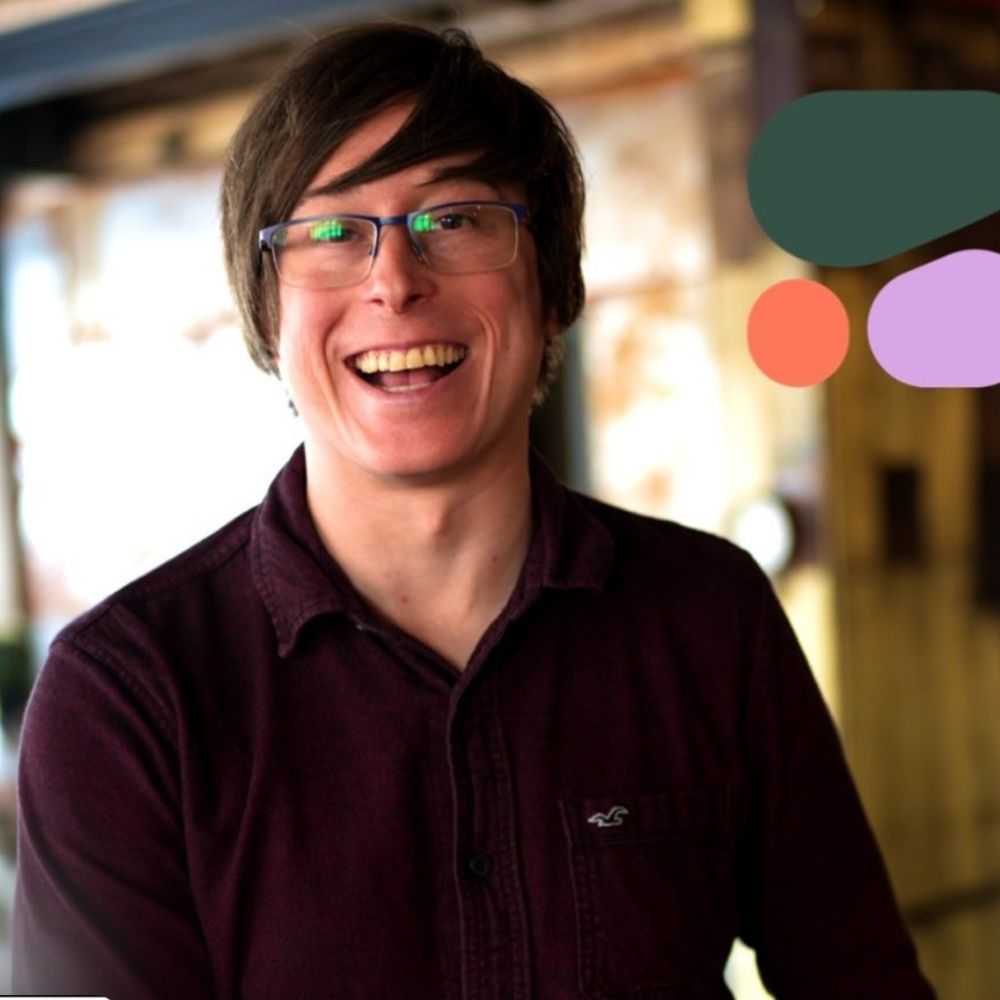
PATRICK LEWIS,
DIRECTOR OF MACHINE LEARNING,
COHERE
Director of Machine Learning Patrick Lewis at Cohere leads research on retrieval-augmented generation and modular architectures for large language models. Prior to joining Cohere, Lewis was a senior researcher at Facebook AI Research (FAIR), co-developing the retrieval-based RAG framework and making key contributions to open-domain question answering.
He holds a Ph.D. from University College London, specializing in knowledge representation and end-to-end dialogue systems. At Cohere, Lewis’ team focuses on efficient methods to ground generation in external knowledge sources, improving factual accuracy, and reducing hallucinations. He publishes extensively in top AI conferences and advocates for open benchmarks that drive transparency in model evaluation.
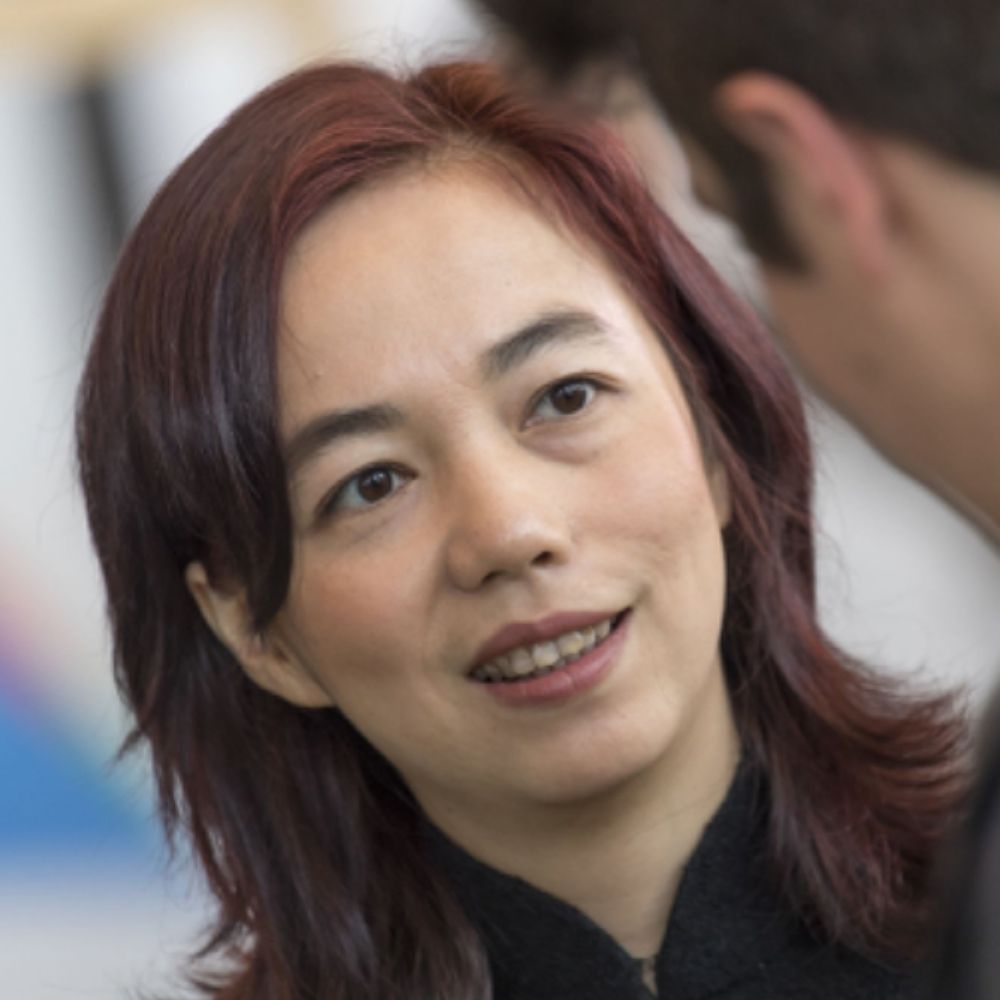
FEI-FEI LI,
SEQUOIA PROFESSOR OF COMPUTER SCIENCE, STANFORD UNIVERSITY
Dr. Fei-Fei Li is the Sequoia Professor of Computer Science at Stanford University and co-director of the Stanford Institute for Human-Centered AI (HAI). She is renowned for her foundational contributions to computer vision and as the creator of ImageNet, which catalyzed the deep learning revolution. Li has been a fierce advocate for AI that advances human well-being, focusing on ethics, transparency, and interdisciplinary collaboration. She served as chief scientist of AI/ML at Google Cloud and sits on national AI advisory boards. Through Stanford HAI, Li continues to shape policy, education, and research at the intersection of technology and society, influencing how the next generation of AI is built and governed.
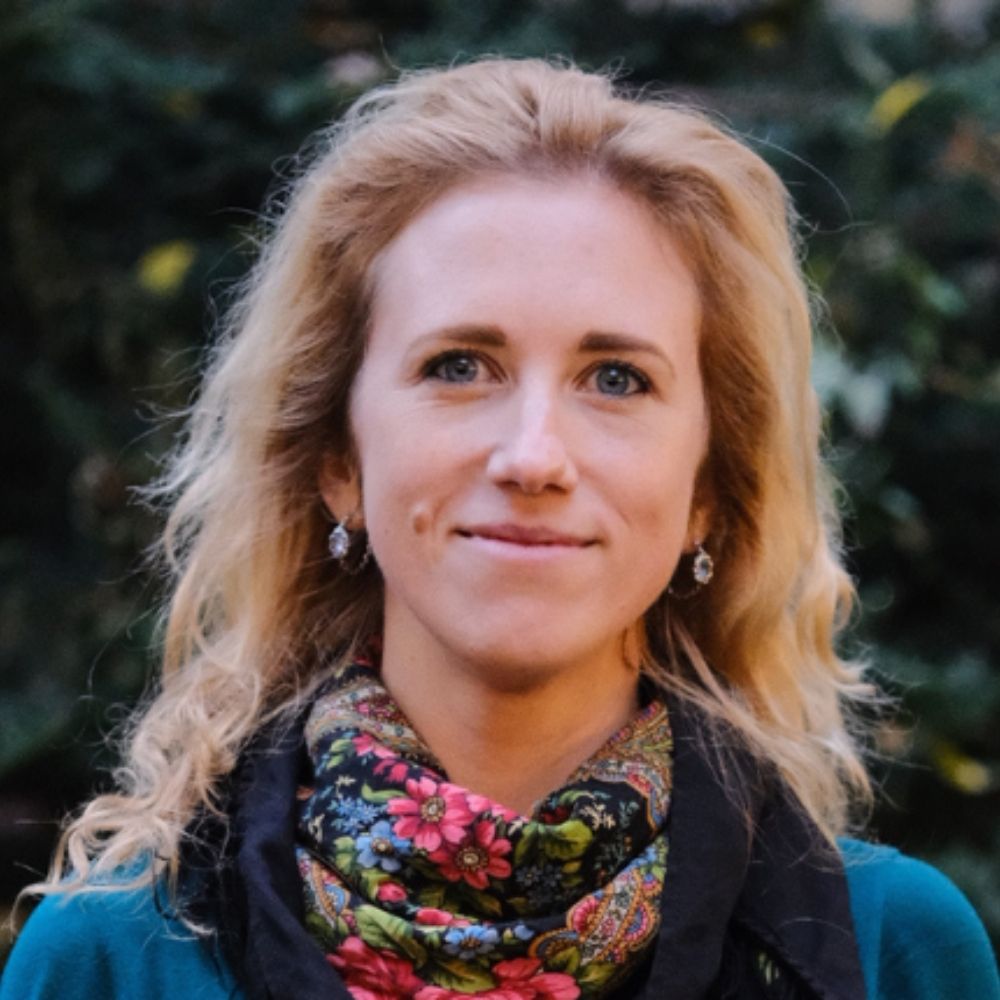
SASHA LUCCIONI,
AI & CLIMATE LEAD, HUGGING FACE
AI & Climate Lead at Hugging Face, based in Montréal, Québec, Canada, since November 2021, Sasha Luccioni works at the intersection of AI and the environment with the goal of finding ways to maximize the positive impact of AI while minimizing the negative ones, be it from a research or application perspective. Media outlets such as MIT Technology Review, WIRED, and The Wall Street Journal have featured both her projects on the environmental impact of AI and those on how to reduce it. She is also a 2020 National Geographic Explorer and holds an IVADO postdoctoral scholarship.
She was a member of the Working Group on AI Ethics & the SDGs in Canada from October 2020 to December 2021, a research scientist at Mila – Quebec Artificial Intelligence Institute from February 2019 to December 2021, and an AI researcher at Morgan Stanley from March 2018 to February 2019. She has been an AI Compute and Climate Working Group member since December 2022.

PALMER LUCKEY,
FOUNDER, ANDURIL INDUSTRIES
Palmer Freeman Luckey is the founder of Anduril Industries, a defense technology company using AI to develop autonomous systems for national security. He previously founded Oculus VR, the virtual reality start-up acquired by Facebook for $2 billion in 2014. At Anduril, Luckey brings a Silicon Valley mindset to defense innovation, building products like the AI-powered Lattice platform and autonomous drones used by the U.S. and allied militaries.
His approach focuses on speed, scalability, and mission-driven design. A polarizing figure with a reputation for disrupting established industries, Luckey is transforming how governments leverage AI for strategic defense in the modern age.
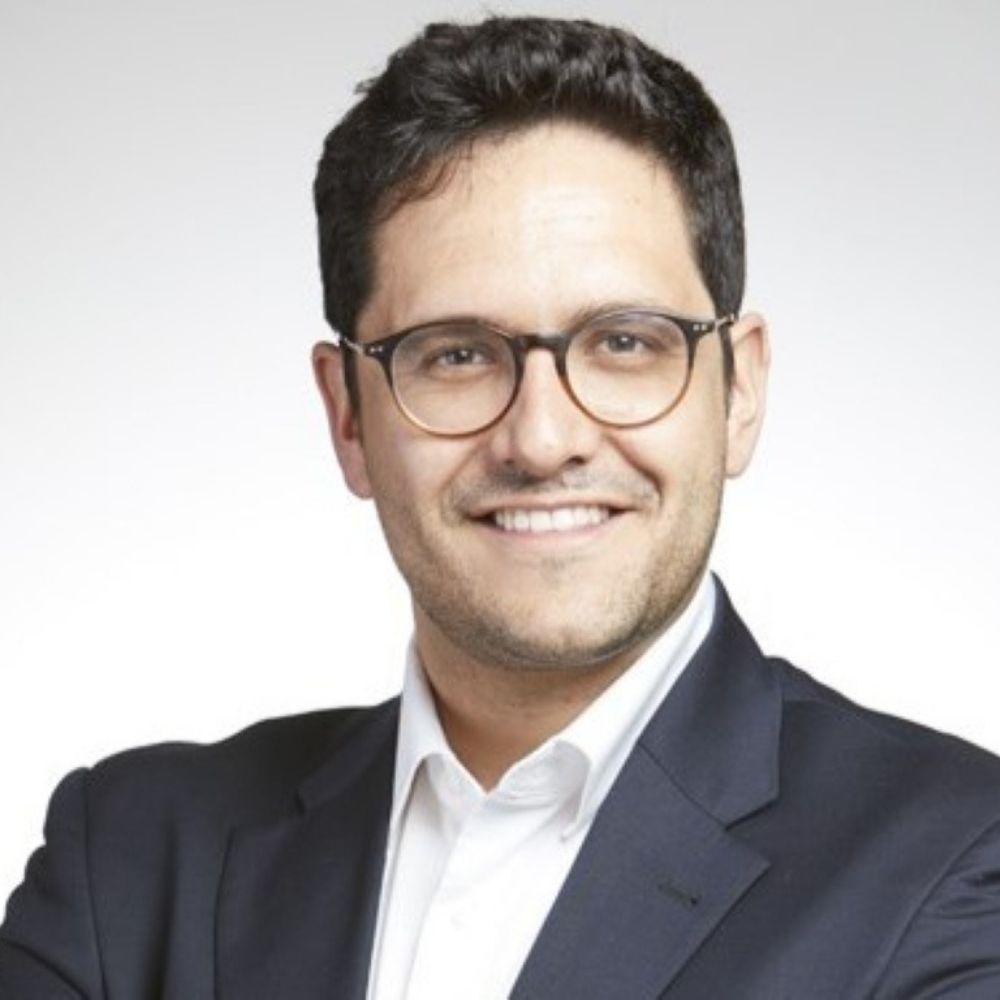
CHRIS MANSI,
COFOUNDER, VIZ.AI
Dr. Chris Mansi is the cofounder and CEO of Viz.ai, a leading company in the AI-powered healthcare diagnostics space. A trained neurosurgeon and Stanford MBA, Mansi founded Viz.ai to streamline the detection and triage of critical conditions like stroke using real-time AI imaging analysis. The platform, now used in hundreds of hospitals across the U.S., reduces time-to-treatment and improves patient outcomes.
Mansi’s unique blend of medical and business expertise has earned him recognition as a pioneer in clinical AI. Under his leadership, Viz.ai became the first AI medical software to receive FDA clearance for stroke detection, setting a precedent for AI-assisted diagnosis in medicine.
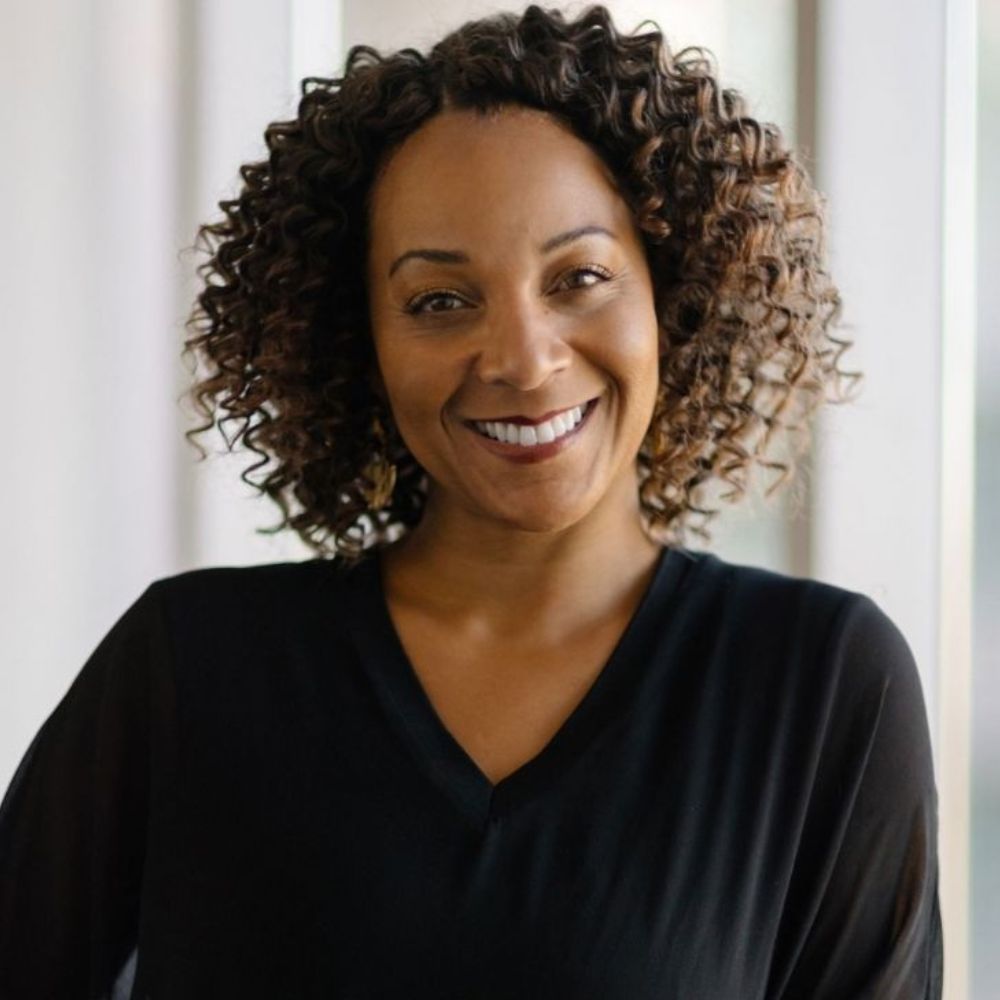
TEKEDRA MAWAKANA,
CO-CEO, WAYMO
Tekedra Mawakana is co-CEO of Waymo, Alphabet’s autonomous driving company, where she leads business strategy, partnerships, and regulatory engagement. With a legal and policy background that includes leadership roles at Yahoo and AOL, Mawakana brings deep expertise in navigating complex technology ecosystems.
Since becoming co-CEO in 2021, she has helped expand Waymo’s commercial ride hailing services in Phoenix and San Francisco, while advancing safety standards in autonomous mobility. Mawakana is a vocal advocate for inclusive innovation and AI governance, frequently speaking on the intersection of technology, equity, and regulation. Her leadership is shaping the future of self-driving technology through engineering and thoughtful, people-first deployment.
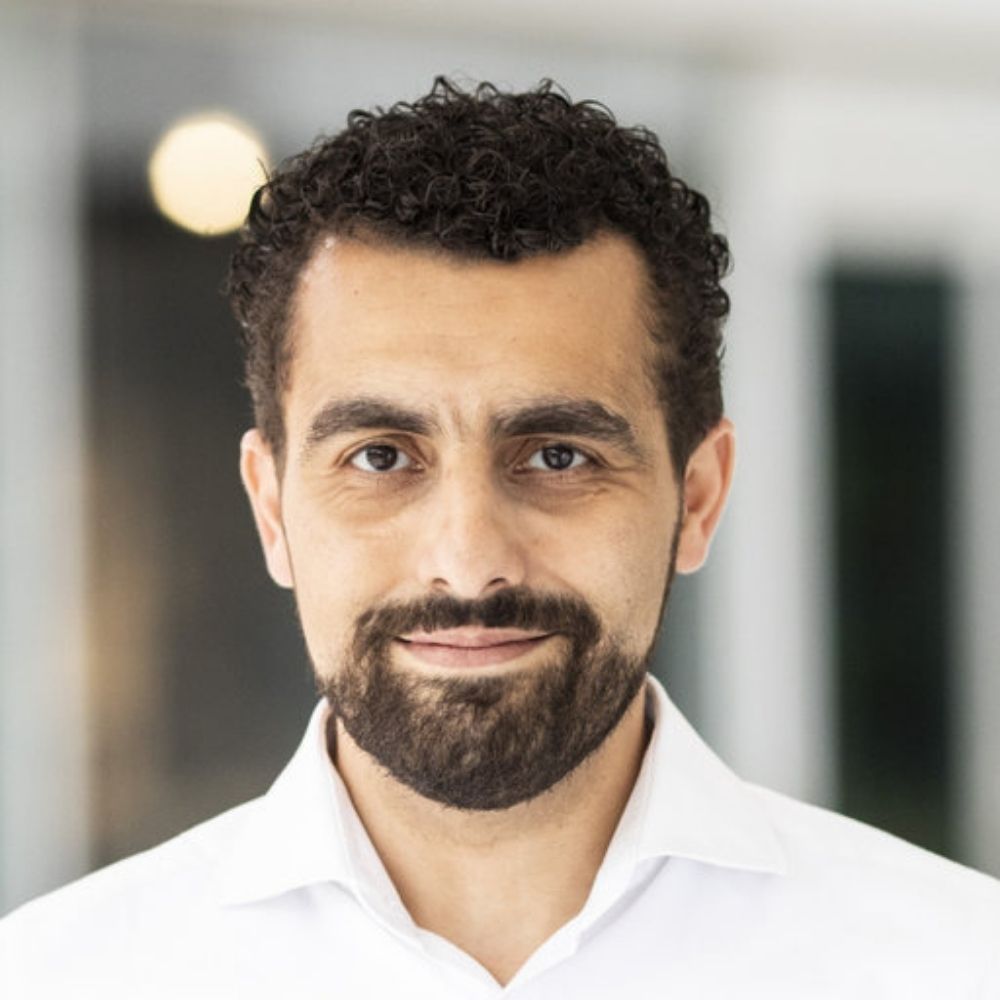
WALID MEHANNA,
CHIEF DATA AND AI OFFICER,
MERCK GROUP
Merck Group’s Chief Data and AI Officer Walid Mehanna drives global strategy for data governance, advanced analytics, and AI transformation across healthcare, life sciences, and electronics. With a background in engineering and enterprise IT, Mehanna focuses on turning AI innovation into operational excellence.
At Merck, he has implemented AI initiatives that span drug discovery, manufacturing optimization, and supply chain automation. He is a vocal advocate for scalable, ethically aligned AI in regulated industries, emphasizing both technical robustness and cultural change. Mehanna also serves on multiple global AI advisory boards.
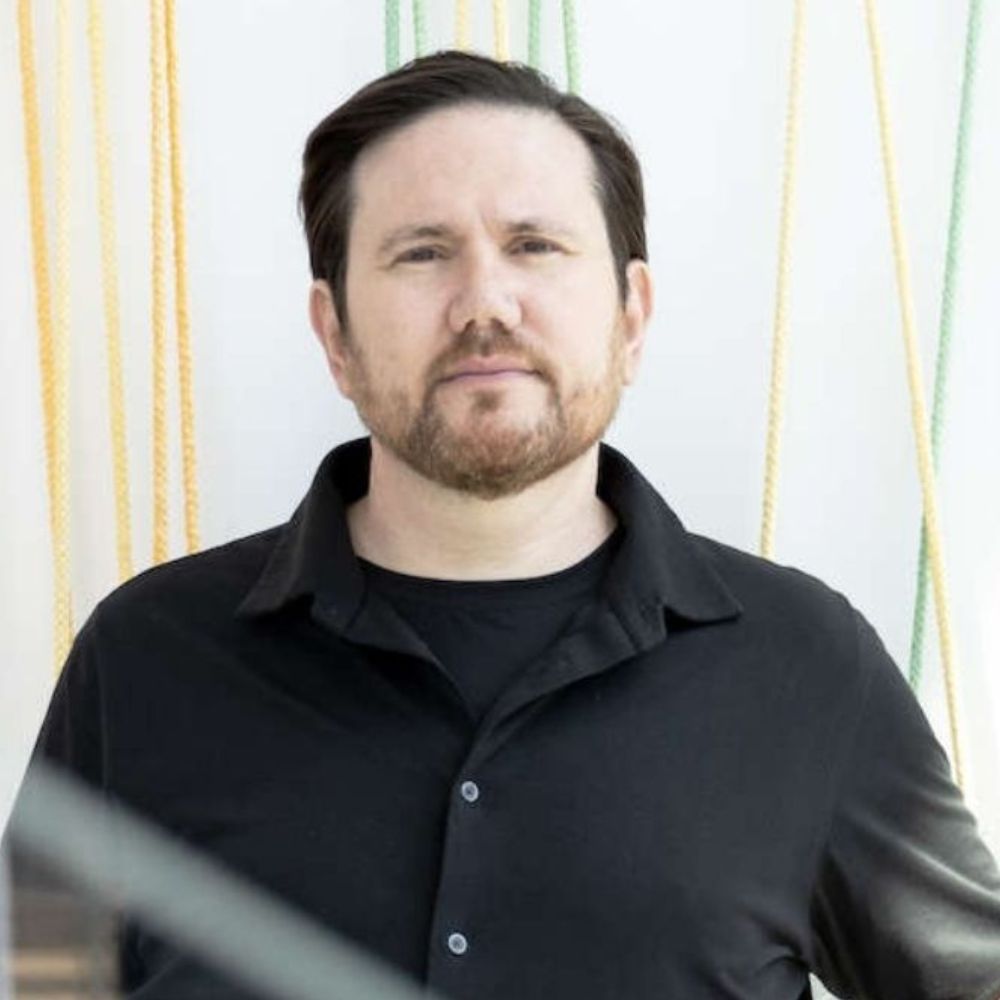
NITZAN MEKEL-BOBROV,
CHIEF AI OFFICER, EBAY
Chief AI Officer Nitzan Mekel-Bobrov at eBay oversees the development of AI systems that power everything from search and recommendation to fraud detection and seller optimization. With previous leadership roles at Microsoft and UnitedHealth Group, Mekel-Bobrov brings a diverse background in applied AI across sectors.
At eBay, he has scaled the use of transformer-based models, computer vision, and language understanding to improve customer experiences across the global marketplace. A champion of responsible AI, he promotes fairness, accountability, and transparency in large-scale consumer applications.
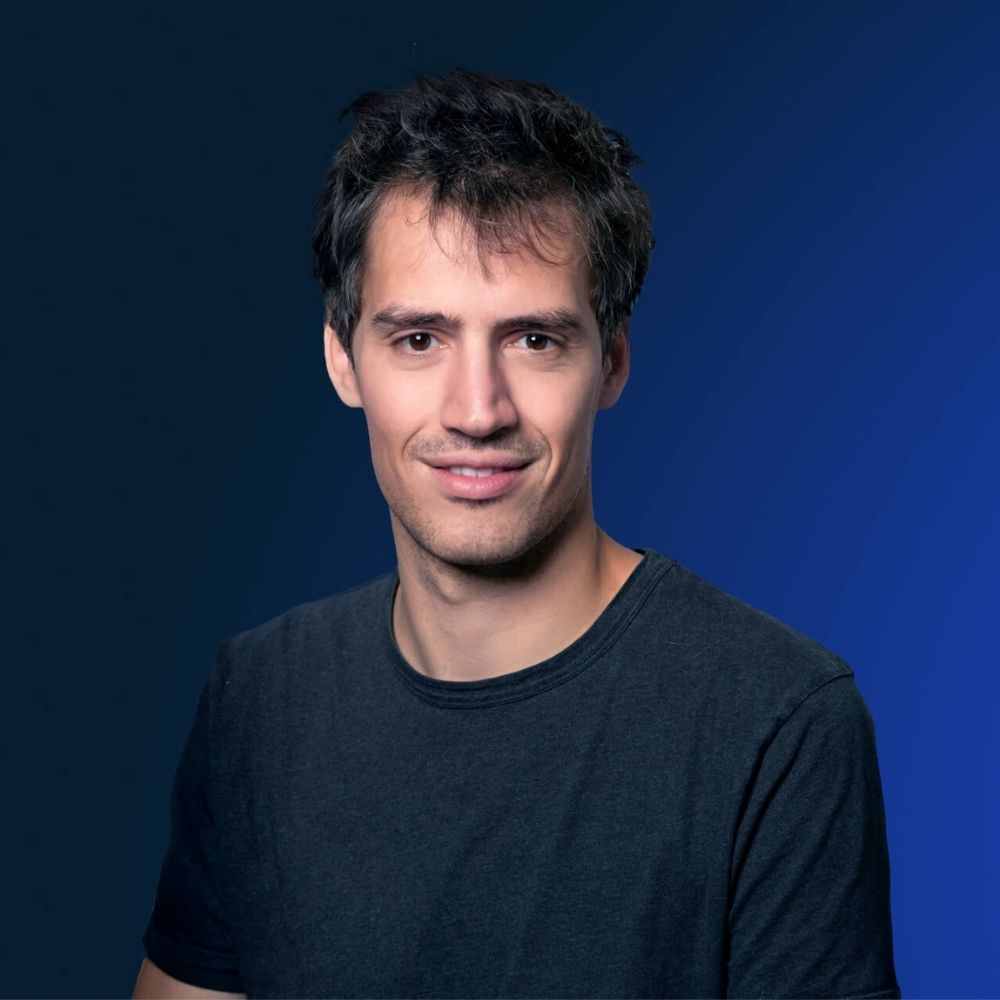
ARTHUR MENSCH,
COFOUNDER AND CEO, MISTRAL AI
Arthur Mensch is the co founder and CEO of Mistral AI, a Paris-based start-up building open-weight large language models that rival the best closed alternatives. A former research scientist at DeepMind and alumnus of École Polytechnique, Mensch cofounded Mistral in 2023 with a mission to make state-of-the-art AI more accessible, efficient, and decentralized.
Within months, Mistral released powerful models like Mistral 7B and Mixtral, quickly earning attention for their performance and openness. Mensch’s vision for AI challenges the dominance of big tech in foundation model development and promotes a more collaborative, open innovation ecosystem. He is now considered a leading voice in Europe’s AI landscape.
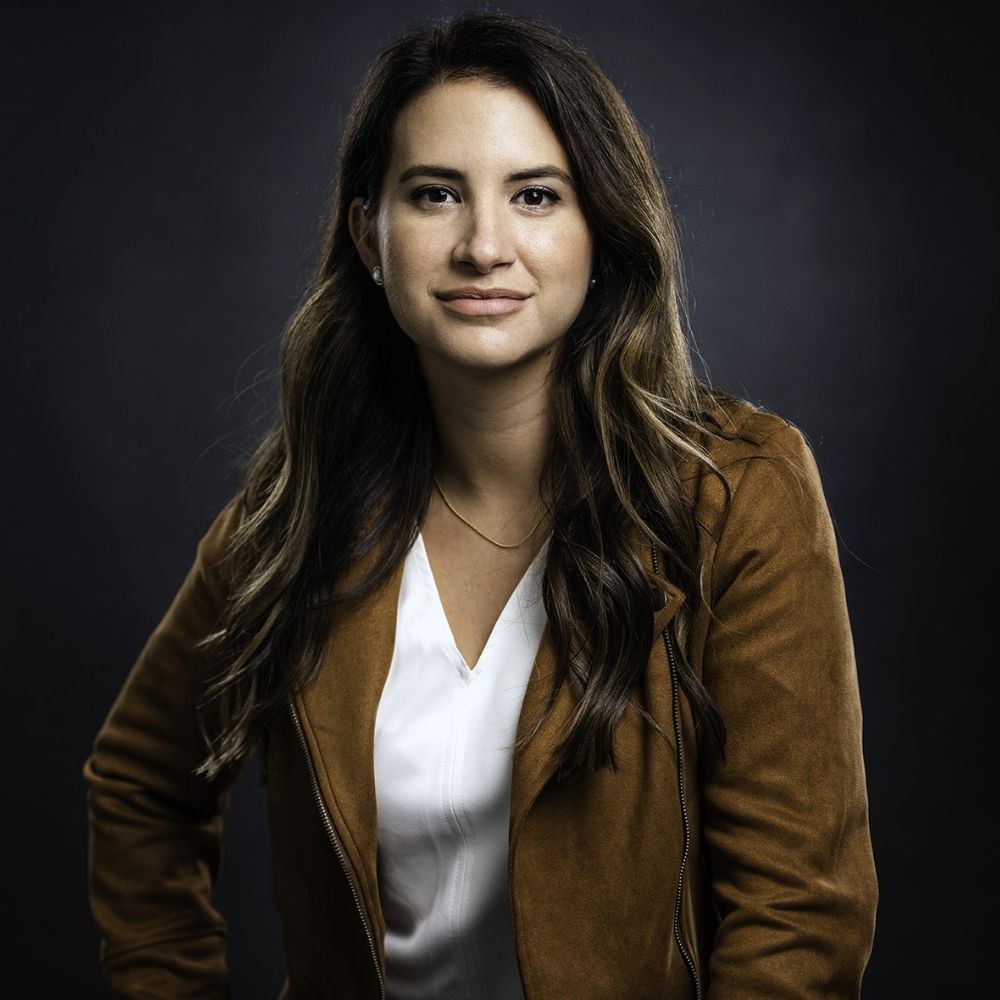
ALLIE K. MILLER,
AI ADVISOR & SPEAKER
Allie K. Miller is a renowned AI advisor, former global head of ML business development at AWS, and one of the most followed AI influencers on LinkedIn. With a background in product and research at IBM Watson and AWS, Miller has worked across sectors including healthcare, finance, and cybersecurity.
She now advises start-ups, Fortune 500s, and governments on AI product strategy, scaling ML teams, and ethical deployment. A champion of diversity in tech, Miller frequently speaks on breaking barriers in AI and empowering underrepresented voices in STEM. Her unique blend of business savvy and technical fluency makes her a go-to voice in the AI community.
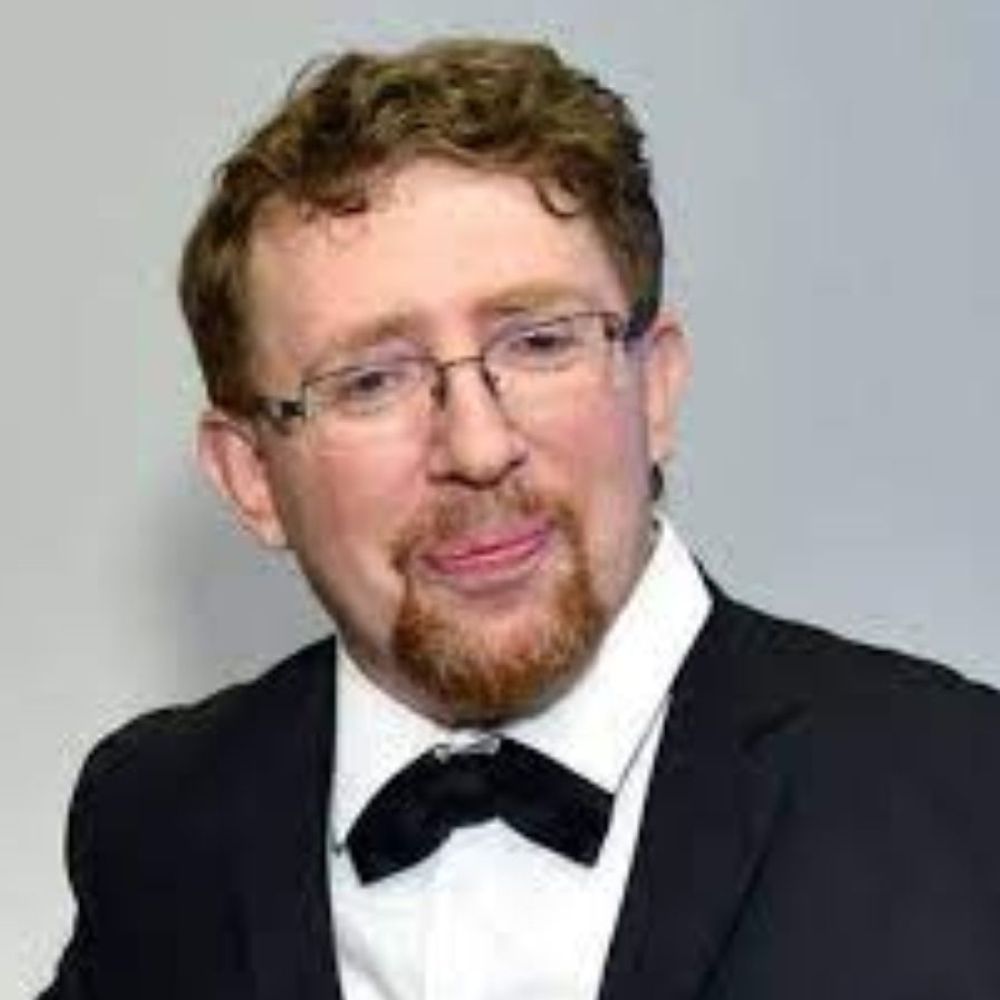
MARK MINEVICH,
AUTHOR, AI STRATEGIST & INVESTOR
Leading AI author, AI strategist, thought leader, and investor, Mark Minevich specializes in human-centric digital transformation. A Forbes contributor since 2020, Mark is recognized for his focus on AI’s role in fostering sustainable and equitable advancements across industries.
His work highlights AI’s impact on climate solutions, governance, autonomous agents, and the future of work. As the author of Our Planet Powered by AI, Mark emphasizes AI’s potential to benefit society as a whole.
With a global perspective shaped by advising top venture capital funds, nations, and global enterprises, he provides a strategic outlook on the digital economy. Mark earned a Master of Business degree from Stevens Institute of Technology and received the Albert Einstein Award for Outstanding Achievement and the Outstanding Artificial Intelligence Expert Award of Distinction by Foreign Investment Network.
Follow Mark for expert insights on AI-driven innovation, societal technology, and the future of global digital transformation.
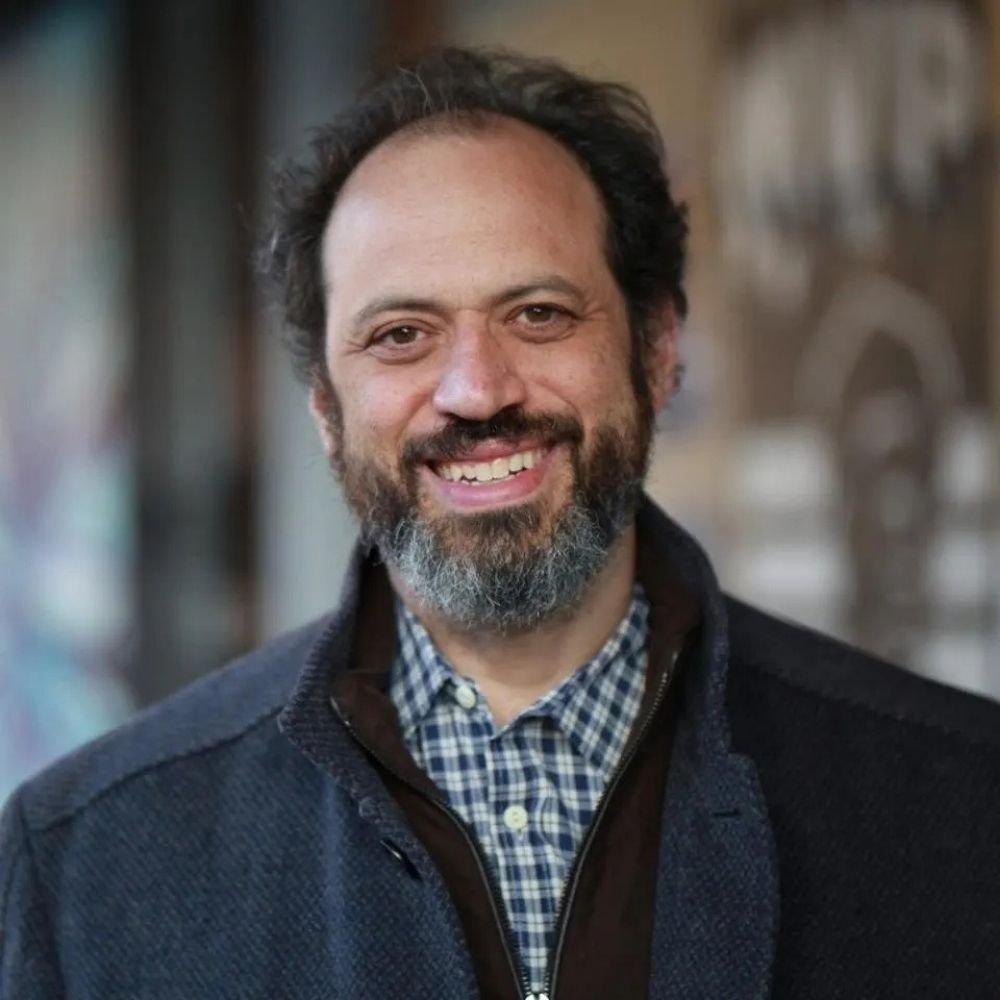
ETHAN MOLLICK,
AUTHOR, CO-INTELLIGENCE
Ethan Mollick is the author of Co-Intelligence, a book exploring collaborative frameworks between human and artificial intelligences. Drawing on his experience as a consultant in organizational design and systems thinking, Mollick argues that the next generation of AI should amplify collective human wisdom rather than replace it.
He weaves case studies from corporate and civic settings, showing how AI tools can foster better decision-making, creativity, and resilience. Mollick’s work addresses the cultural and technical shifts needed to cultivate “co-intelligent” ecosystems where humans and machines learn together in an iterative loop.
His book has influenced corporate leaders and technologists aiming to integrate AI responsibly, placing human values and group dynamics at the center of innovation.
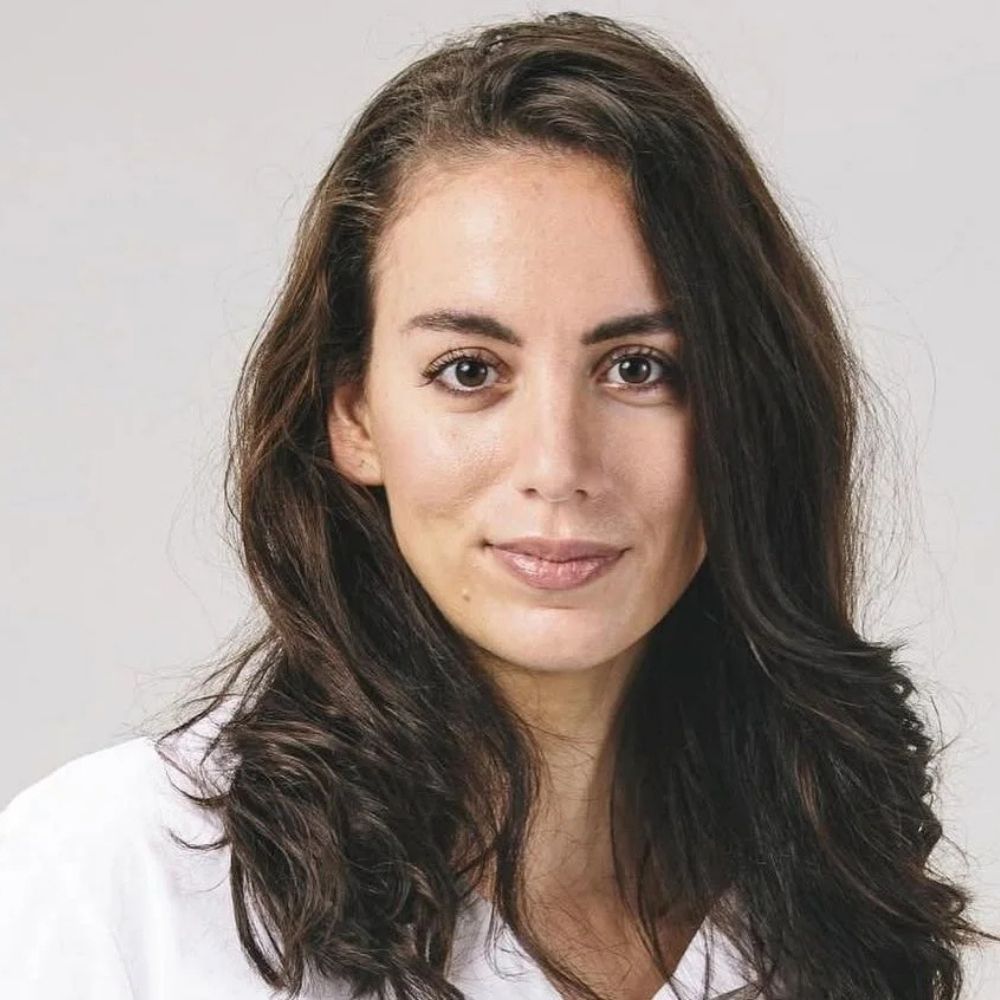
MIRA MURATI,
CHIEF TECHNOLOGY OFFICER, OPENAI
Mira Murati is the chief technology officer at OpenAI, where she leads research, deployment, and policy efforts across the company’s groundbreaking AI models, including ChatGPT, DALL-E, and Codex.
Murati previously held leadership roles at Tesla, where she worked on the Model X, and Leap Motion, where she oversaw product innovation. Known for her cross-functional leadership style, Murati plays a critical role in shaping OpenAI’s product roadmap and its approach to safety and alignment.
She frequently speaks on the importance of responsible AI deployment and the societal implications of advanced models. As one of the few high-ranking female leaders in AI, Murati is a champion for diversity in tech and a key figure in driving ethical innovation at scale.
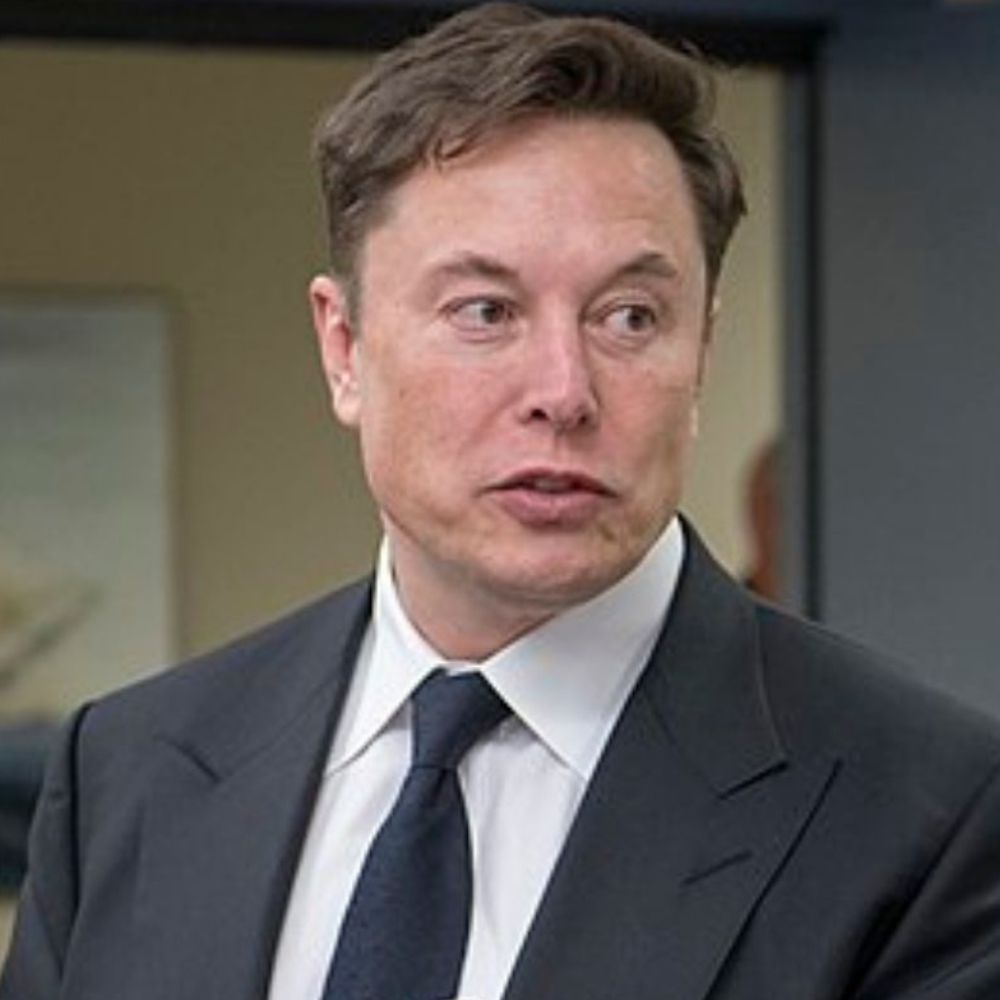
ELON MUSK,
CEO & COFOUNDER, TESLA, SPACEX & xAI
Elon Musk, widely recognized as one of the most influential tech entrepreneurs of the 21st century, has been considered the wealthiest person in the world since 2021, with an estimated net worth of $424.7 billion. He earned bachelor’s degrees from the University of Pennsylvania in 1997 before moving to California to pursue business ventures.
In 1999, Musk co-founded X.com, an online payment company that later became PayPal and was acquired by eBay in 2002. He founded SpaceX the same year, revolutionizing space travel with innovations in reusable rockets and commercial spaceflight. Musk joined Tesla as an early investor in 2004 and became its CEO in 2008, steering the company to global prominence in electric vehicles and clean energy.
In 2015, Musk co-founded OpenAI to advance AI research but later parted ways. Dissatisfaction with the organization’s direction during the AI boom of the 2020s led him to establish xAI. In 2022, he acquired Twitter and rebranded it as X in 2023.
Named Time magazine’s Person of the Year in 2021, Musk continues to shape the future of transportation, AI, and digital communication.
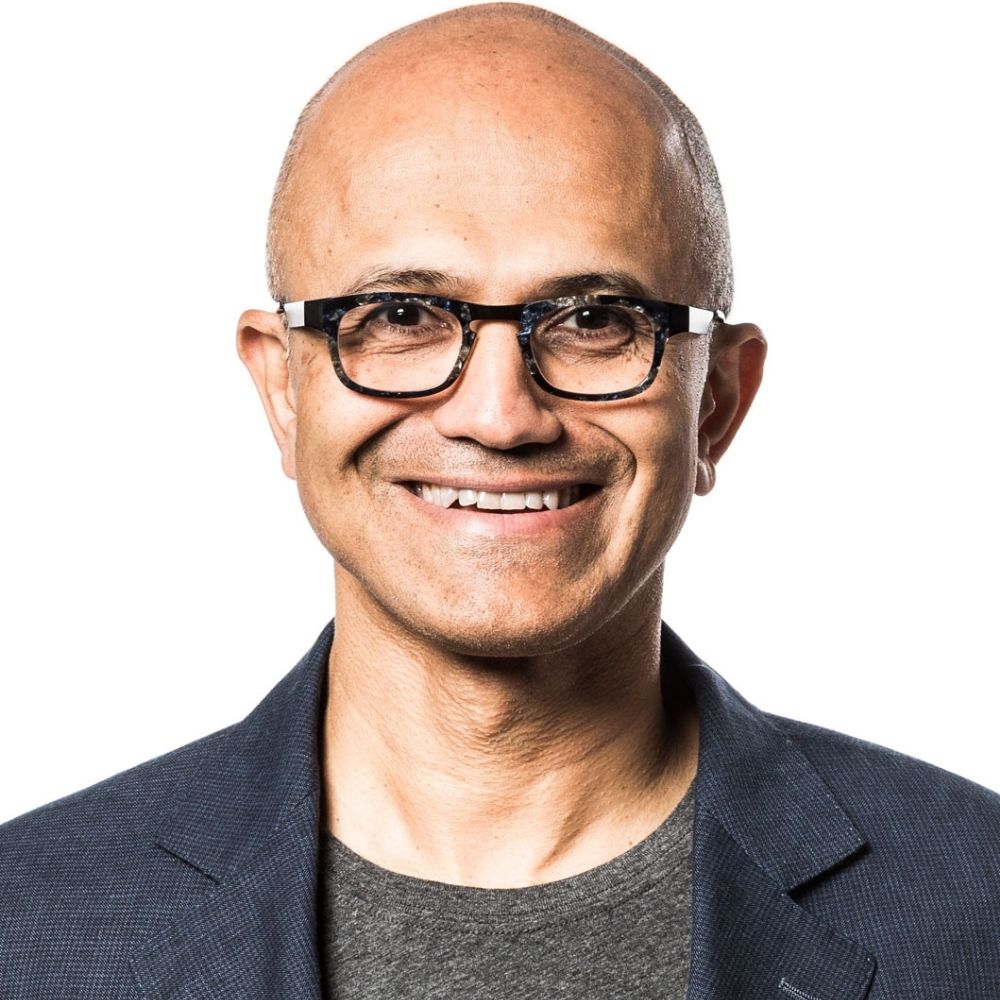
SATYA NADELLA,
CHAIRMAN & CEO, MICROSOFT
Satya Nadella became CEO of Microsoft in 2014, following a transformative tenure leading the company’s Cloud and Enterprise Group. Under his leadership, Microsoft shifted its focus to cloud infrastructure, elevating Azure into a major force in the cloud computing market.
Nadella redefined Microsoft’s mission to “empower every person and every organization on the planet to achieve more,” embedding empathy, collaboration, and a growth mindset into the company’s culture. His leadership has been marked by bold acquisitions—including LinkedIn, GitHub, and Activision Blizzard—that expanded Microsoft’s influence across enterprise, developer, and consumer markets.
A key driver of Microsoft’s AI strategy, Nadella spearheaded the company’s landmark partnership with OpenAI, bringing AI-powered innovations into products like Microsoft 365 and Azure.
Known for his empathetic and visionary leadership style, Nadella emphasizes responsible innovation and lifelong learning. He has been recognized as Financial Times Person of the Year (2019) and named to the Time 100 list in both 2018 and 2024.
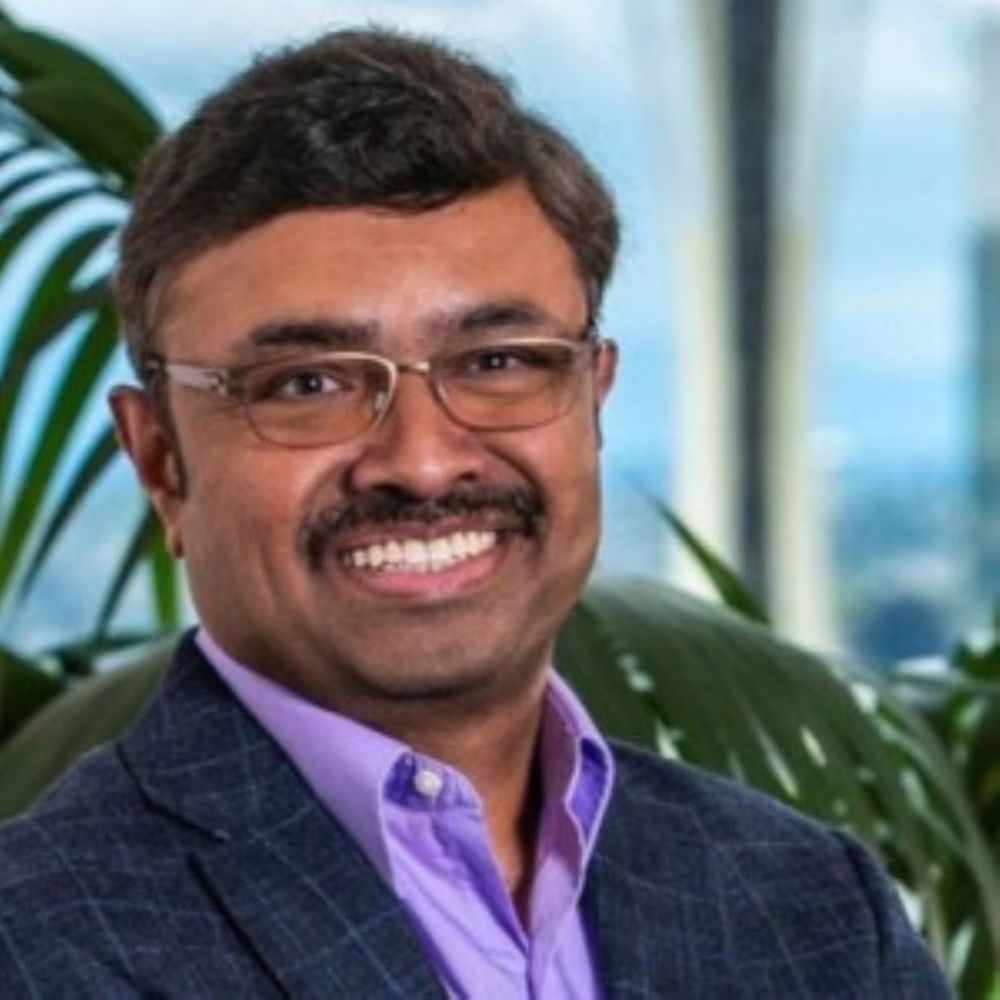
PREM NATARAJAN, PH.D.,
CHIEF SCIENTIST & HEAD OF ENTERPRISES AND AI, CAPITAL ONE
Prem Natarajan, Ph.D., is a distinguished executive in artificial intelligence and data science, currently serving as Chief Scientist and Head of Enterprise Data and AI at Capital One. He also sits on the advisory board of the University of Virginia’s School of Data Science.
Before joining Capital One, Natarajan was Vice President of Alexa AI at Amazon, where he led advancements in voice and conversational technologies. His career spans both academia and industry, with leadership roles at Behavioral Signal Technologies and Raytheon BBN Technologies, focusing on human language technologies and strategic innovation.
Earlier, he made significant academic contributions at the University of Southern California, serving as the founding Executive Director of the USC Computing Forum, Senior Vice Dean of Engineering at the Viterbi School, and Executive Director of the Information Sciences Institute.
Natarajan is widely respected for his ability to bridge deep technical expertise with enterprise-scale innovation.
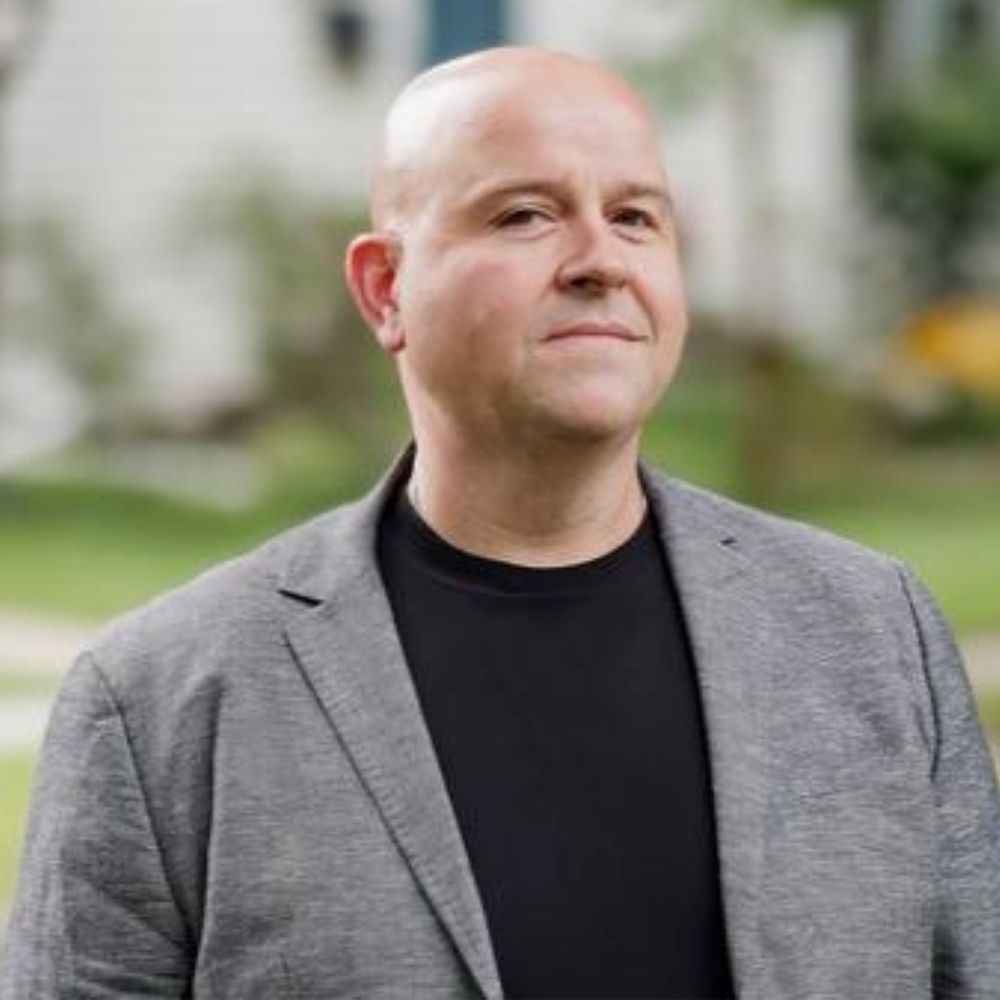
DAN NEERY,
COFOUNDER & CEO, VERMILLIO
Dan Neery is the cofounder and CEO of Vermillio, a start-up at the intersection of AI and content provenance. Previously a product leader at Meta, Neery launched Vermillio to address the growing problem of deepfakes and misinformation by building a system to verify digital content authenticity.
Using AI to track origin, authorship, and manipulation, Vermillio’s tools enable creators and platforms to establish trust in an era of generative media. Neery’s work sits at the frontier of ethical AI and content verification, offering solutions that are critical to maintaining truth and accountability in digital ecosystems.
His efforts are part of a broader movement to embed trust and traceability into AI-powered media.
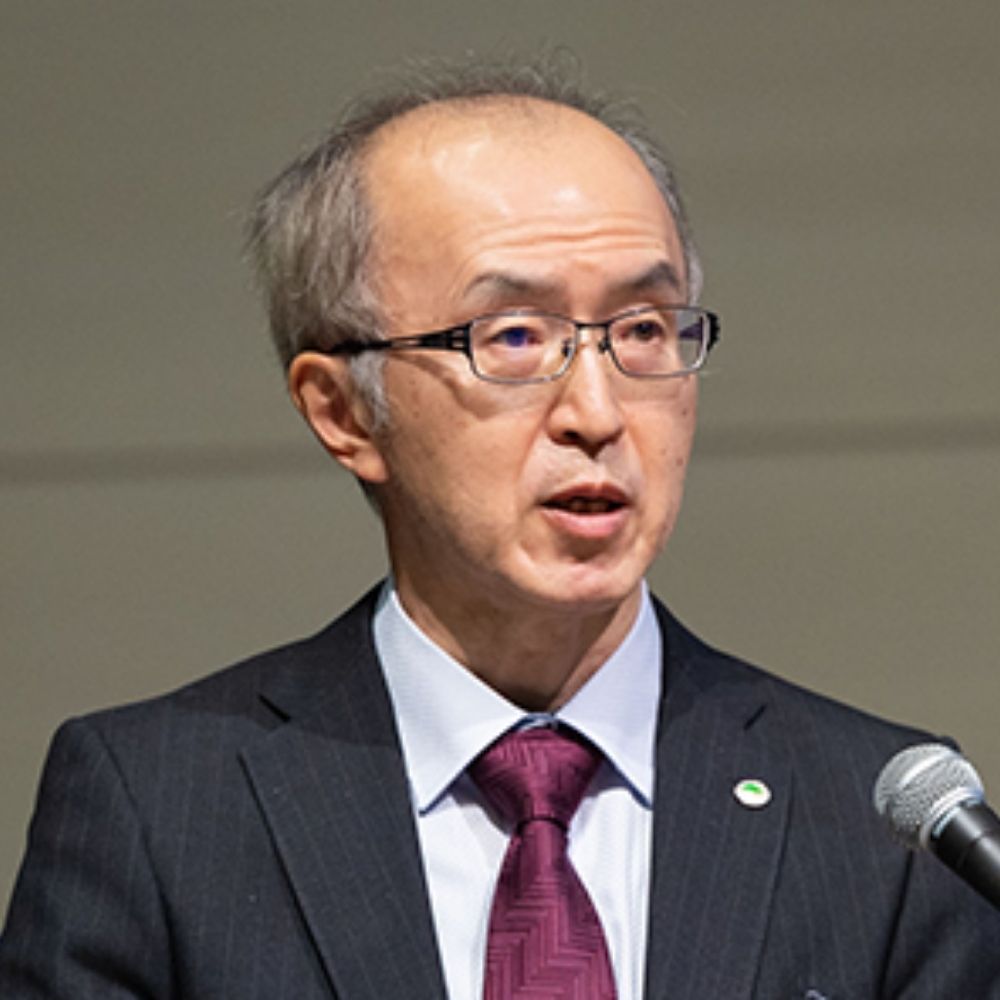
ITARU NISHIZAWA,
CHIEF TECHNOLOGY OFFICER, HITACHI
Itaru Nishizawa is the chief technology officer of Hitachi, where he leads AI, digital transformation, and R&D efforts across the company’s global infrastructure businesses. He has championed Hitachi’s Lumada platform, which uses AI and IoT to enhance predictive maintenance, logistics, and energy efficiency.
Nishizawa advocates for AI that supports sustainability, safety, and long-term industrial innovation. With a career spanning multiple tech disciplines, he bridges engineering and policy, serving on Japanese government advisory councils for digital strategy and advanced manufacturing. His work positions Hitachi as a global leader in industrial-grade AI.
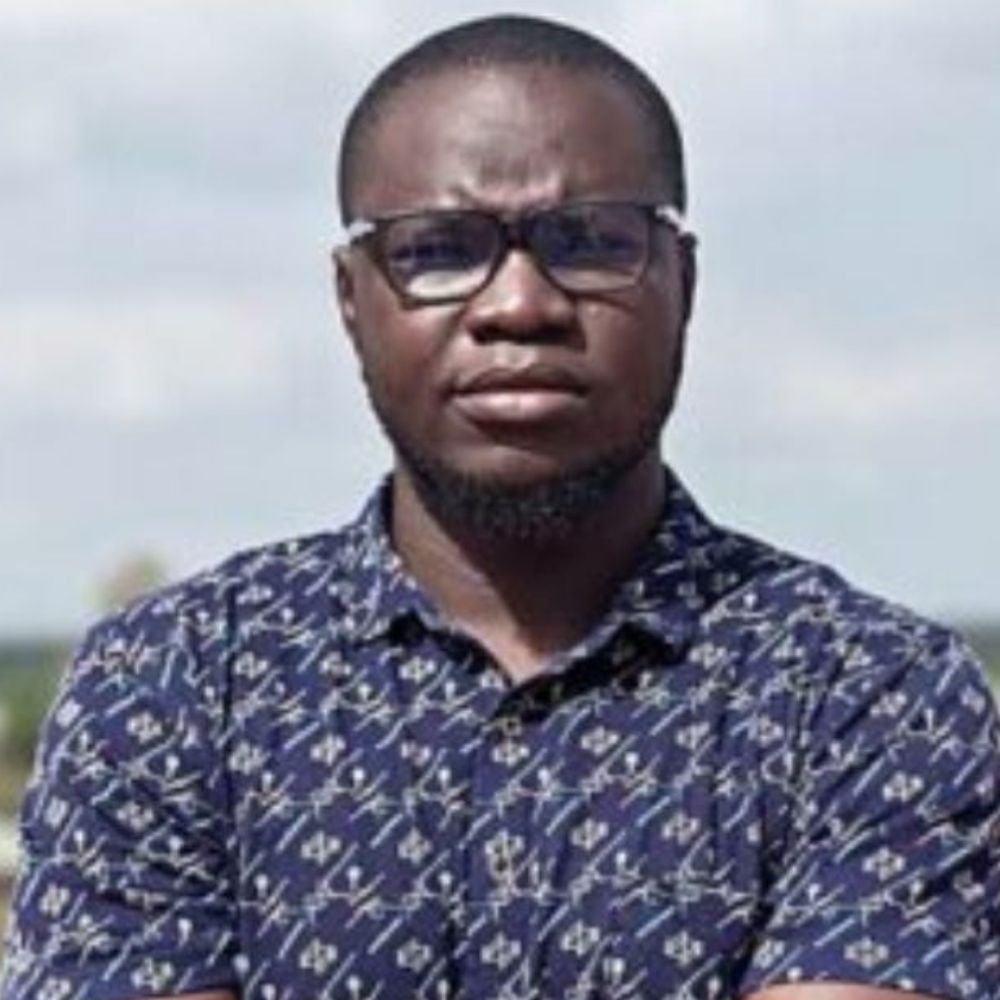
MOPHAT OKINYI,
FOUNDER & CEO, TELEWORKER COMMUNITY AFRICA
Mophat Okinyi is a Kenyan AI researcher and policy advisor focused on inclusive and ethical technology development in Africa. He works with governments, academic institutions, and international organizations to promote AI literacy, develop responsible data infrastructure, and close the regional research gap.
Okinyi is a contributor to UNESCO and African Union AI policy initiatives and has spoken globally on ensuring that AI serves the public good in emerging economies. His work bridges technical innovation and grassroots impact, advocating for AI systems that reflect local contexts, languages, and needs. Okinyi is shaping the conversation around AI equity and innovation from a Global South perspective.
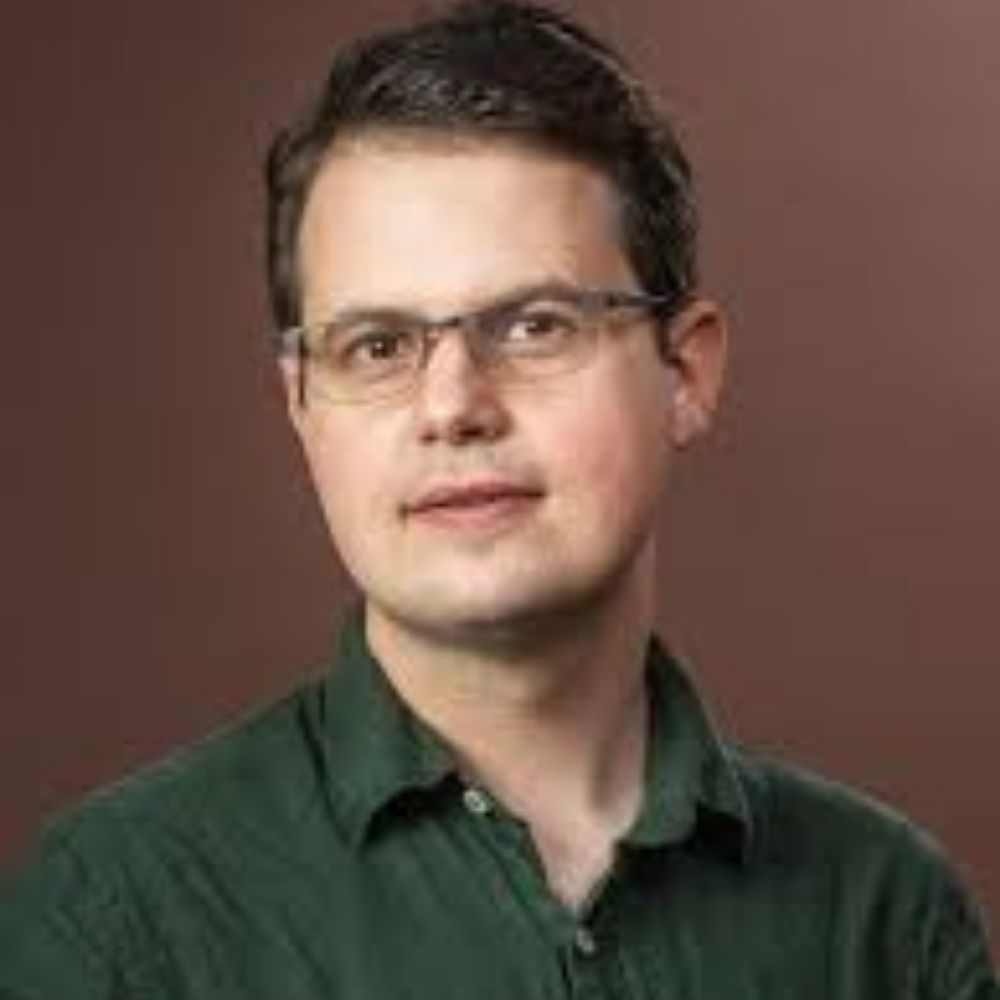
CHRIS OLAH,
COFOUNDER, ANTHROPIC
Chris Olah is a cofounder of Anthropic and a pioneer in neural network interpretability. He began his career at Google Brain, where he produced viral “distill.pub” essays demystifying deep learning concepts through interactive visualizations. Olah’s research introduced techniques like activation atlases and feature visualization, enabling researchers to peer inside model internals.
At OpenAI, he led the interpretability team, developing tools to understand failure modes and alignment risks in large language models. With Anthropic, Olah continues to develop transparent AI systems by integrating interpretability methods into the training loop, making it easier to detect and correct unsafe behaviors. He is widely respected for bringing clarity and creativity to complex AI safety challenges.
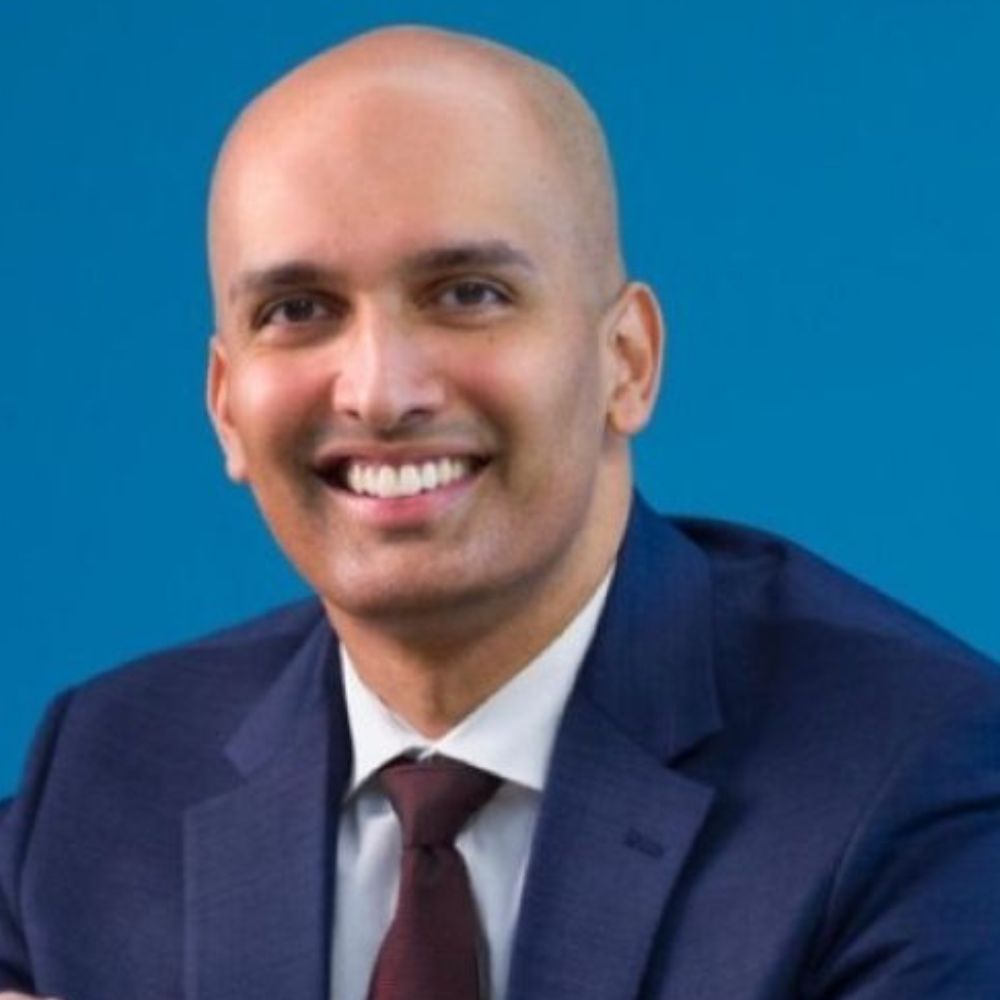
BHAVIK PATEL,
CHIEF AI OFFICER, MAYO CLINIC
Dr. Bhavik Patel is the chief AI officer at the Mayo Clinic, one of the most advanced medical institutions integrating AI into clinical practice. A diagnostic radiologist by training, Patel leads cross-functional teams to deploy AI models for imaging, diagnostics, and patient care optimization. He focuses on interpretability and clinical trust, ensuring that algorithms enhance—not replace—physician decision-making.
Patel also helps shape the Mayo Clinic’s AI strategy from research collaboration to regulatory compliance. His work is advancing the use of AI in healthcare settings that prioritize ethics, patient safety, and medical excellence.
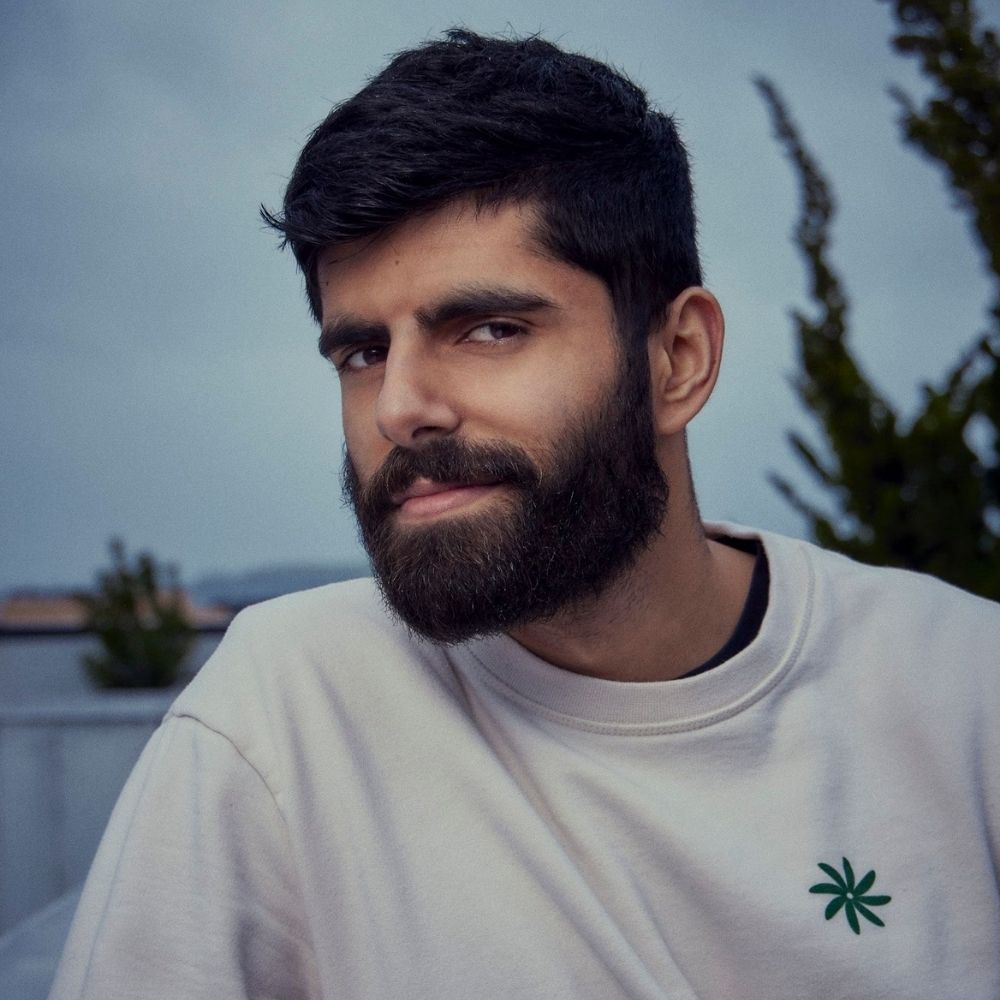
DWARKESH PATEL,
HOST, DWARKESH PODCAST
Dr. Dwarkesh Patel is an economist, writer, and host of the Dwarkesh Podcast, where he interviews leading thinkers across technology, economics, and culture, often delving into AI’s societal impacts. A Ph.D. graduate from MIT, Patel’s research examined financial market dynamics and the intersection of AI-driven trading strategies.
His podcast has become a go-to forum for nuanced conversations on AI ethics, regulation, and the future of work, blending rigorous analysis with accessible storytelling. Patel also writes for major outlets, translating technical debates into insights for a general audience. Through his platform, he explores how AI reshapes industries, governance, and personal lives, advocating for thoughtful policies that balance innovation with public well-being.
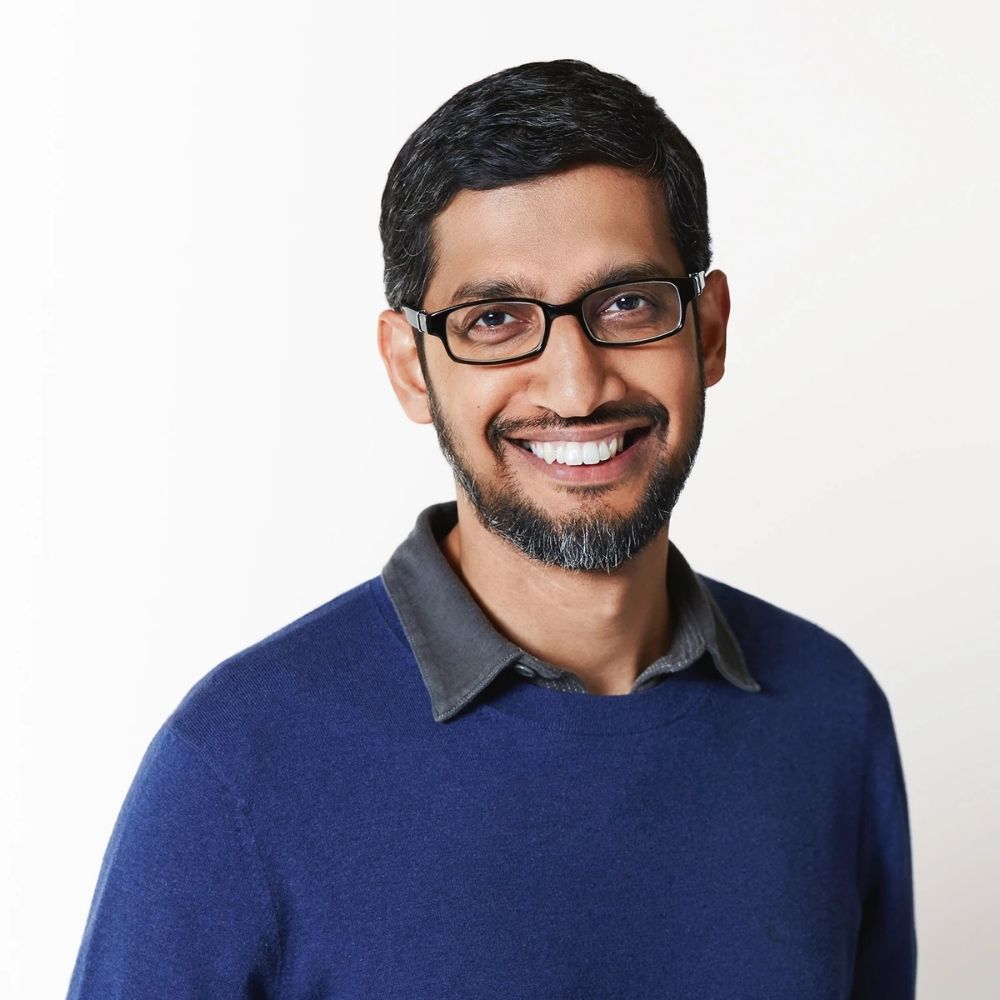
SUNDAR PICHAI,
CEO, GOOGLE & ALPHABET
Sundar Pichai worked in engineering and product management before joining Google in 2004. He led the product management and innovation efforts for Google Chrome, ChromeOS, and Google Drive, then oversaw the development of other applications such as Gmail and Google Maps. Pichai released ChromeOS to the public in 2009 and Chromebook in 2012.
In 2010, he announced the open sourcing of the new video codec VP8 by Google and introduced the new video format WebM. In 2013, Pichai added Android to the list of Google products he oversaw. He became CEO of Google on October 24, 2015, and in December 2019, CEO of Alphabet, Inc., the holding company for the Google family of companies.
Pichai was included in Time’s annual list of the 100 most influential people in 2016 and 2020, and in the Time 100 AI list in 2024.
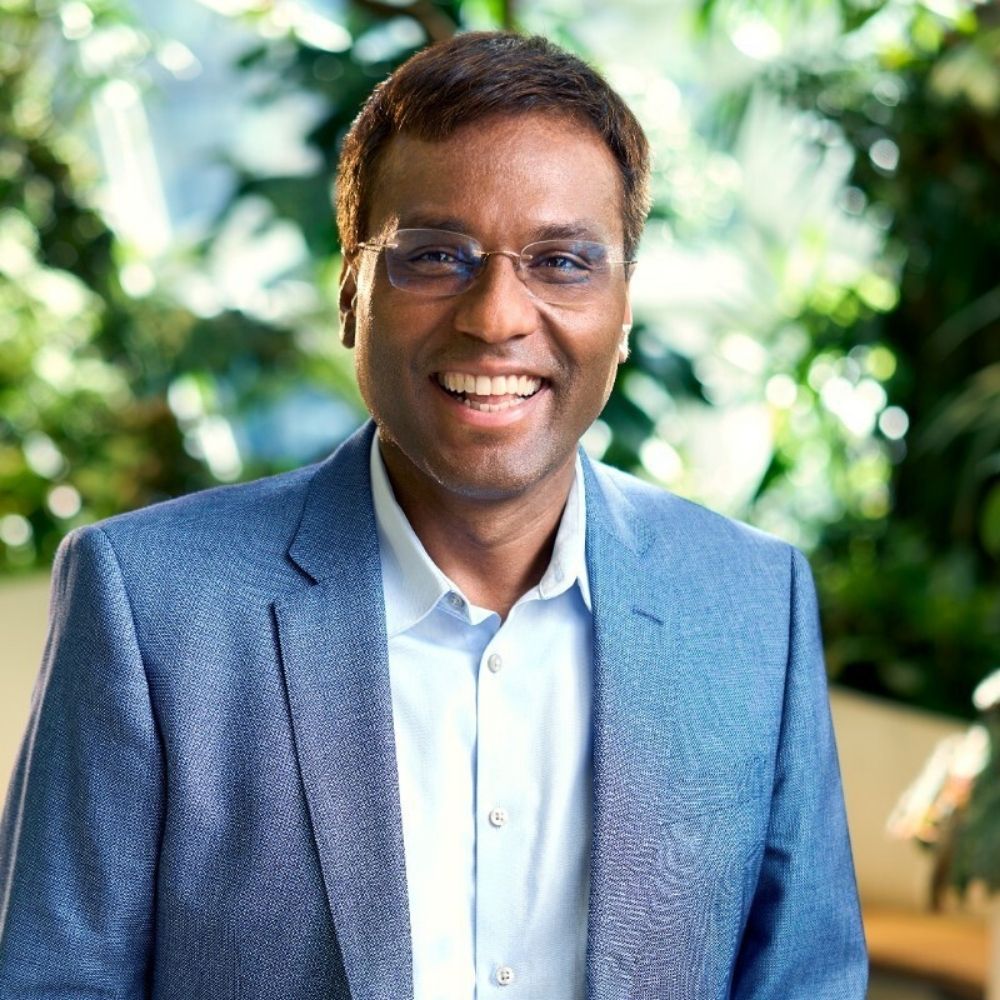
ROHIT PRASAD, SVP & HEAD SCIENTIST OF ARTIFICIAL GENERAL INTELLIGENCE, AMAZON
A tech power player, Rohit Prasad is senior vice president and head scientist for Amazon Alexa. Prior to Amazon, he was deputy manager and senior director of the Speech, Language and Multimedia Business Unit at Raytheon BBN Technologies. Prasad has coauthored more than 100 scientific articles and holds several patents.
He earned a master’s degree in electrical engineering at the Illinois Institute of Technology, Chicago, and a bachelor’s degree in electronics and communications engineering from the Birla Institute of Technology, India. He became vice president and head scientist of Alexa Artificial Intelligence in 2016, director of machine learning at Amazon Alexa in 2013, and from 1999 to 2013 worked at BBN Technologies (acquired by Raytheon) as a staff scientist, eventually becoming deputy manager for speech, language, and multimedia.
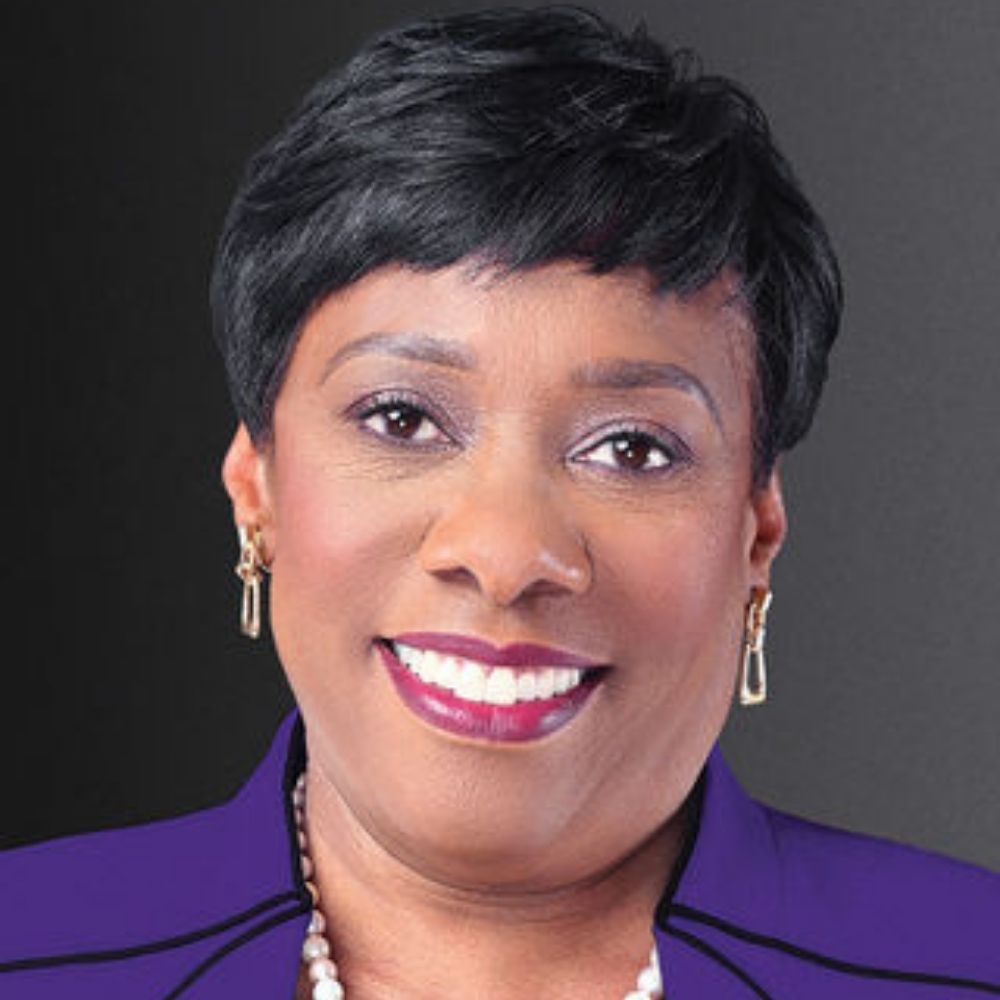
BECKY PRINGLE, PRESIDENT, NATIONAL EDUCATION ASSOCIATION
Becky Pringle serves as president of the National Education Association (NEA), the largest labor union in the U.S., representing 3 million educators. Starting her career as a middle school science teacher, Pringle has been a strong advocate for educational equity, digital literacy, and professional development.
Under her leadership, the NEA has launched initiatives to integrate AI literacy into K-12 curricula and ensure emerging technologies support, rather than undermine, teaching quality. Pringle champions policies that protect student data privacy, promote teacher training in AI tools, and address the digital divide. She frequently testifies before Congress on education policy, working to ensure AI’s benefits are shared equitably among all students and communities.
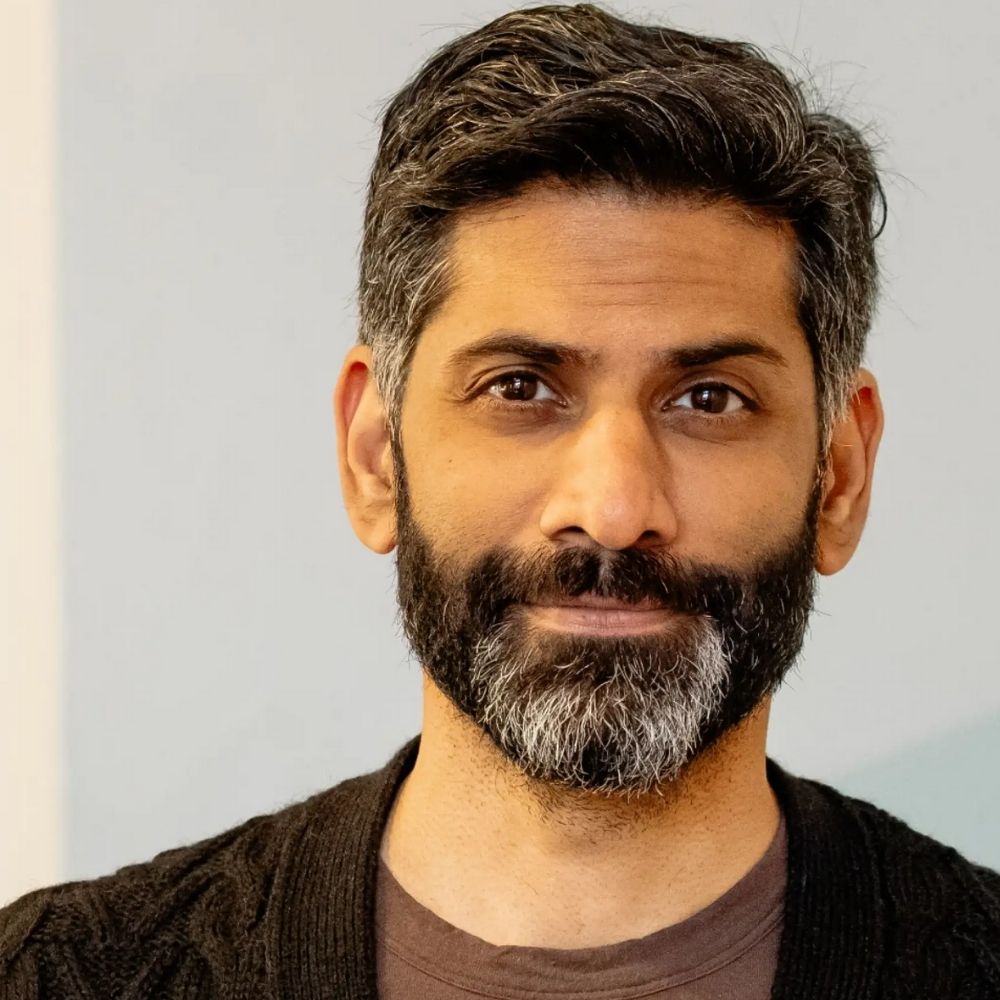
SHIV RAO, COFOUNDER AND CEO, ABRIDGE
Dr. Shiv Rao is the cofounder and CEO of Abridge, an AI start-up transforming healthcare communication. A practicing cardiologist and former executive at UPMC Enterprises, Rao launched Abridge to address inefficiencies in clinical documentation. His company uses AI to generate medical notes from doctor-patient conversations, reducing administrative burdens and helping physicians focus on patient care. Backed by leading investors including Spark Capital and Bessemer Venture Partners, Abridge’s technology is already integrated into major health systems. Rao’s dual expertise in medicine and technology gives him a unique lens into the challenges and opportunities at the intersection of AI and healthcare. His work is reshaping how clinicians engage with technology, making medical conversations more efficient, accurate, and human.
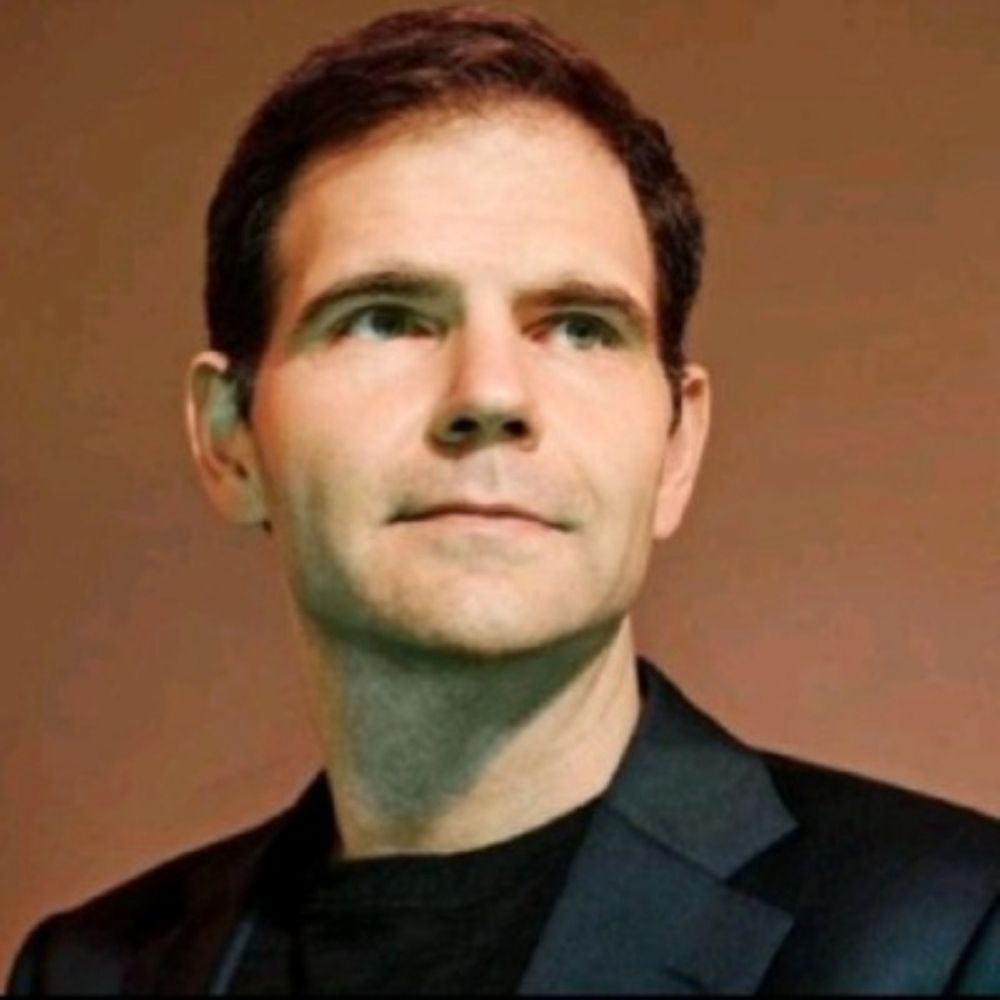
JONATHAN ROSS, FOUNDER & CEO, GROQ
Jonathan Ross is the founder and CEO of Groq, a semiconductor company pioneering new architectures purpose-built for artificial intelligence workloads. Prior to founding Groq in 2016, Ross was one of the original engineers behind Google’s Tensor Processing Unit (TPU), a breakthrough in custom AI hardware. His vision for Groq centers on deterministic execution, enabling ultra-fast inference with consistent latency—especially valuable in time-sensitive applications. Groq’s language processing unit (LPU) has gained attention for outperforming GPUs in inference speed for large language models. Ross holds numerous patents in computing hardware and has been a driving force in pushing the boundaries of AI acceleration. Under his leadership, Groq is reshaping what’s possible in AI hardware performance.
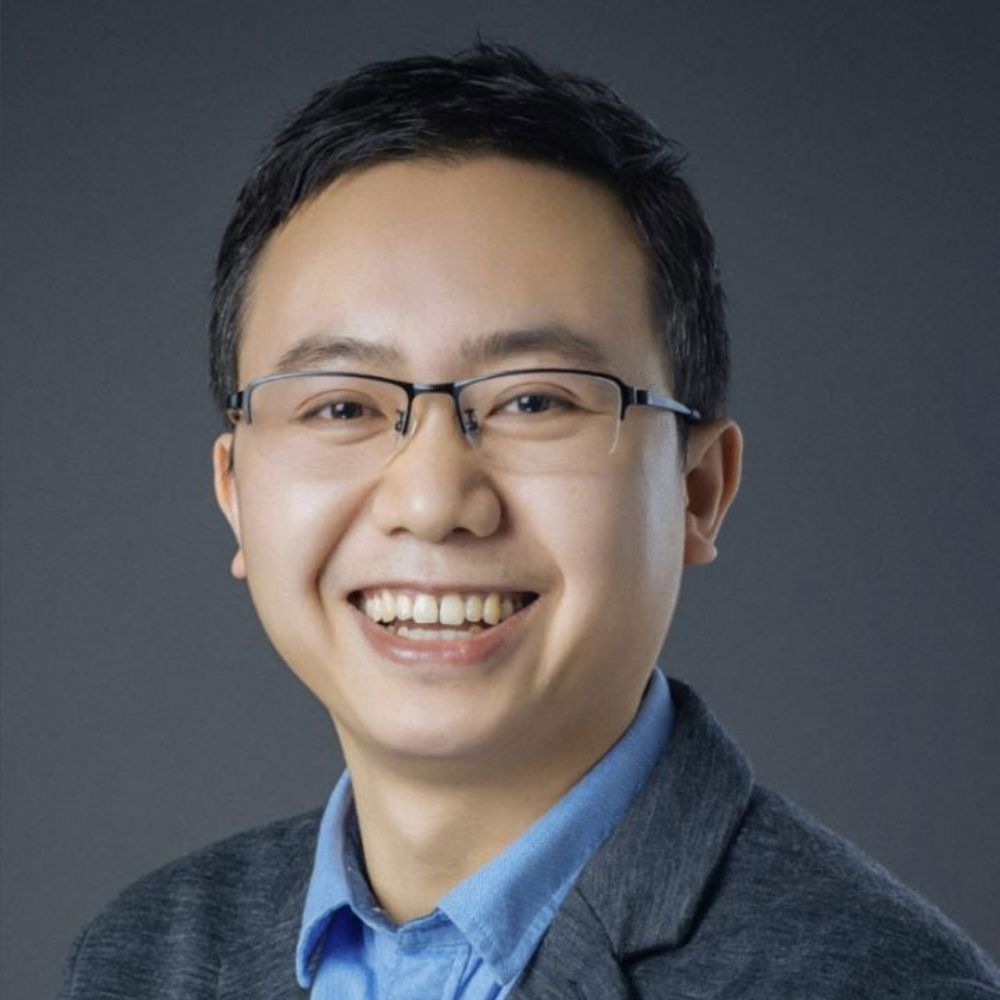
LIANG RUBO, CEO & COFOUNDER, BYTEDANCE
Liang Rubo is the chairman of ByteDance, the Chinese internet giant that owns TikTok. He cofounded ByteDance with Zhang Yiming, who stepped down as CEO in 2021. ByteDance is making huge strides in AI under Rubo’s leadership. In May, the company released an AI model, dubbed Doubao, which replaced Baidu’s ERNIE as China’s most popular chatbot and costs 99.8% less to run than OpenAI’s ChatGPT-4. Rubo is now tasked with leading the 10-year-old Chinese multinational through tightened regulations at home and rising geopolitical tensions abroad. ByteDance is investing $2 billion to develop an AI hub in Malaysia and is negotiating with Broadcom to design an advanced AI chip. In February 2025, the ByteDance AI Lab, headed by Wei-Ying Ma, the former assistant managing director of Microsoft Research Asia, revealed OmniHuman-1, an AI system capable of creating realistic human videos from a single image and motion signals such as audio or video clips.
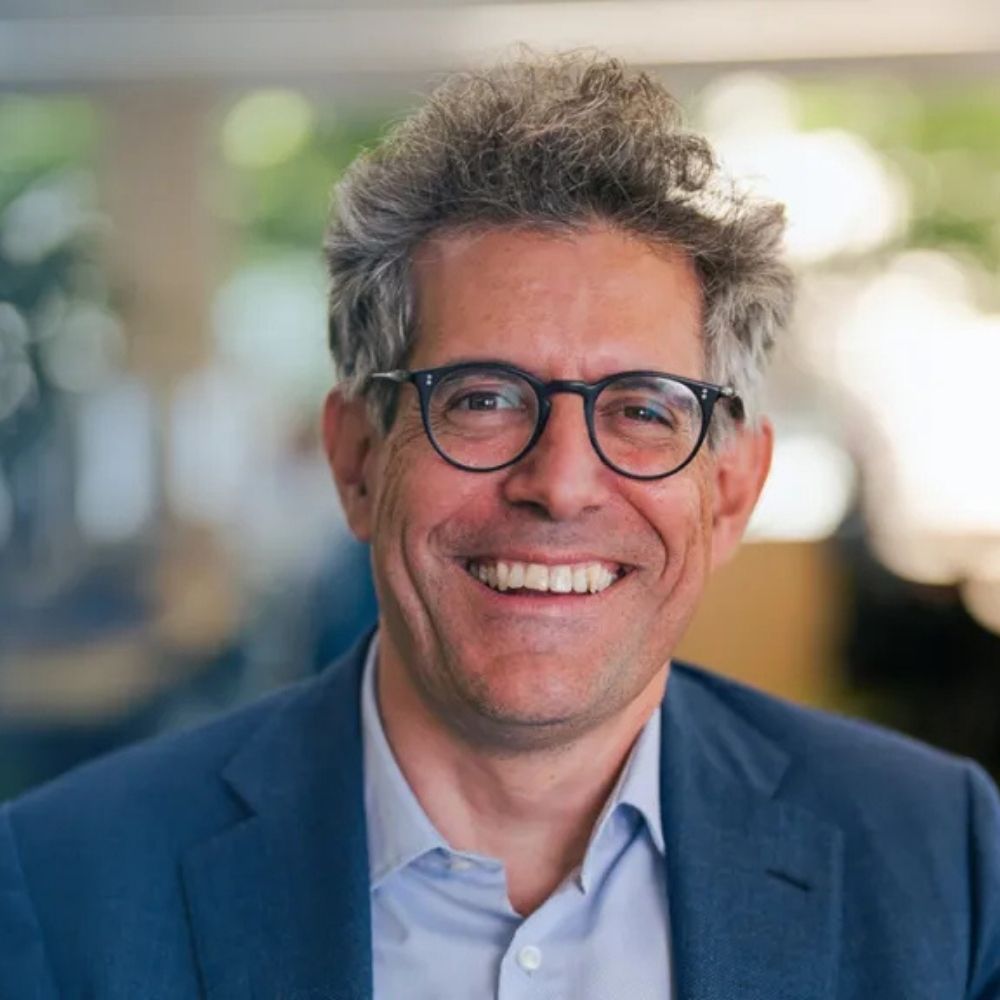
SILVIO SAVARESE, EXECUTIVE VP AND CHIEF SCIENTIST OF AI RESEARCH, SALESFORCE
Dr. Silvio Savarese is the executive vice president and chief scientist of AI at Salesforce, where he leads the company’s AI research division and its push into generative enterprise technologies. Formerly a professor at Stanford University and director of the Stanford Vision and Learning Lab, Savarese has made major contributions in computer vision, 3D scene understanding, and multimodal learning. At Salesforce, he oversees the development of AI systems like Einstein GPT and the company’s next-generation foundation models. His work bridges cutting-edge academic research with real-world business applications. Savarese is widely respected for advancing AI that is not only powerful but also explainable, robust, and aligned with human values.
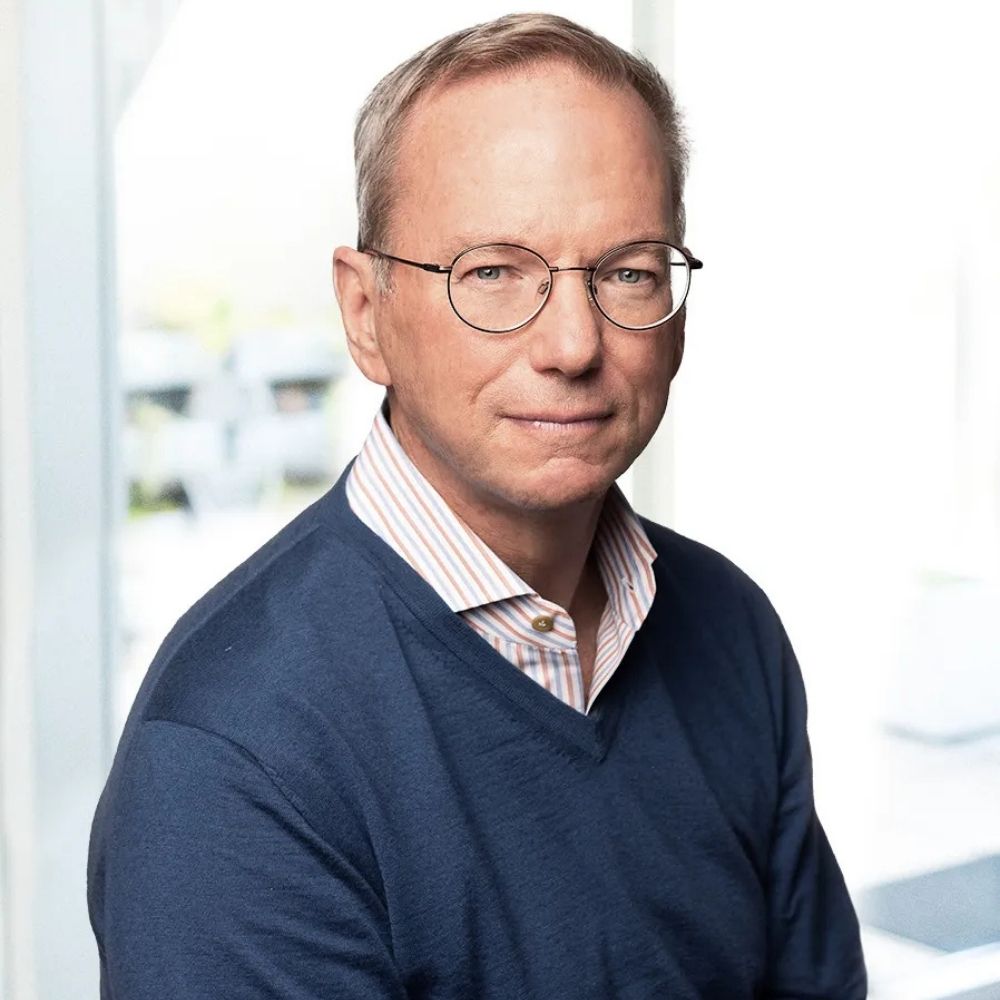
ERIC SCHMIDT, FOUNDER, SCHMIDT FUTURES
Eric Schmidt was chairman and CEO of Google from 2001 to 2011, during which time the company dramatically scaled its infrastructure and diversified its products while maintaining a strong culture of innovation. He served as the technical advisor to Alphabet, Google’s holding company, from 2018 to 2020, and as its executive chairman from 2015 to 2018. Schmidt remained Google’s chairman until 2015. Over the past decade, he has pushed for urgency in AI research and development, acting as a liaison between Silicon Valley and the traditionally slower-moving U.S. national-security community. As cofounder of Schmidt Futures, a philanthropic initiative focused on science and technology, he recently served as chairman of the National Security Commission on Artificial Intelligence. Schmidt is the author of the Wall Street Journal bestseller The Age of AI: And Our Human Future (2021) and co-author of the New York Times bestseller Genesis: Artificial Intelligence, Hope, and the Human Spirit (2024), which explores how AI will shape modern civilization.
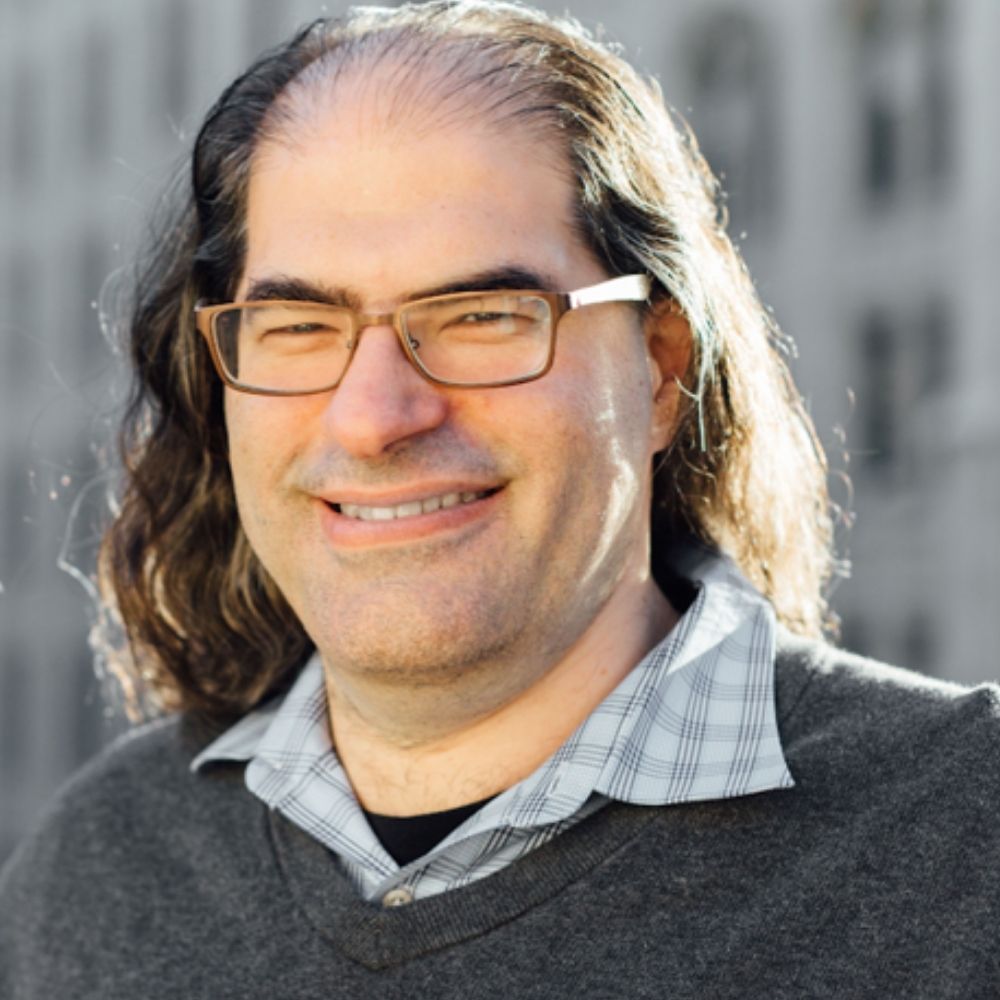
DAVID SCHWARTZ, CHIEF TECHNOLOGY OFFICER, RIPPLE
David Schwartz is the CTO of Ripple, a company known for its blockchain-based payment infrastructure and its role in digital asset innovation. An early architect of the XRP Ledger, Schwartz has recently focused on integrating AI into blockchain for transaction validation, fraud detection, and real-time analytics. With a background in cryptography and distributed systems, he brings a unique, systems-level perspective to the convergence of AI and decentralized finance. Schwartz frequently explores how AI can enhance trust, scalability, and interoperability in global financial infrastructure. His insights are helping define how next-generation technologies can be responsibly integrated into fintech ecosystems.
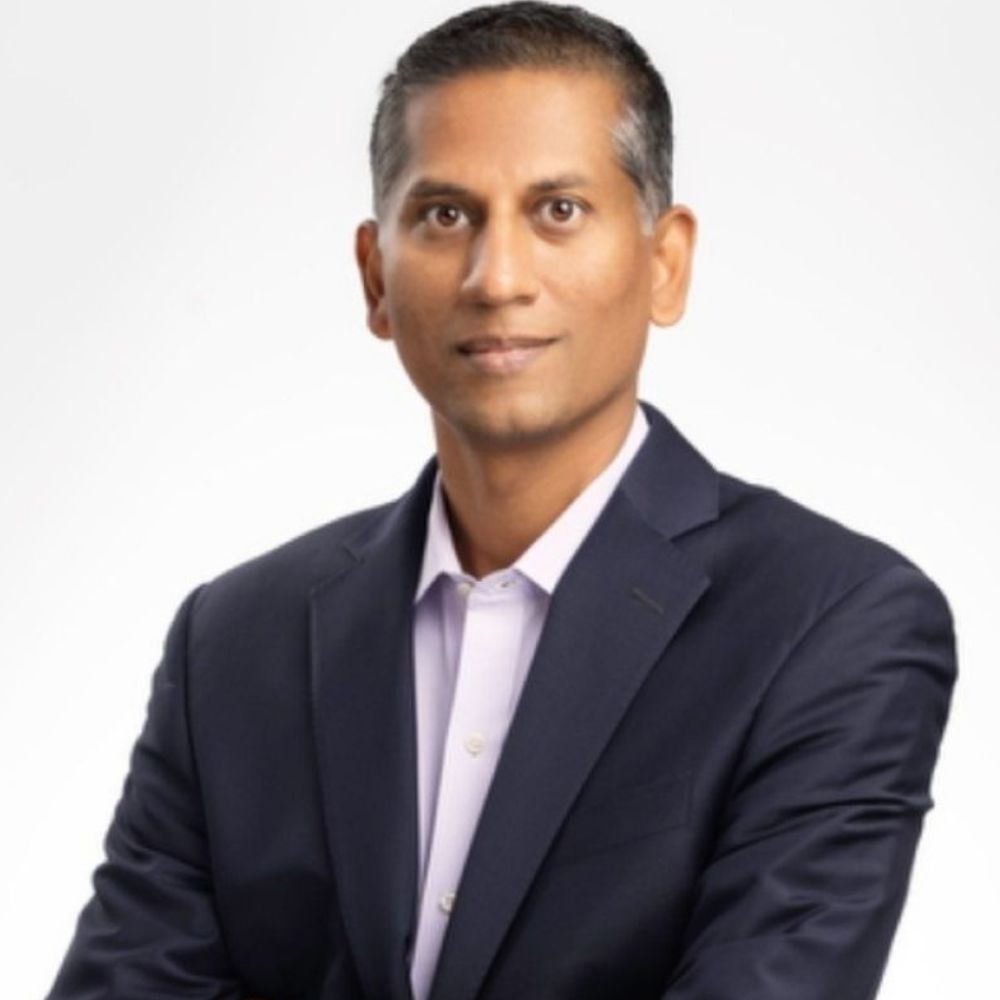
VENKAT SETHURAMAN,
SVP, GLOBAL HEAD OF DATA SCIENCE & ANALYTICS,
GENENTECH
Venkat Sethuraman is the senior vice president and global head of data science and analytics at Genentech, an independent American biotechnology corporation owned by Roche, a Swiss multinational pharmaceutical company. He leads efforts to apply AI across drug discovery, clinical trials, and patient outcomes. With over two decades of experience in healthcare analytics, Sethuraman has pioneered the use of machine learning in biomarker discovery, real-world evidence generation, and personalized medicine. His team works closely with regulators, medical scientists, and tech partners to ensure that AI models in healthcare are interpretable, validated, and ethically deployed. Sethuraman is a thought leader in responsible AI in life sciences, advocating for innovation that remains grounded in patient benefit and data integrity.
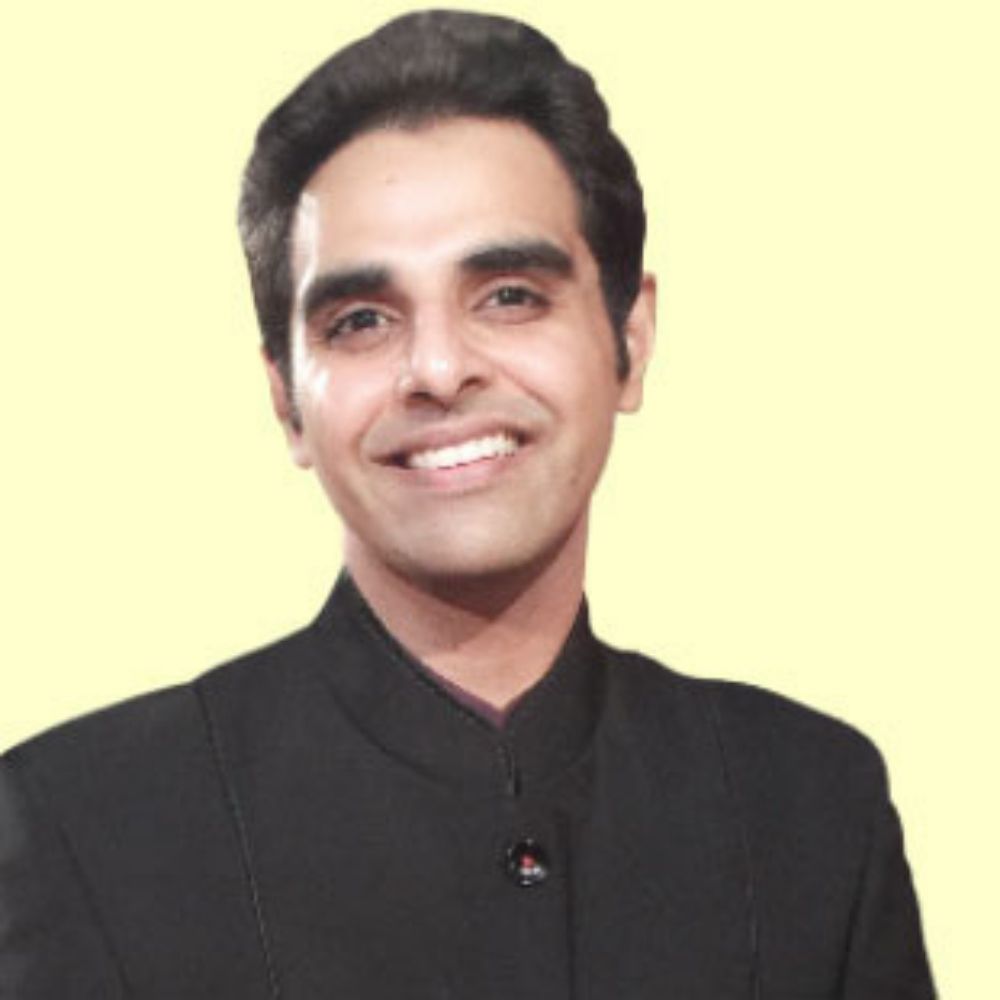
ANANT VIJAY SINGH,
PRODUCT LEAD,
PROTON
Anant Vijay Singh is the product lead at Proton, a fast-growing AI agent company focused on building autonomous systems for enterprise productivity. Previously, Singh worked on multimodal research and AI systems at Meta and Google, where he contributed to foundational products involving language and vision. At Proton, Singh drives the development of intelligent agents that can reason, plan, and take action across complex workflows. His approach blends applied machine learning with deep user empathy, creating tools that reduce friction in everyday tasks. Singh is viewed as a rising voice in the next wave of product-centric AI innovation, especially in how foundational models are translated into practical, usable systems for real-world work.

RYAN SNYDER,
SENIOR VP & CHIEF
INFORMATION OFFICER,
THERMO FISHER SCIENTIFIC
Ryan Snyder was named vice president and chief information officer for Thermo Fisher in January 2019 and promoted to senior vice president in July 2019. Previously, he served as vice president of IT for the Customer Channels and Pharma Services businesses as well as IT leader for Thermo Fisher’s quality and regulatory organizations. In those roles, he led the technology integration and development of the IT organization within Pharma Services following Thermo Fisher’s acquisition of Patheon. He has also helped to enhance the customer experience by scaling global IT systems and operations within the Customer Channels business and expanding their digital capabilities. Snyder joined Thermo Fisher in 2014 through the acquisition of Life Technologies, where he served in several IT leadership roles for 10 years, leading commercial, e-business, and digital IT teams. Before joining the company, he spent five years at General Electric leading business and IT teams.
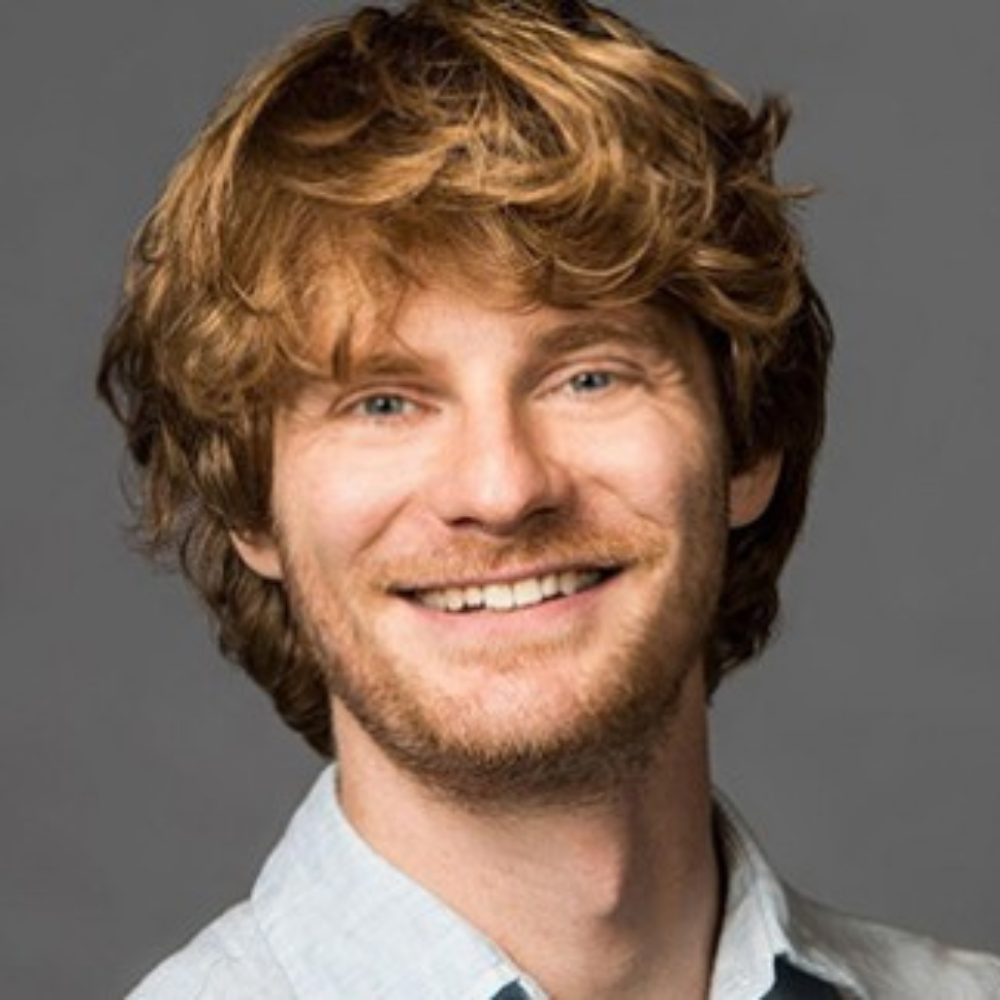
RICHARD SOCHER,
CEO, YOU.COM
Richard Socher is the CEO and founder of You.com, a privacy-focused AI search engine that integrates large language models and web results into a unified experience. Formerly chief scientist at Salesforce and an AI professor at Stanford, Socher is known for his work in natural language processing and computer vision. He cofounded the research lab MetaMind, which was acquired by Salesforce, and contributed to advances in contextual embeddings and machine translation. At You.com, Socher builds AI tools that prioritize user control, transparency, and speed—reimagining how we search and interact with information online.
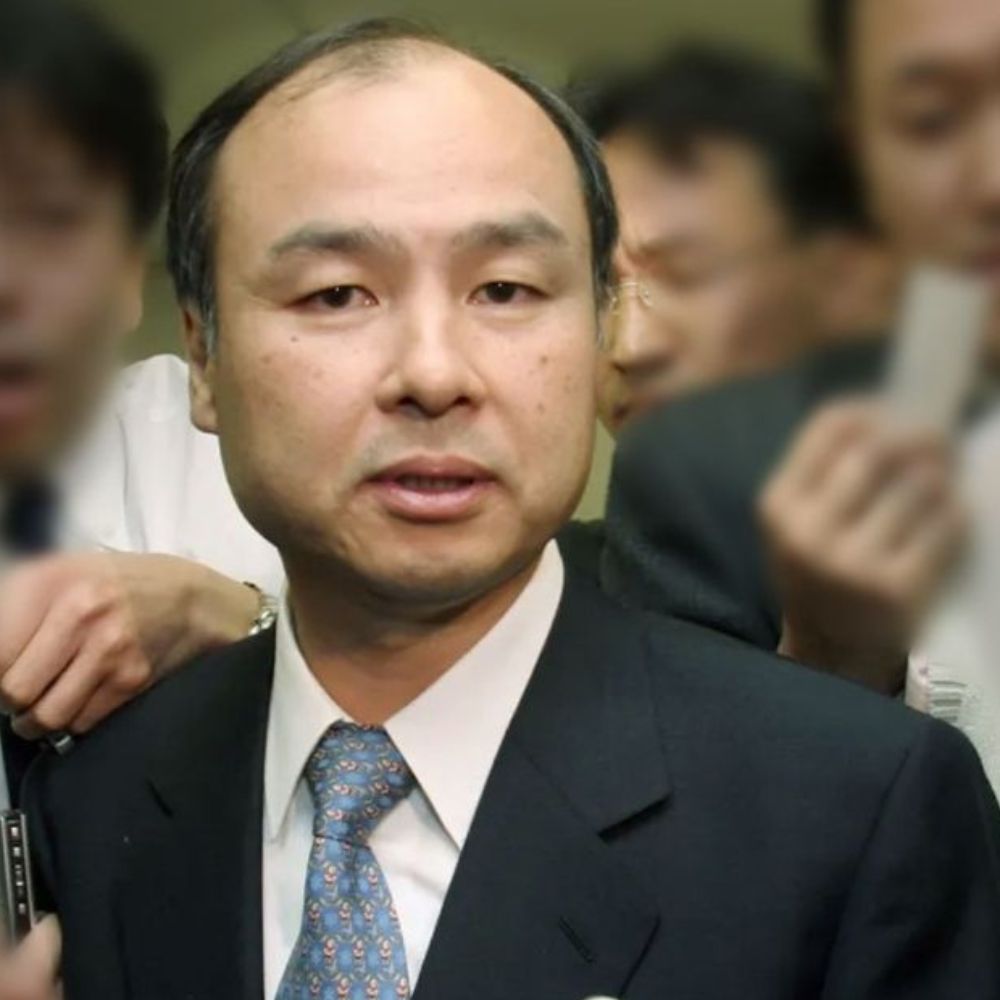
MASAYOSHI SON,
CHAIRMAN & CEO,
SOFTBANK
Masayoshi Son founded SoftBank Group in 1981 in Japan and grew it into an international conglomerate and investment giant, funding major start-ups across various industries, including AI, e-commerce, robotics, satellites, marketing, and finance. With a 29% stake in Softbank plus other investments, Son’s estimated net worth exceeds $17 billion.
SoftBank is part of a $500 billion joint venture announced in late January 2025 by Donald Trump with Oracle and OpenAI to build AI infrastructure in the United States. Son also owns SB OpenAI Japan, a joint venture with OpenAI CEO Sam Altman to bring artificial intelligence services to companies in Japan. As part of the agreement, Son will pay $3 billion to use OpenAI’s technology across SoftBank companies. He is also in talks to invest up to $43 billion in OpenAI, which would be the largest investment in a start-up ever, according to the Wall Street Journal.
Son, considered one of the world’s most powerful investors, has invested in various companies, including Uber, Yahoo!, DoorDash, Alibaba, WeWork.
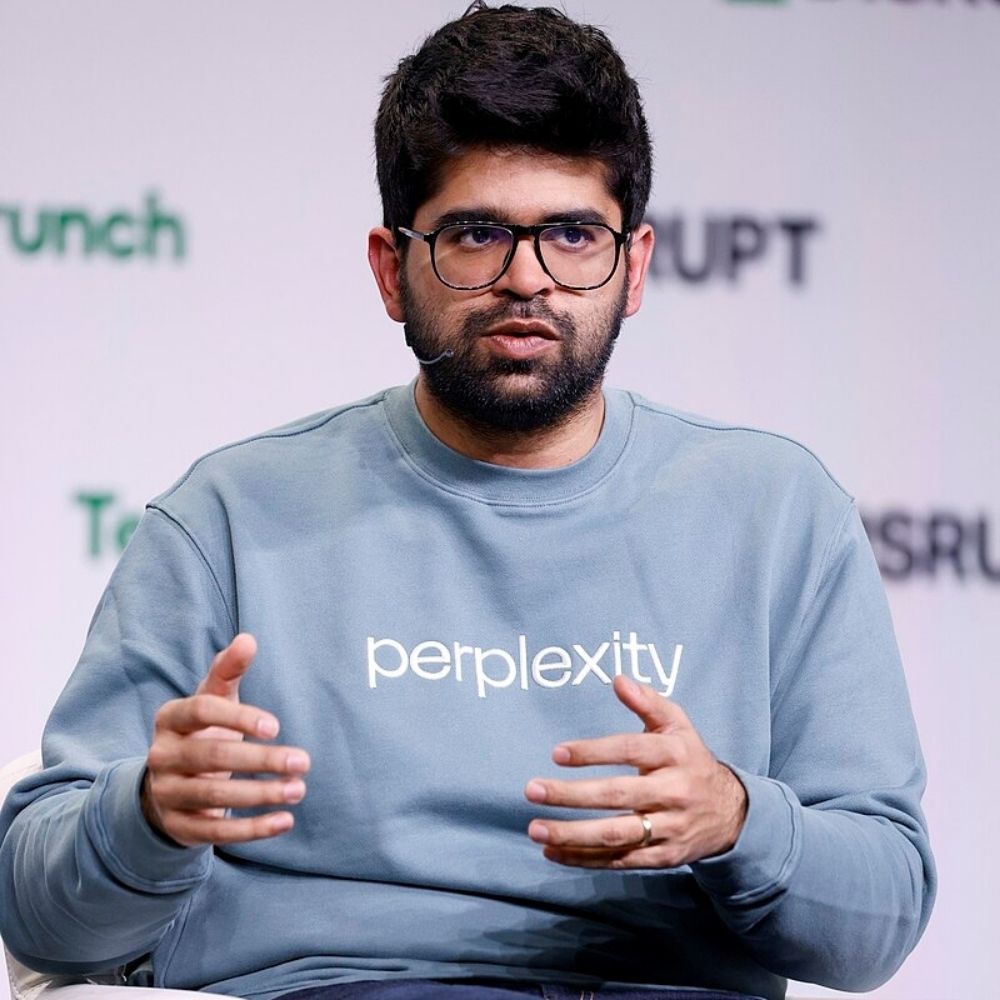
ARAVIND SRINIVAS,
CEO, PERPLEXITY
Aravind Srinivas is the cofounder and chief executive officer of Perplexity AI, a fast-growing, AI-powered search engine and question answering platform. A former research scientist at OpenAI, Srinivas has worked on some of the most impactful advancements in deep learning and natural language processing. He holds a Ph.D. from UC Berkeley, where he specialized in AI and machine learning.
At Perplexity, Srinivas aims to revolutionize the way people interact with information by offering direct, cited answers to user questions, combining large language models with real-time web search. The platform has become a favorite among researchers, developers, and casual users for its transparency and responsiveness. Srinivas is regarded as a rising star among AI entrepreneurs.
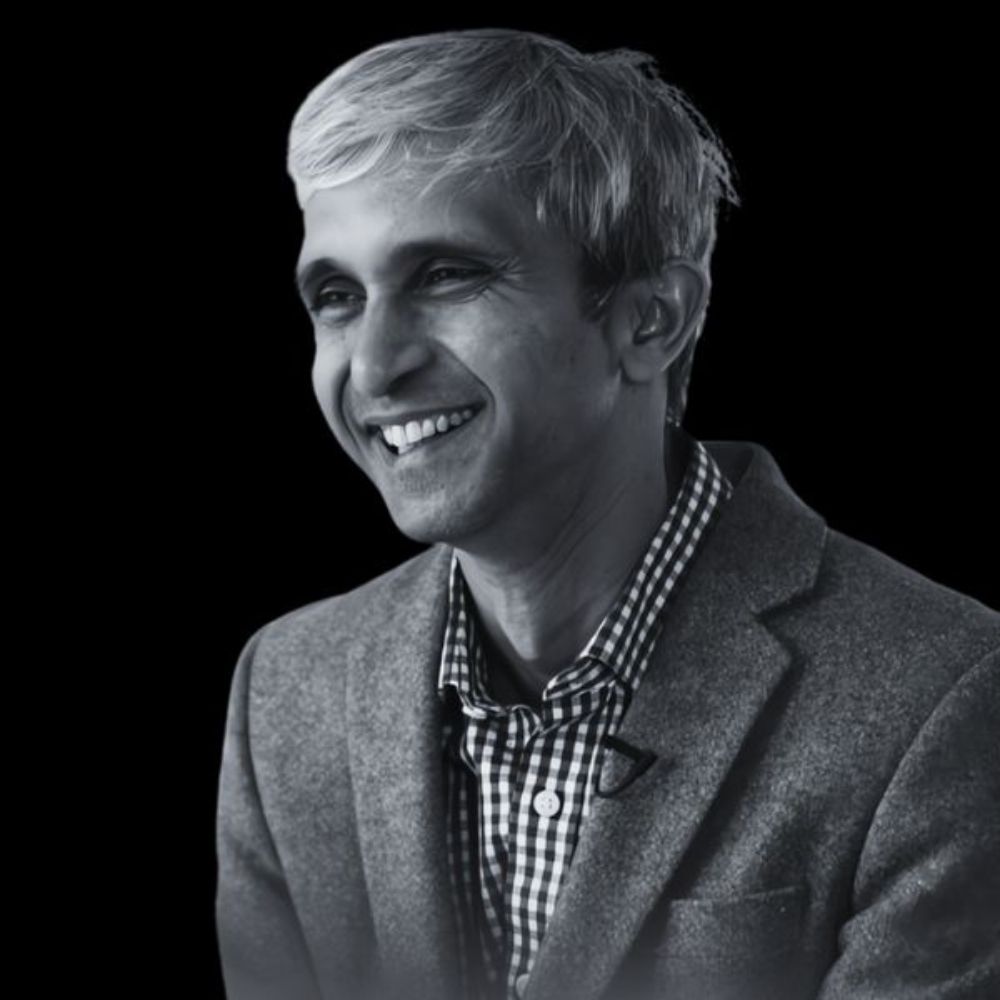
DEEP RATNA SRIVASTAV,
SVP & HEAD OF AI, FRANKLIN TEMPLETON
Deep Ratna Srivastav is the senior vice president and head of AI at Franklin Templeton, where she leads global AI and data strategy for the asset management firm. With a background spanning academia, government, and private sector R&D, Srivastav applies AI to portfolio optimization, market forecasting, and risk assessment. She is also a champion of ethical AI in financial services, pushing for systems that are transparent, interpretable, and rigorously validated.
Her cross-disciplinary perspective enables her to connect quantitative modeling with human insight, driving Franklin Templeton’s transformation into an AI-native investment firm.
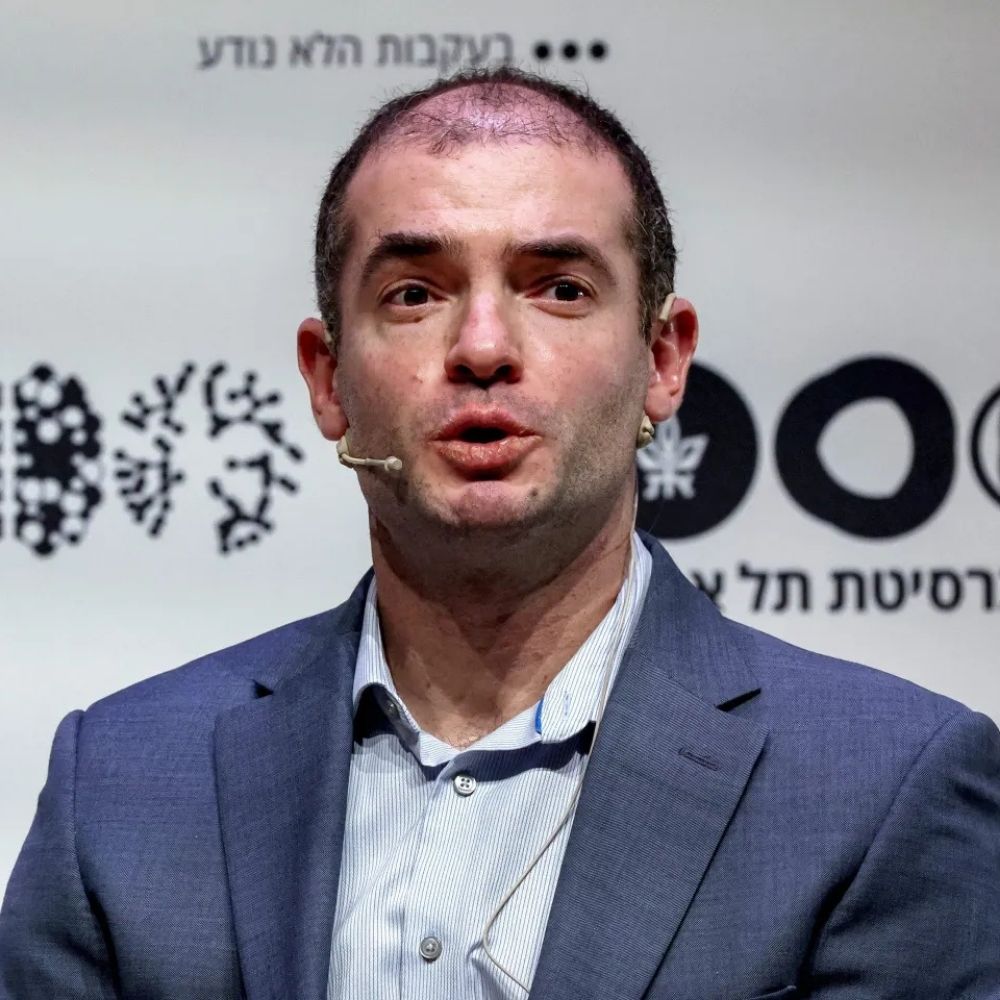
ILYA SUTSKEVER,
COFOUNDER, SAFE SUPERINTELLIGENCE
Ilya Sutskever is a cofounder of Safe Superintelligence, a research collective dedicated to advancing AI alignment and ensuring the long-term safety of powerful models.
He also cofounded OpenAI, where he served as chief scientist, driving landmark projects such as GPT-2, GPT-3, and DALL-E. Before OpenAI, Sutskever was a key member of Google Brain, contributing foundational work on sequence-to-sequence learning and generative modeling.
He earned his Ph.D. under Geoffrey Hinton at the University of Toronto, producing seminal papers on deep learning. Sutskever’s current efforts at Safe Superintelligence focus on rigorous safety research, creating protocols and frameworks to guide the development of artificial general intelligence in ways that are robust, transparent, and aligned with human values.
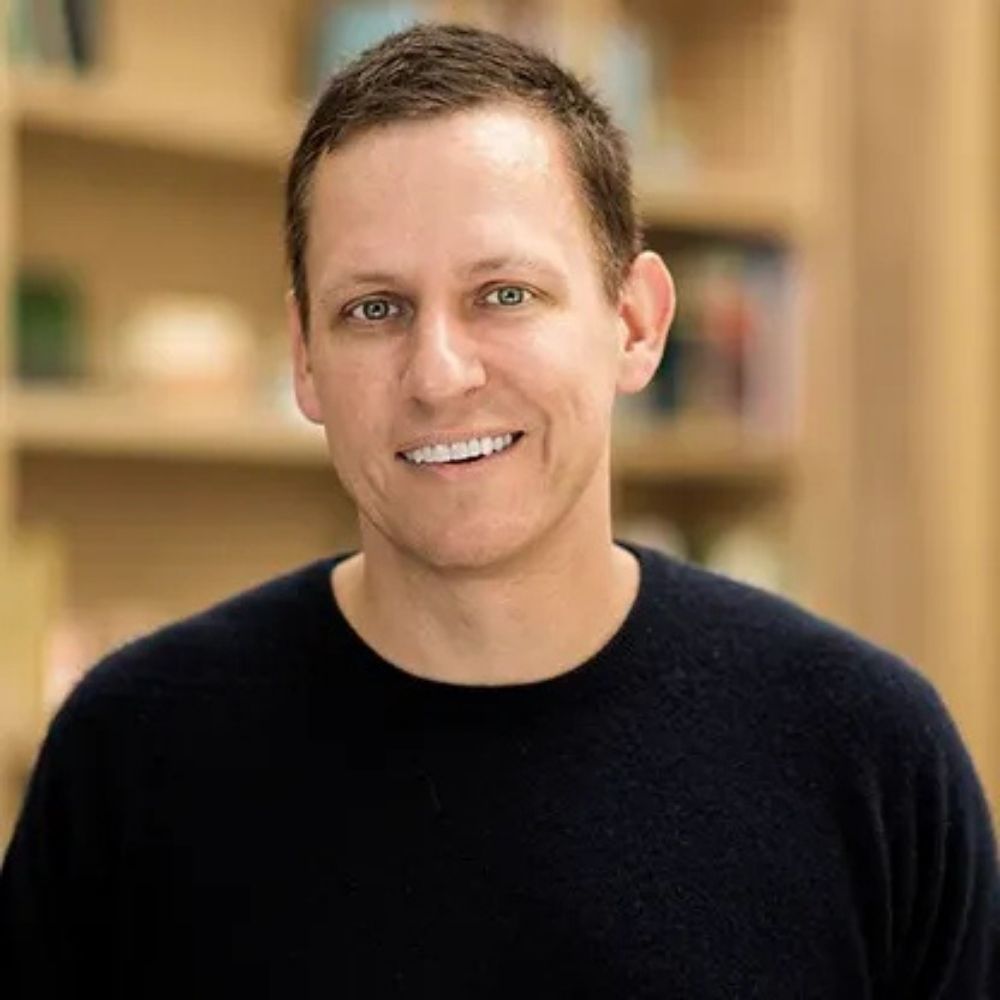
PETER THIEL,
COFOUNDER, FOUNDERS FUND
Peter Thiel is a major player in the race to develop AI technologies with profound societal impacts. He funds companies creating advanced AI systems that solve complex problems, often replacing human effort or transforming existing processes.
He has invested in start-ups using cutting-edge approaches to machine learning, natural language processing (NLP), robotics, and other AI fields. Through Founders Fund, he backs companies pushing AI’s boundaries and developing future game-changers.
These include Palantir Technologies, a data analytics leader using AI to extract insights from massive datasets, especially in government and enterprise sectors.
He also supports LocoMobi World, which applies AI to optimize traffic flow and reduce congestion. Ambarella develops chips enabling real-time video and image data processing for AI-driven applications such as security cameras, drones, and automotive systems. Anduril Industries combines AI, machine learning, and robotics to deliver advanced defense technologies like autonomous drones and border surveillance.
Thiel seeks companies that not only improve systems but disrupt industries, create new markets, and tackle global challenges in defense, healthcare, energy, and transportation.
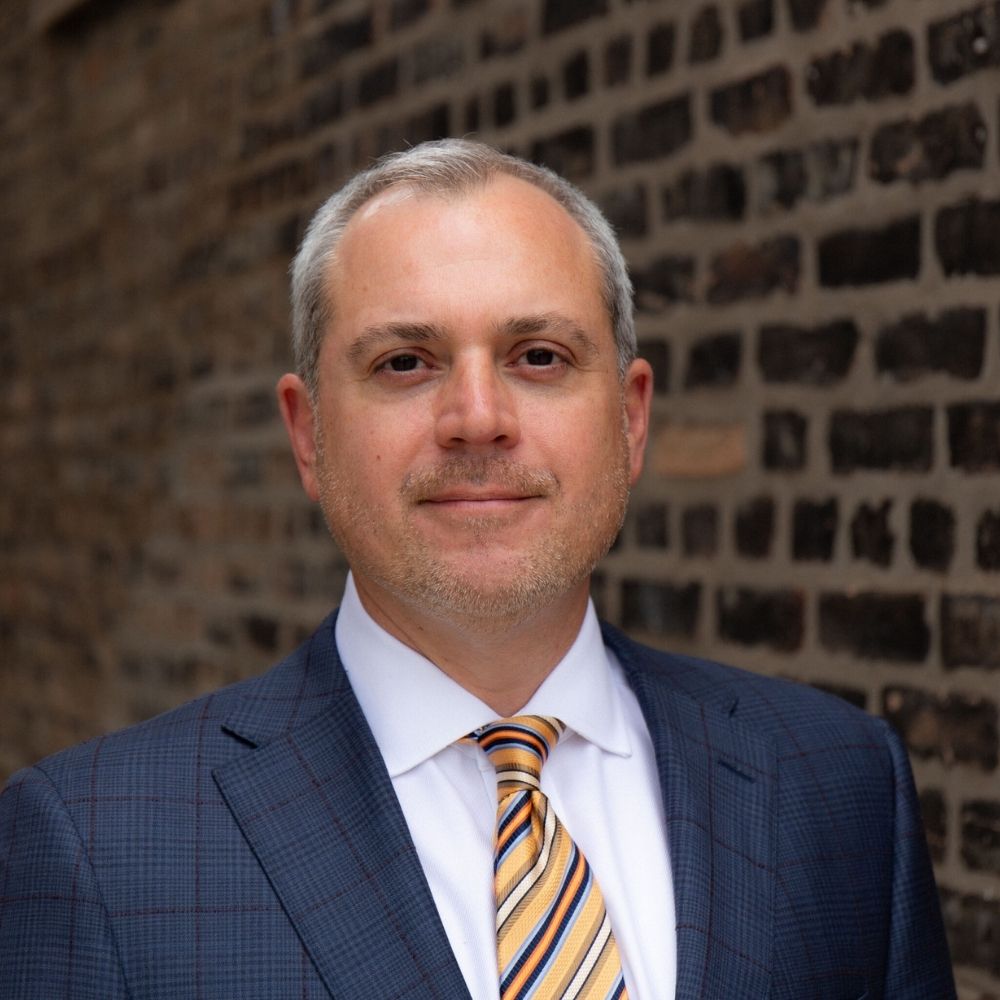
MATT TOPIC,
PARTNER, LOEVY & LOEVY
Attorney Matt Topic is a leader in Freedom of Information Act (FOIA) and other laws and is known for his work on government transparency, data access, and accountability in the age of AI.
He has represented journalists and watchdog groups in high-profile cases, including the one that released the Laquan McDonald video, a turning point in police reform.
As AI technologies increasingly intersect with government operations, from policing algorithms to procurement, Topic’s work ensures public oversight is not lost. He advocates for robust disclosure policies and has contributed to legal frameworks governing how data-driven systems affect civil liberties. His efforts help anchor emerging AI policy in democratic accountability and transparency.
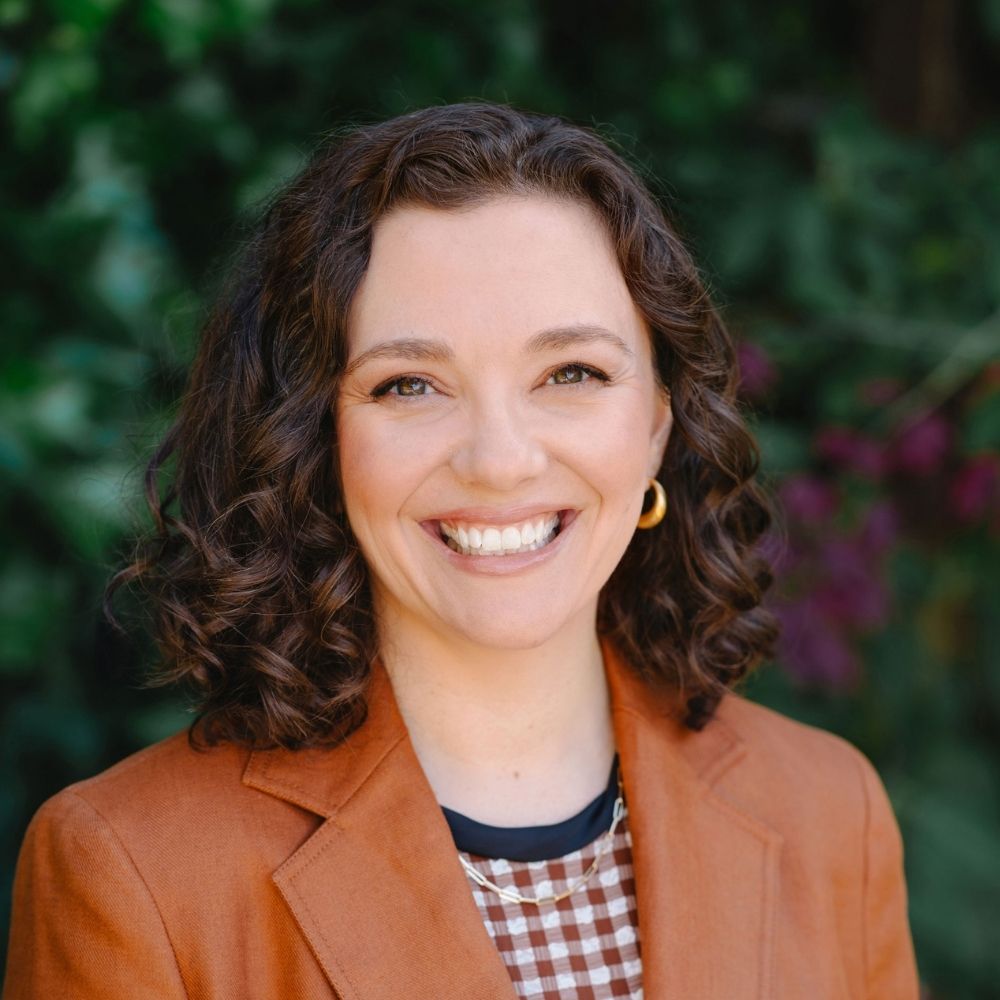
CARI TUNA,
PRESIDENT, OPEN PHILANTHROPY
Cari Tuna is the cofounder and chair of the philanthropic organizations Good Ventures and Open Philanthropy. She is married to Facebook and Asana cofounder Dustin Moskovitz. Tuna and Moskovitz were included in the 2025 Time 100 Philanthropy list for their “data-focused approach to direct funds to causes where they can do the most good.” Tuna studied political science at Yale University. After graduation, she became a reporter for the Wall Street Journal and covered such topics as enterprise technology and corporate management. In 2011, Tuna quit her job to focus on philanthropy full-time. She is currently the chair of Good Ventures, a foundation she cofounded with her husband, and the chair of Open Philanthropy, which began as a partnership between Good Ventures and GiveWell. Now a philanthropic advisor and funder focused on cost-effective, high-impact giving, Tuna also serves on the board of GiveWell. Since its founding, Open Philanthropy has directed more than $4 billion in grants across a variety of focus areas, including global health, scientific research, pandemic preparedness, potential risks from advanced AI, and farm animal welfare.
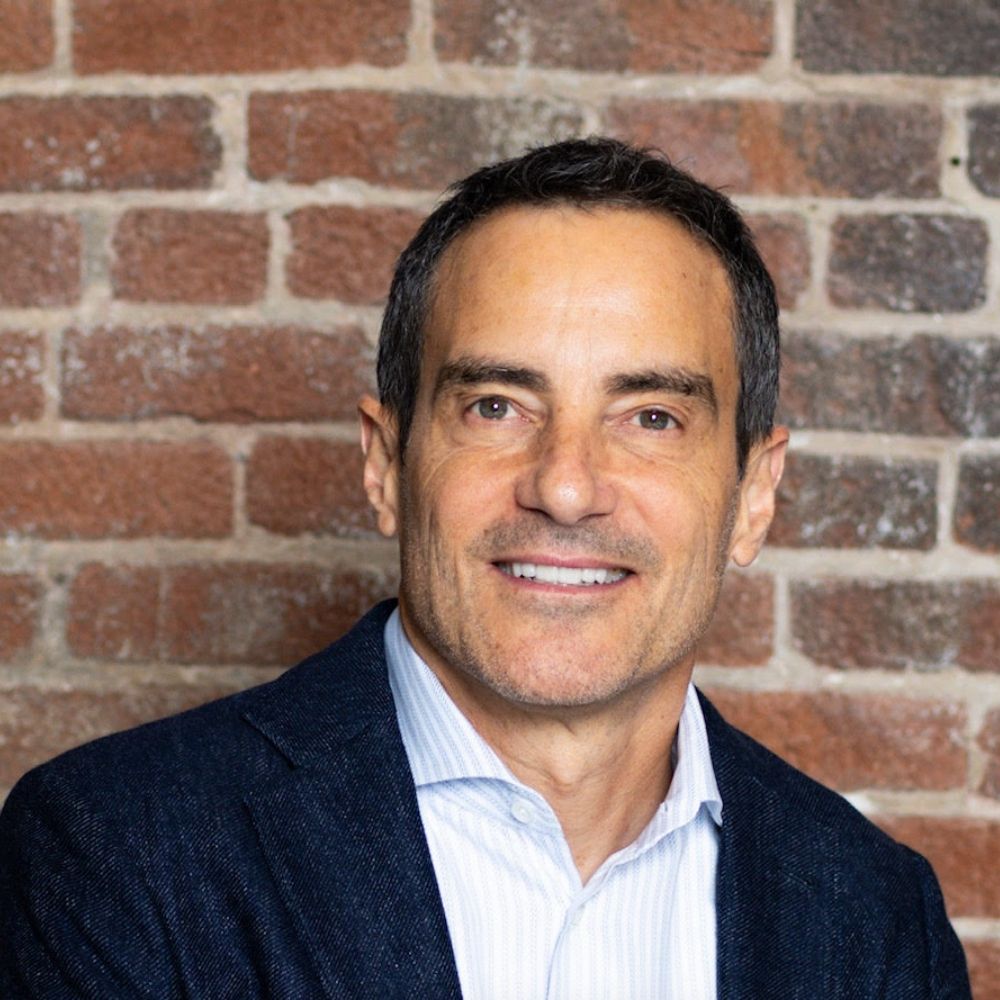
COLIN WIEL,
COFOUNDER & CEO, QURRENT
Colin Wiel is a seasoned technology entrepreneur with three successful exits, including an IPO. His latest start-up, Qurrent, transforms enterprises by custom-building AI agents to automate core workflows. These agents are built on the Qurrent operating system, a software framework that enables rapid development and deployment, provides enterprise-grade security and reliability, and provides observability into the decisions and actions that each agent takes. Wiel’s previous ventures include Mynd, a tech-enabled platform for single-family rental investments, named the fastest-growing Bay Area company in 2020, and Waypoint Homes, which leveraged AI to become the first company to scale single family rental, acquiring over $3.5 billion and acquiring and managing over 17,000 homes before going public on the NYSE. Recognized for his innovations in AI, Wiel holds multiple patents, has earned a spot on Goldman Sachs’ Top 100 Most Innovative Entrepreneurs, and was named Ernst & Young Entrepreneur of the Year in 2014.
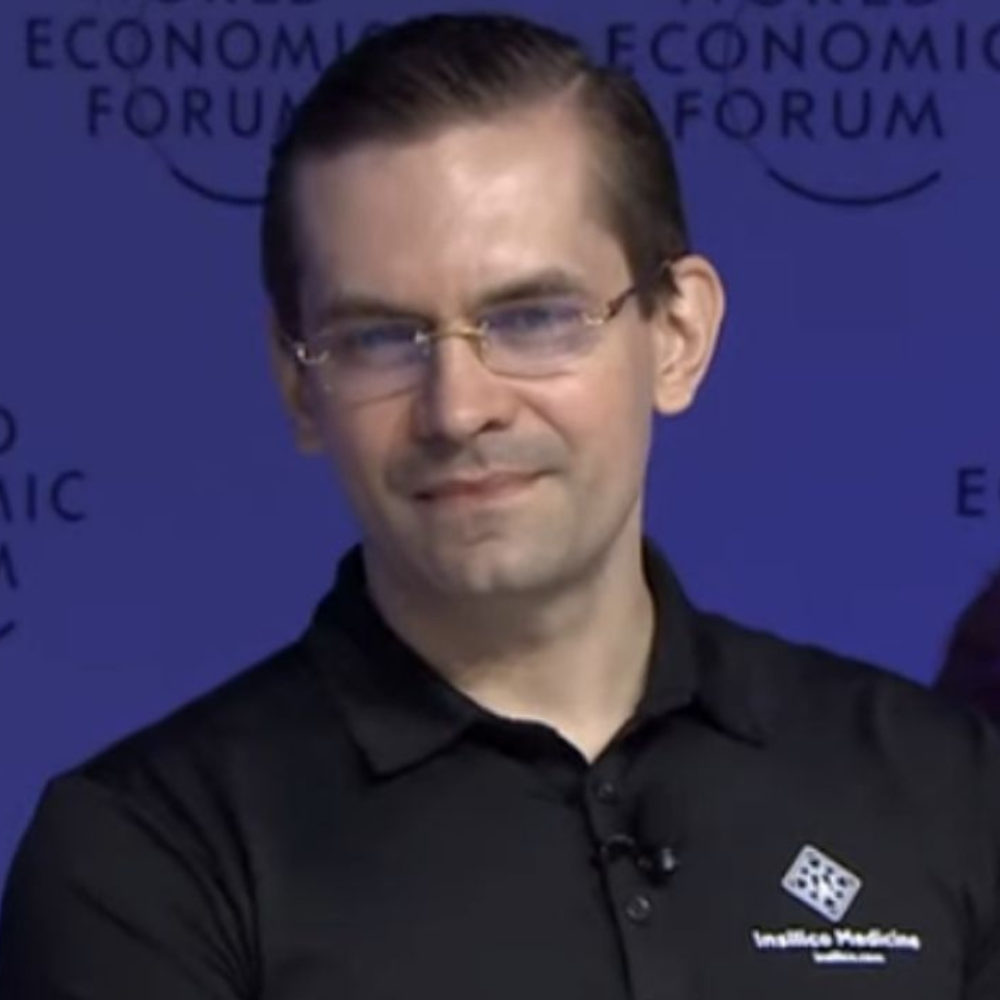
ALEX ZHAVORONKOV,
FOUNDER & CEO, INSILICO MEDICINE
Alex Zhavoronkov, Ph.D., is the founder and CEO of Insilico Medicine, a biotechnology company using generative AI to accelerate drug discovery and development. With a background in computer science and biophysics, Zhavoronkov pioneered the use of AI for target identification, molecular generation, and clinical trial design. Under his leadership, Insilico has developed its own AI platform and brought multiple preclinical assets to development pipelines globally. He is also a prolific author on longevity science and AI in healthcare, frequently speaking on how generative models can compress timelines and costs in pharma. Zhavoronkov’s work sits at the intersection of cutting-edge machine learning and real-world biomedical application.
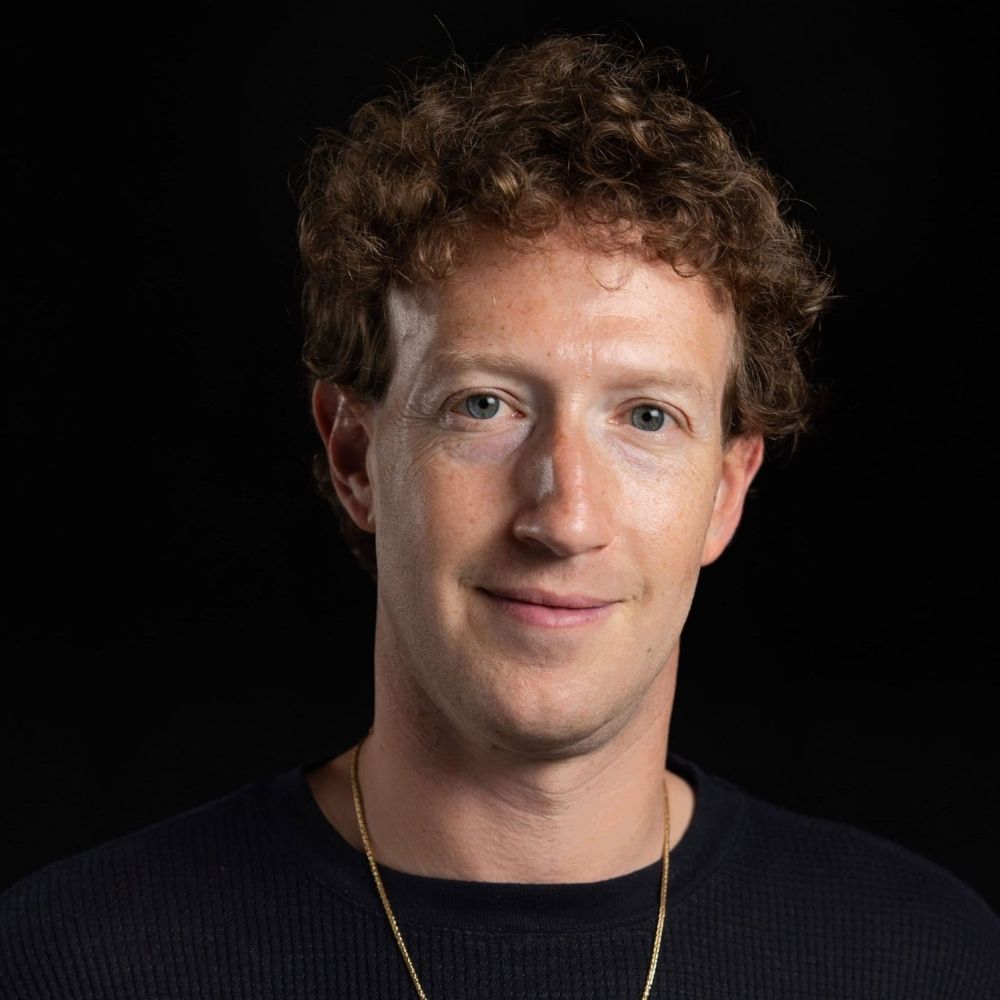
MARK ZUCKERBERG,
CEO, META
Mark Zuckerberg is the founder, chairman, and CEO of Facebook, responsible for setting overall direction and product strategy. In 2021, Facebook rebranded to Meta to reflect all the products and services across its family of apps and a focus on developing social experiences for the metaverse—moving beyond 2D screens toward immersive experiences like augmented and virtual reality to help build the next evolution in social technology. In 2015, Zuckerberg and hiw wife, Priscilla, cofounded the Chan Zuckerberg Initiative (CZI) to help solve some of society’s toughest challenges, from eradicating disease and improving education to addressing the needs of our local communities. He serves as its CEO. Zuckerberg studied computer science at Harvard University before moving to Palo Alto in 2004. At Meta Connect 2021, Mark stated, “We believe the metaverse will be the successor to the mobile internet. We’ll be able to feel present, like we’re right there with people, no matter how far apart we actually are. We’ll be able to express ourselves in new, joyful, completely immersive ways, and that’s going to unlock a lot of amazing new experiences.”
